Songbirds
Northern Pygmy Owl
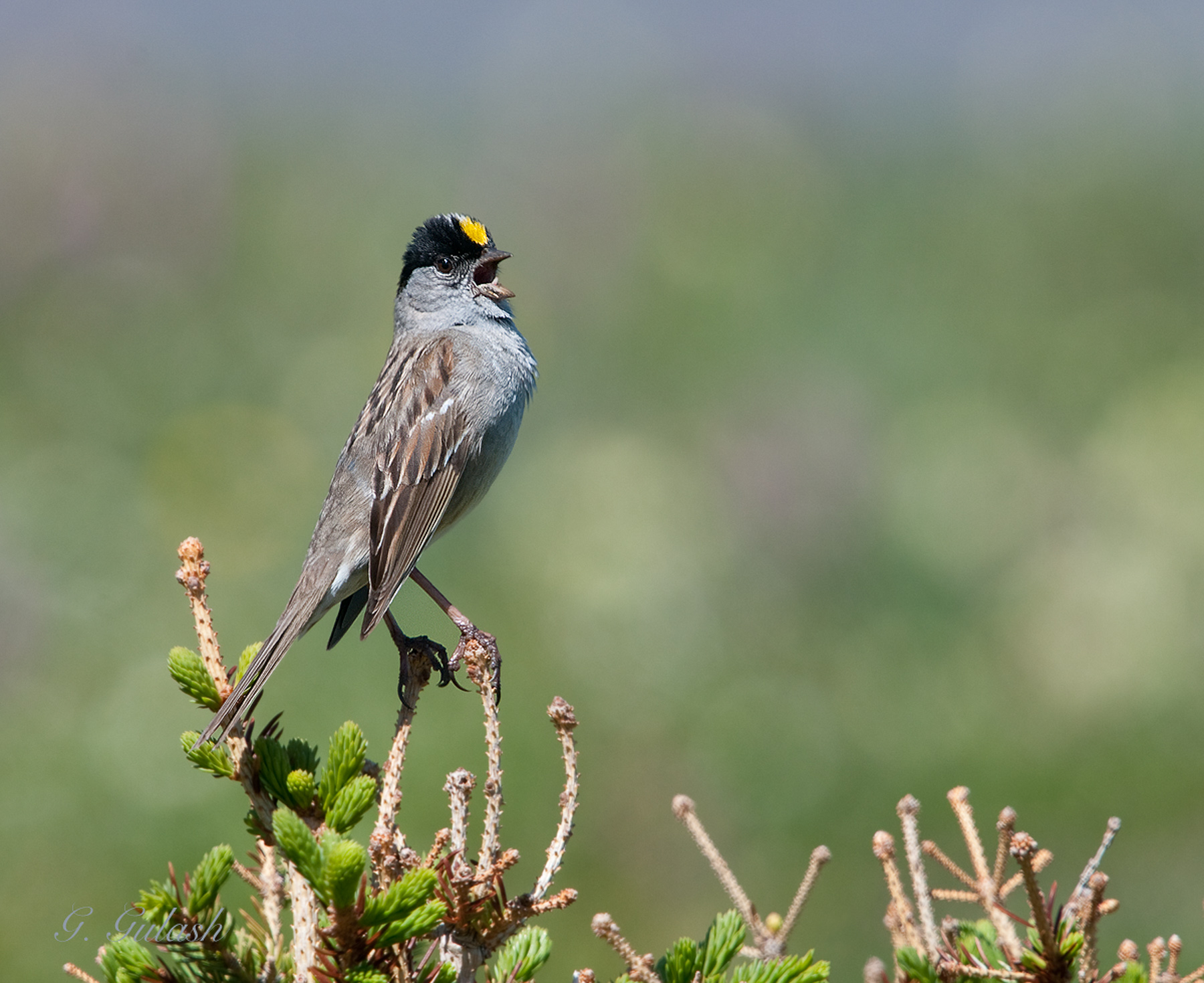
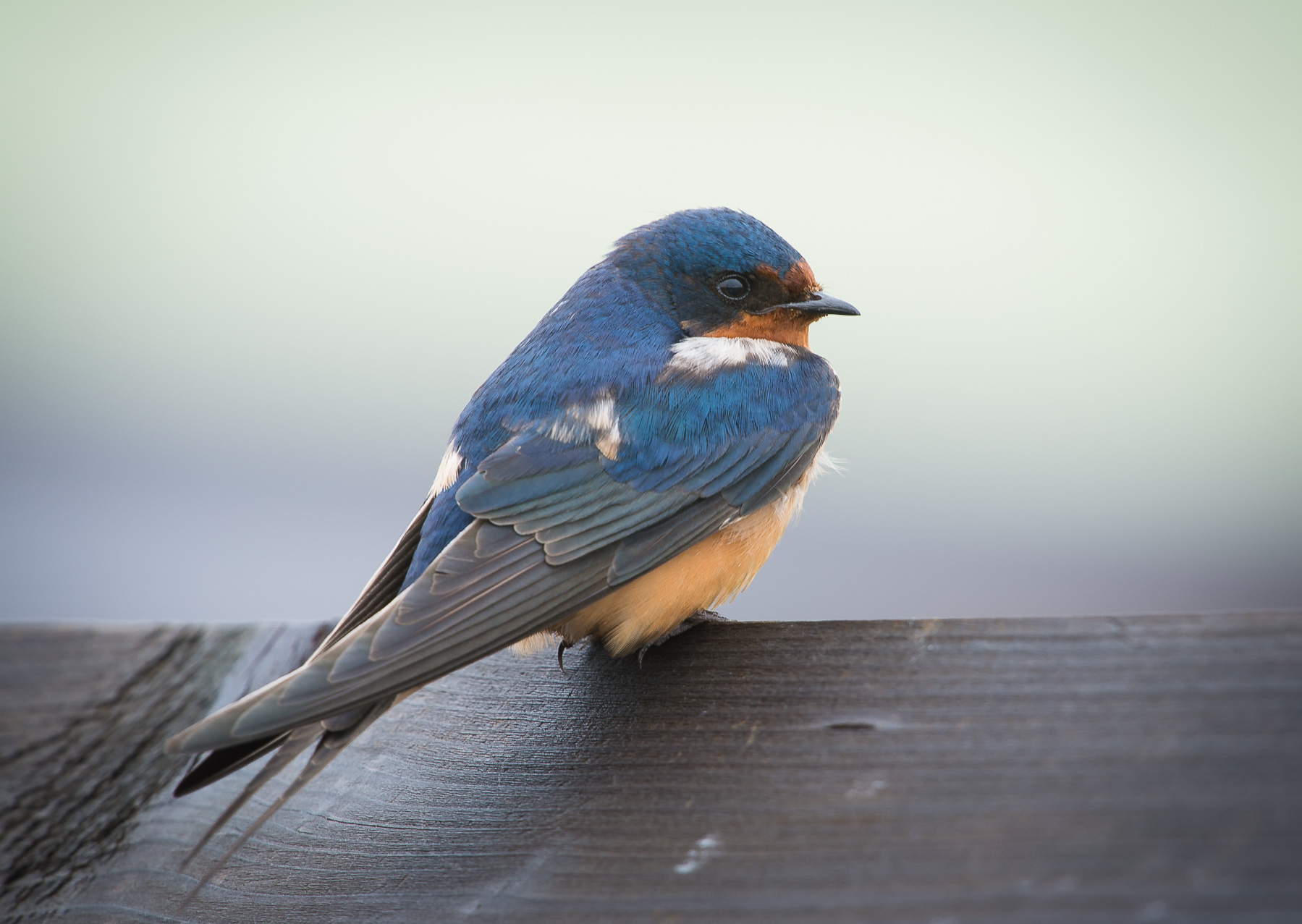
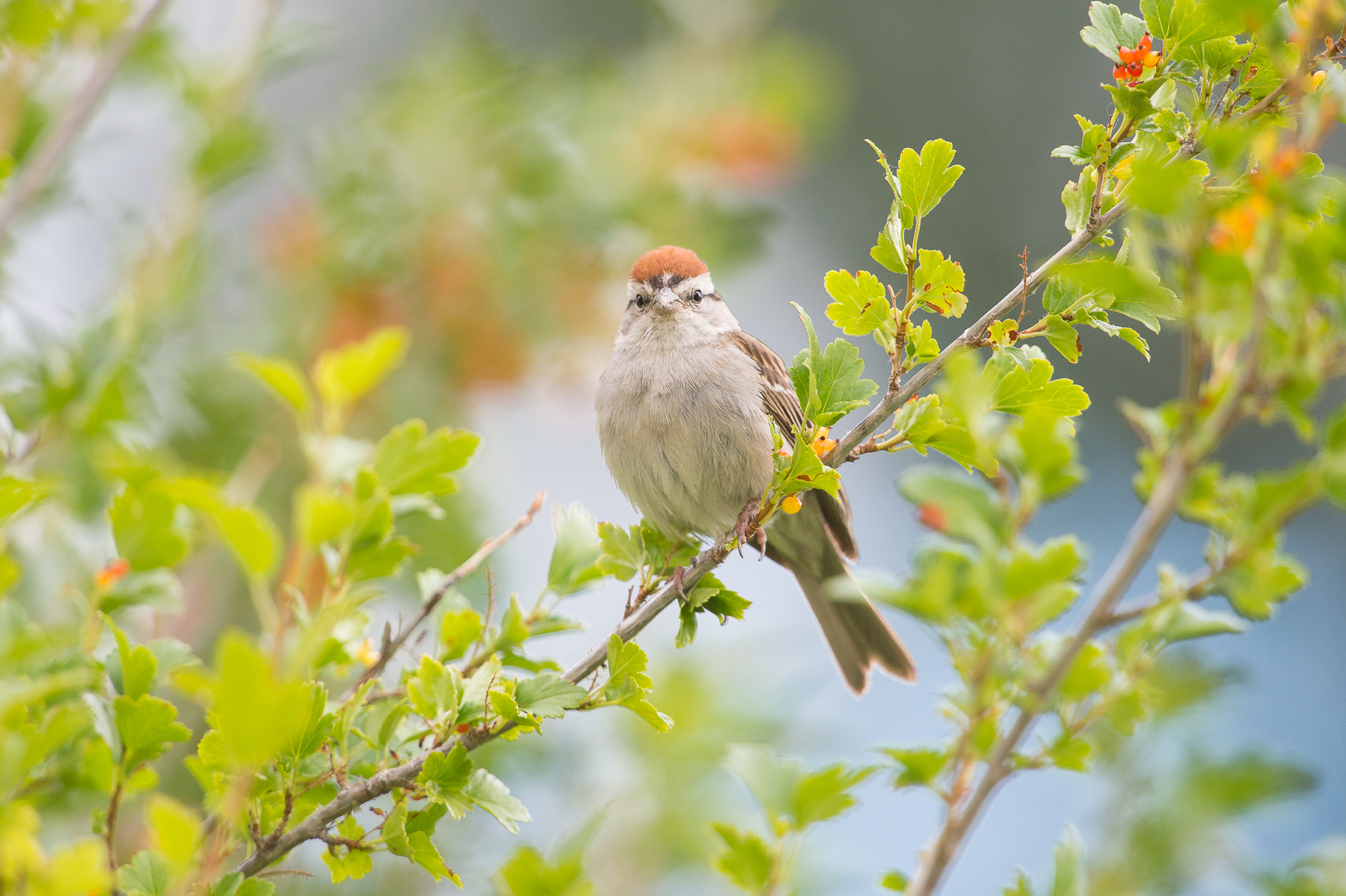
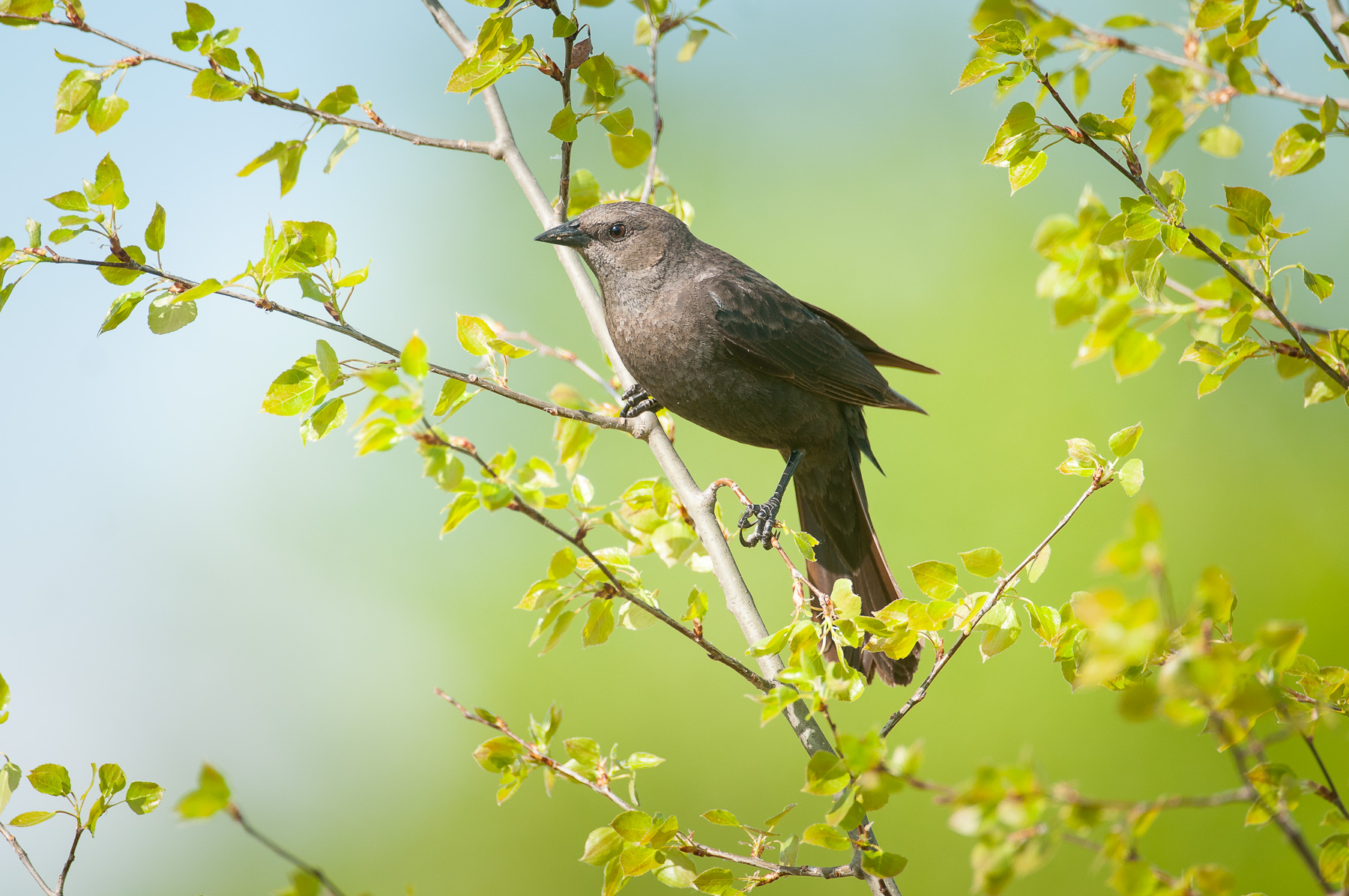
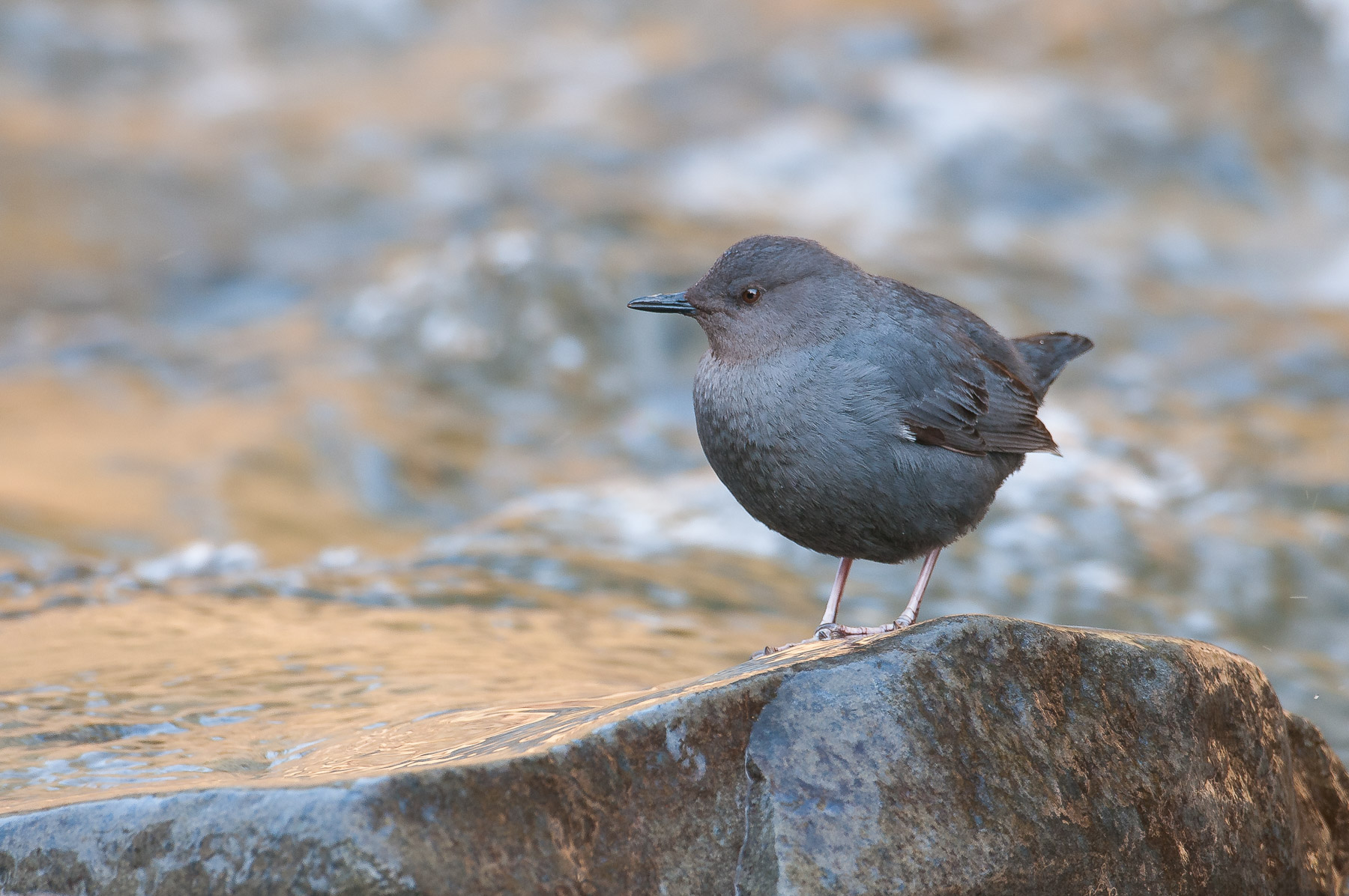
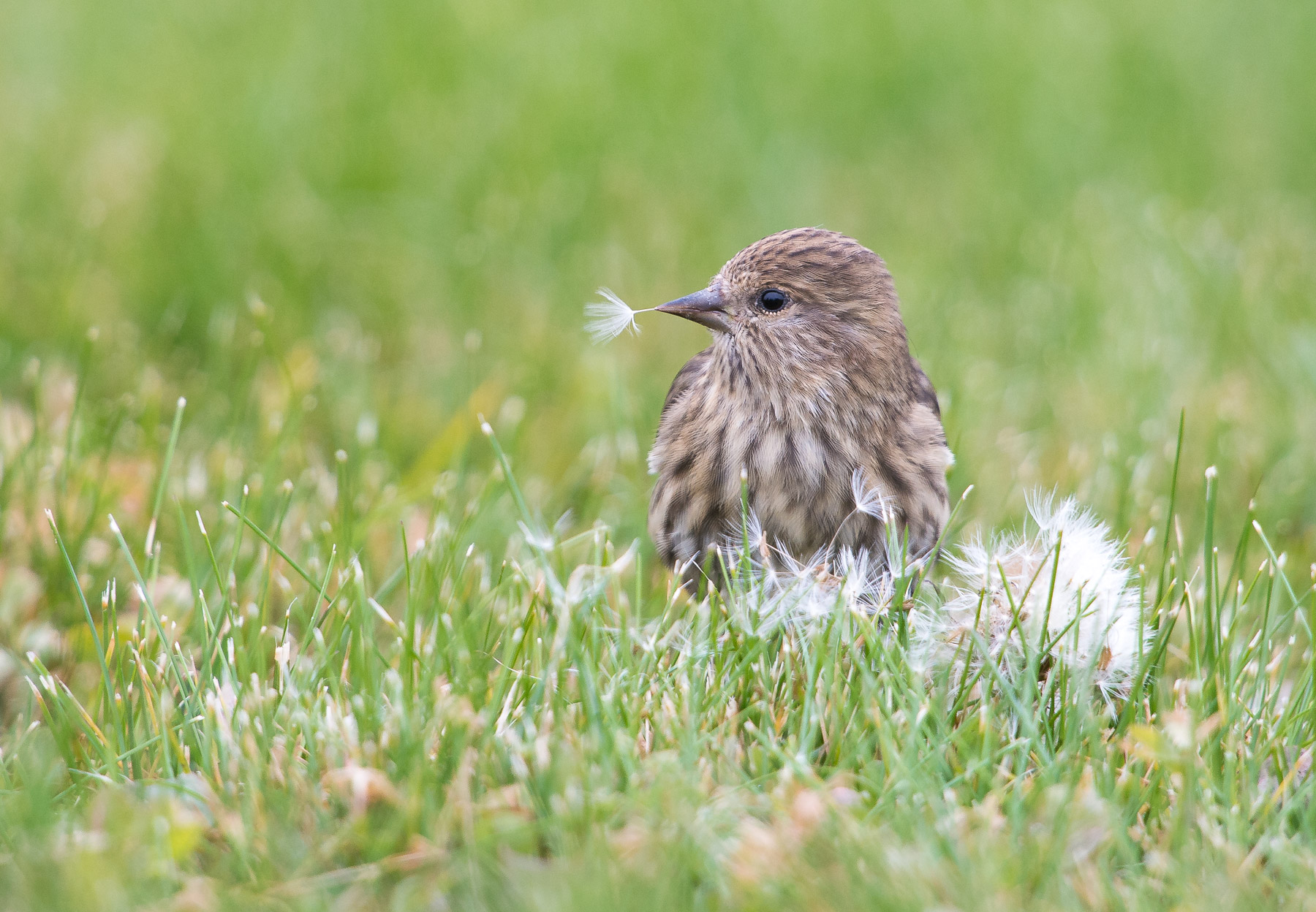
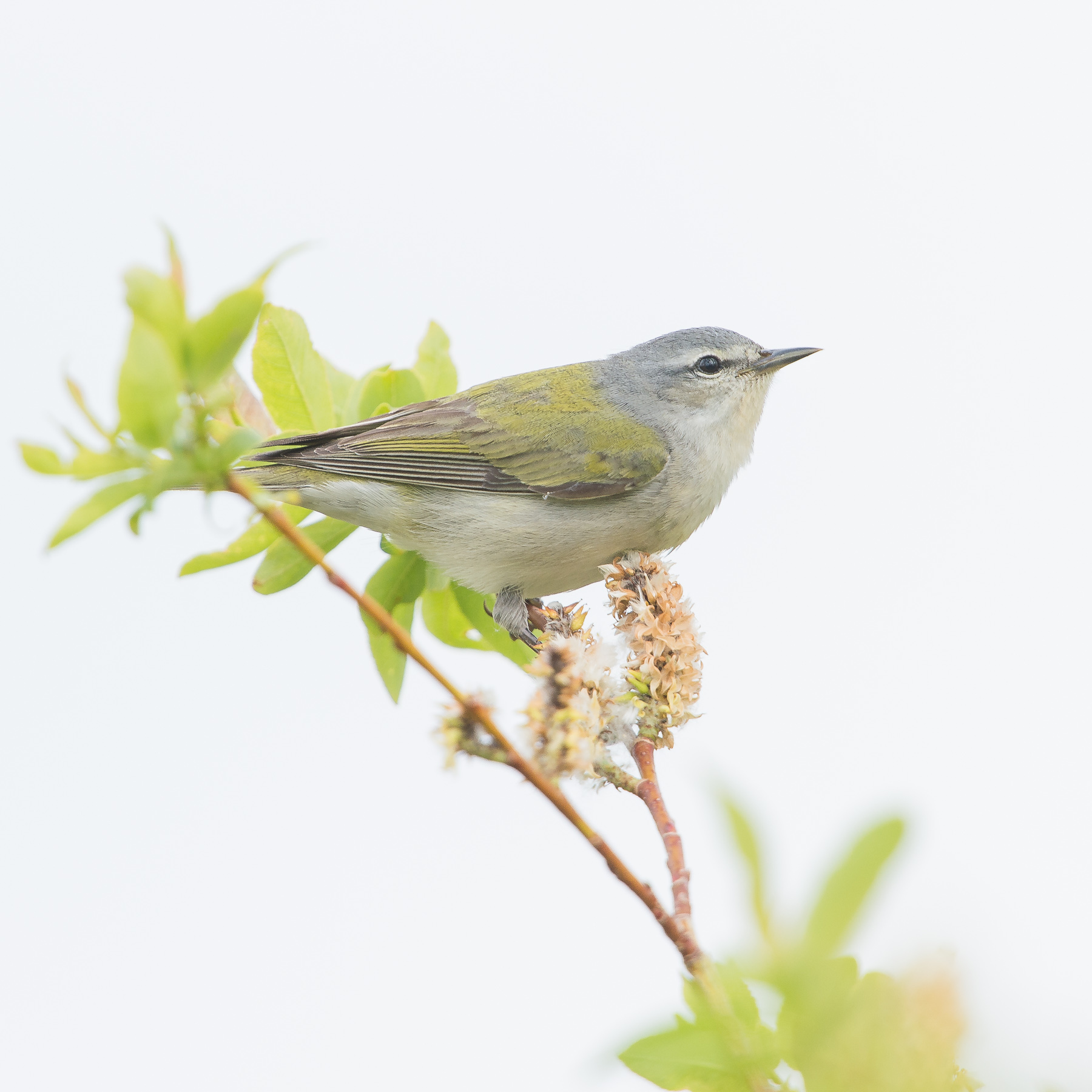
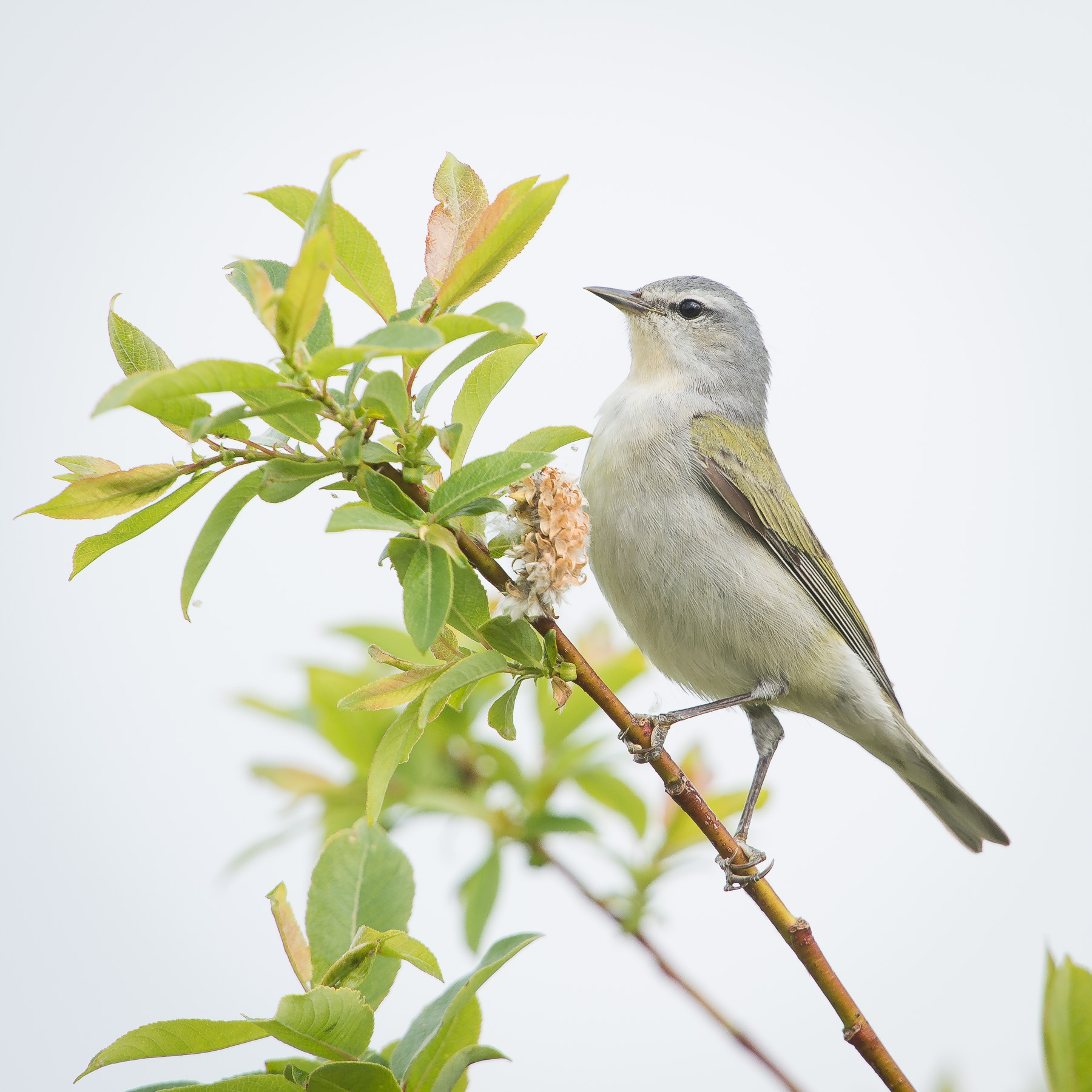
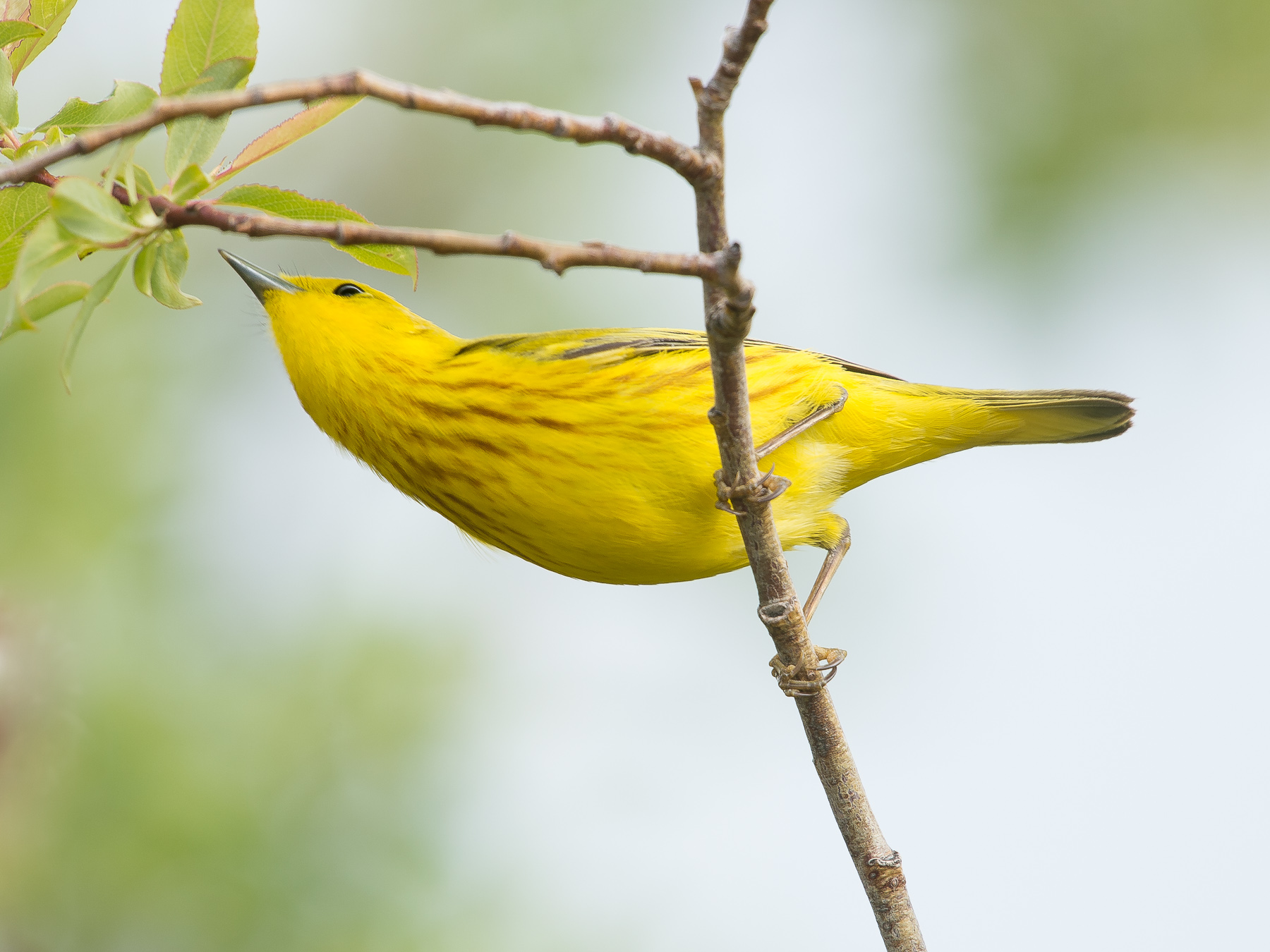
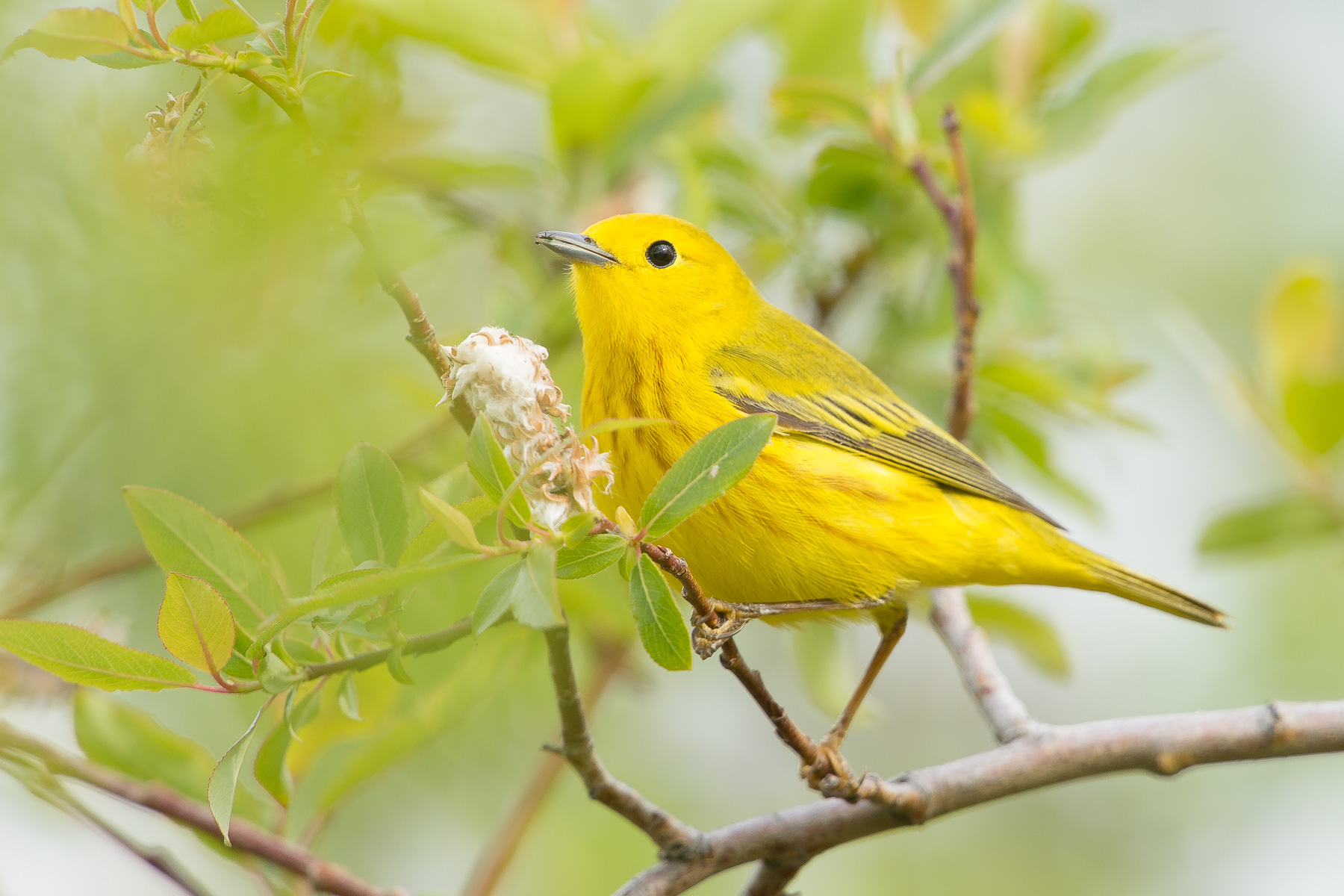
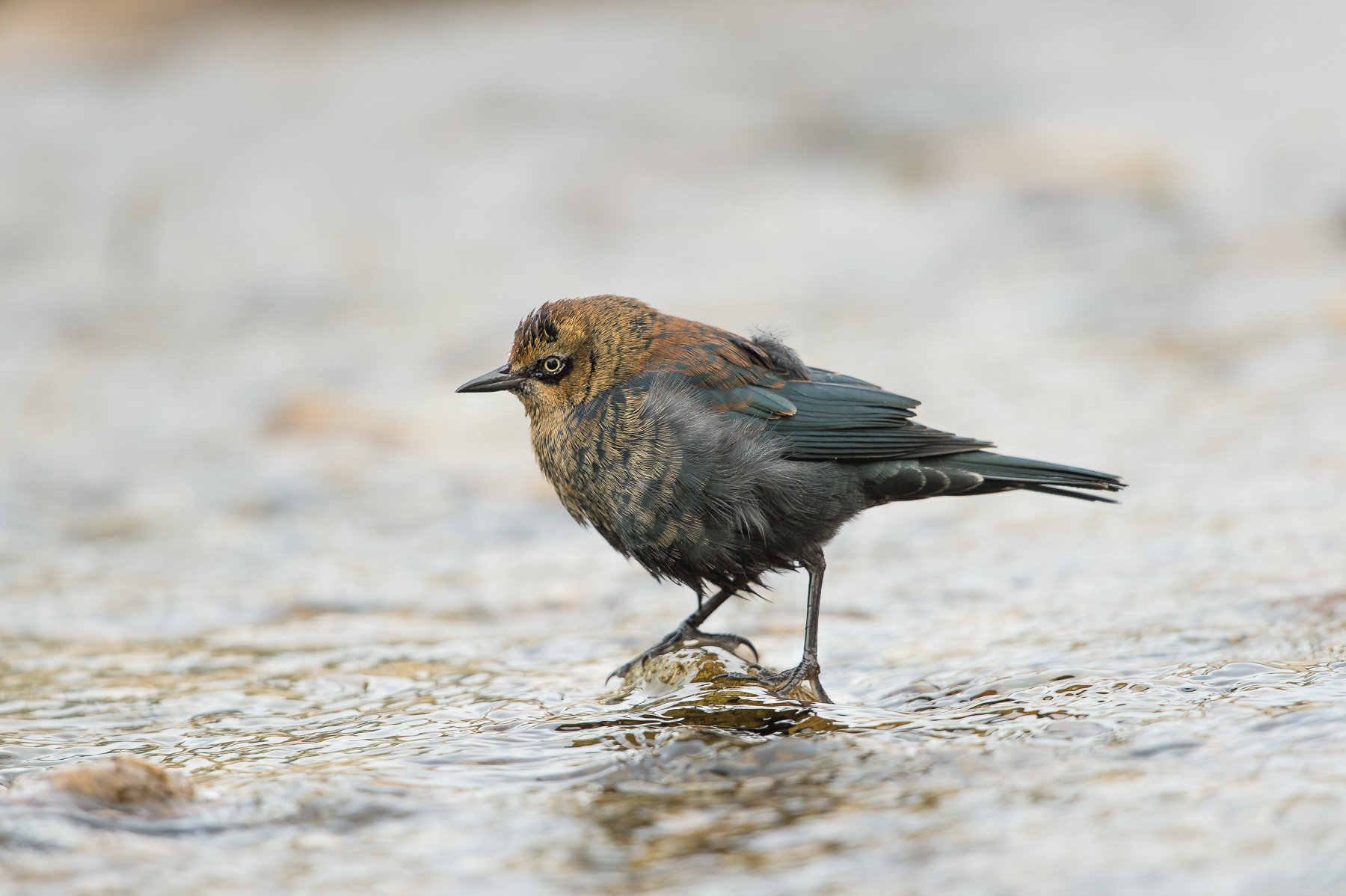
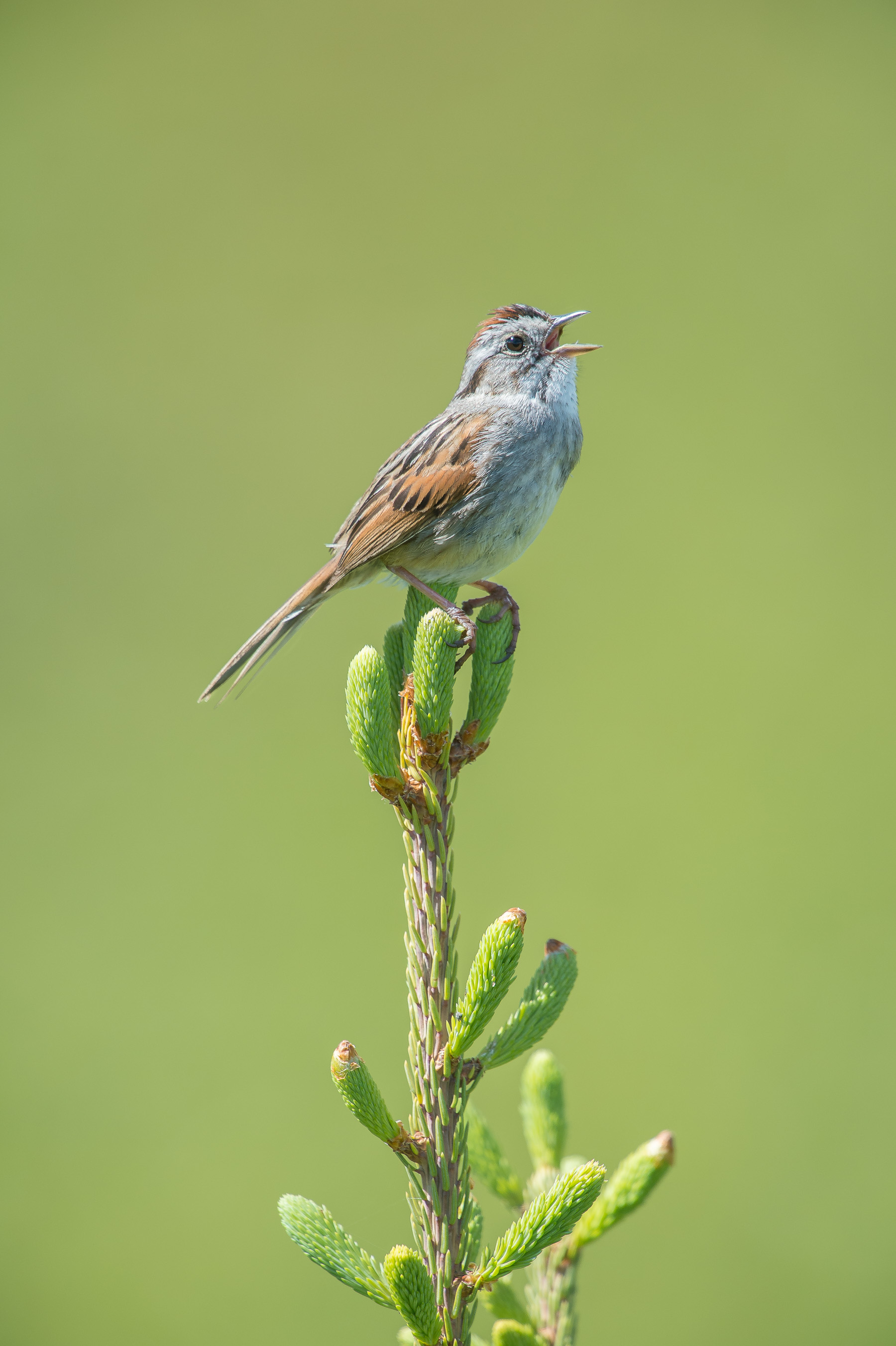
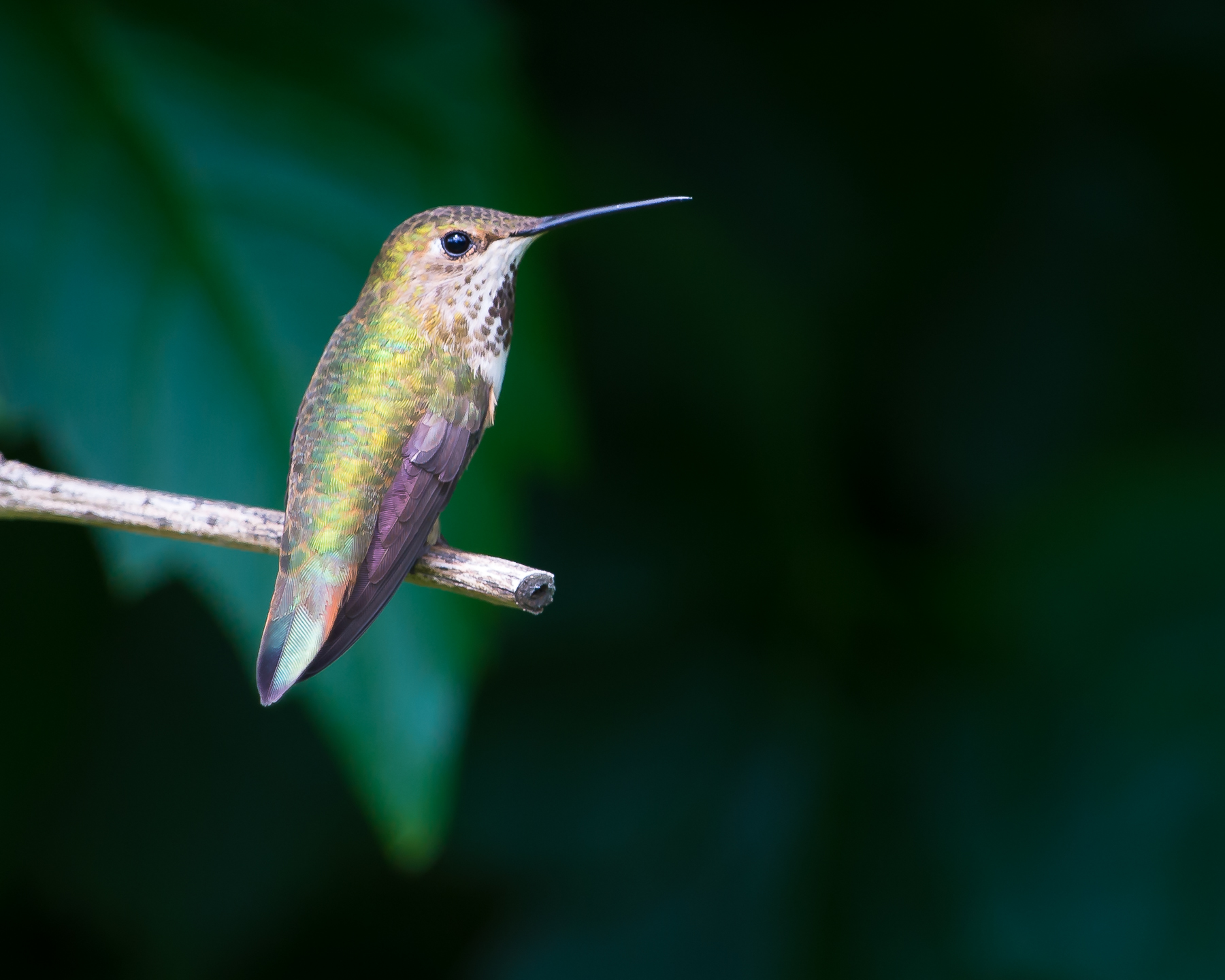
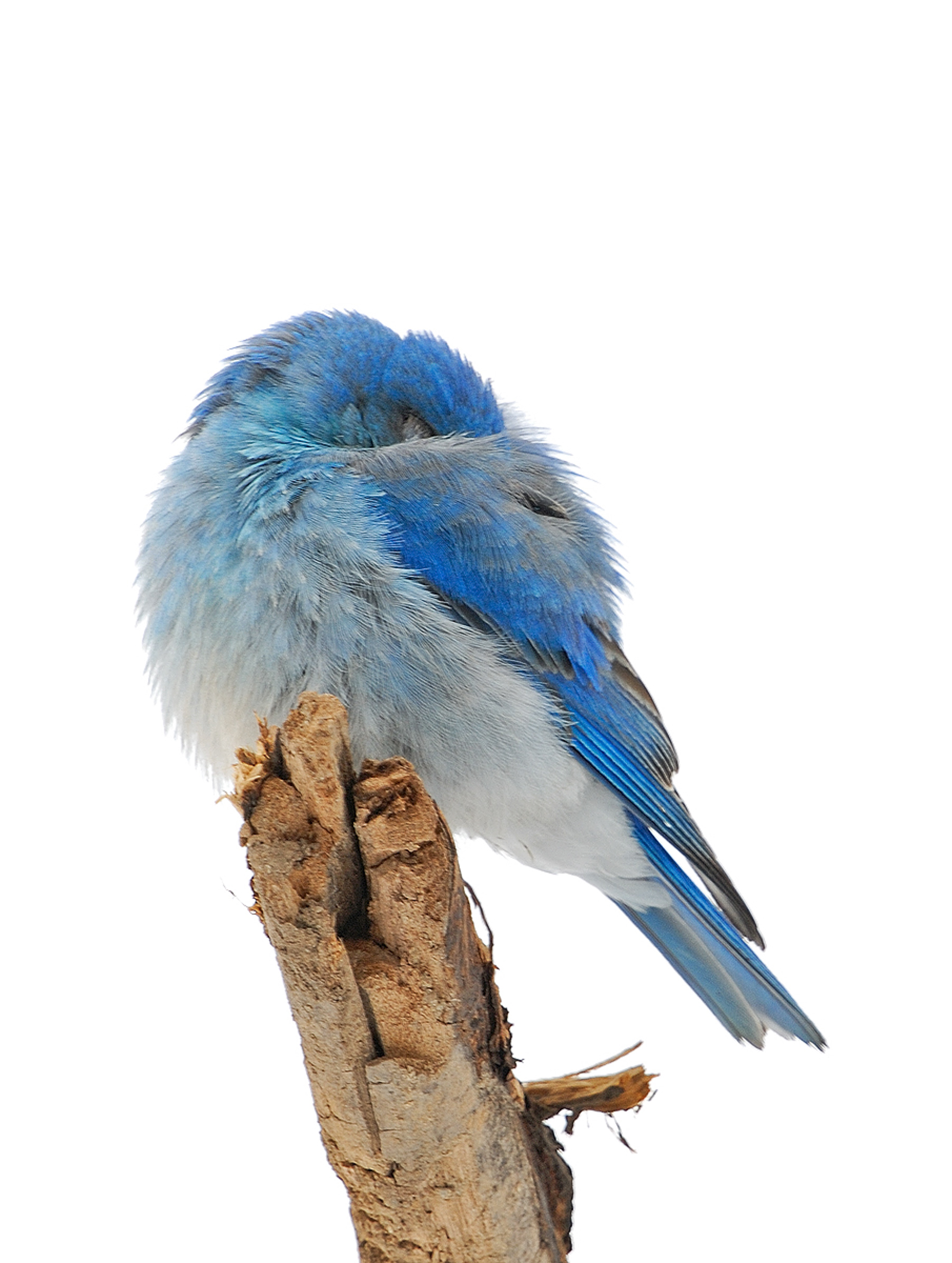
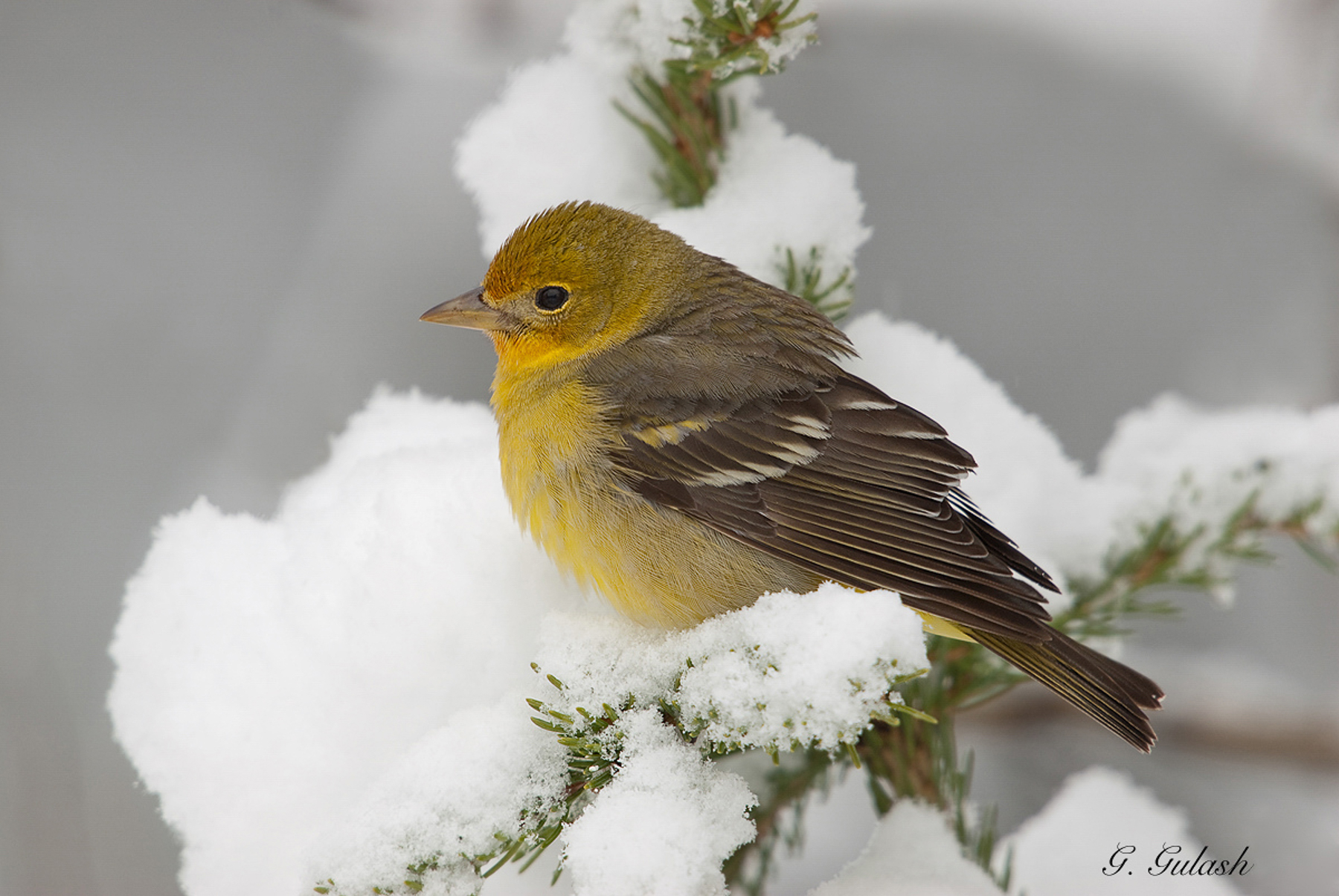
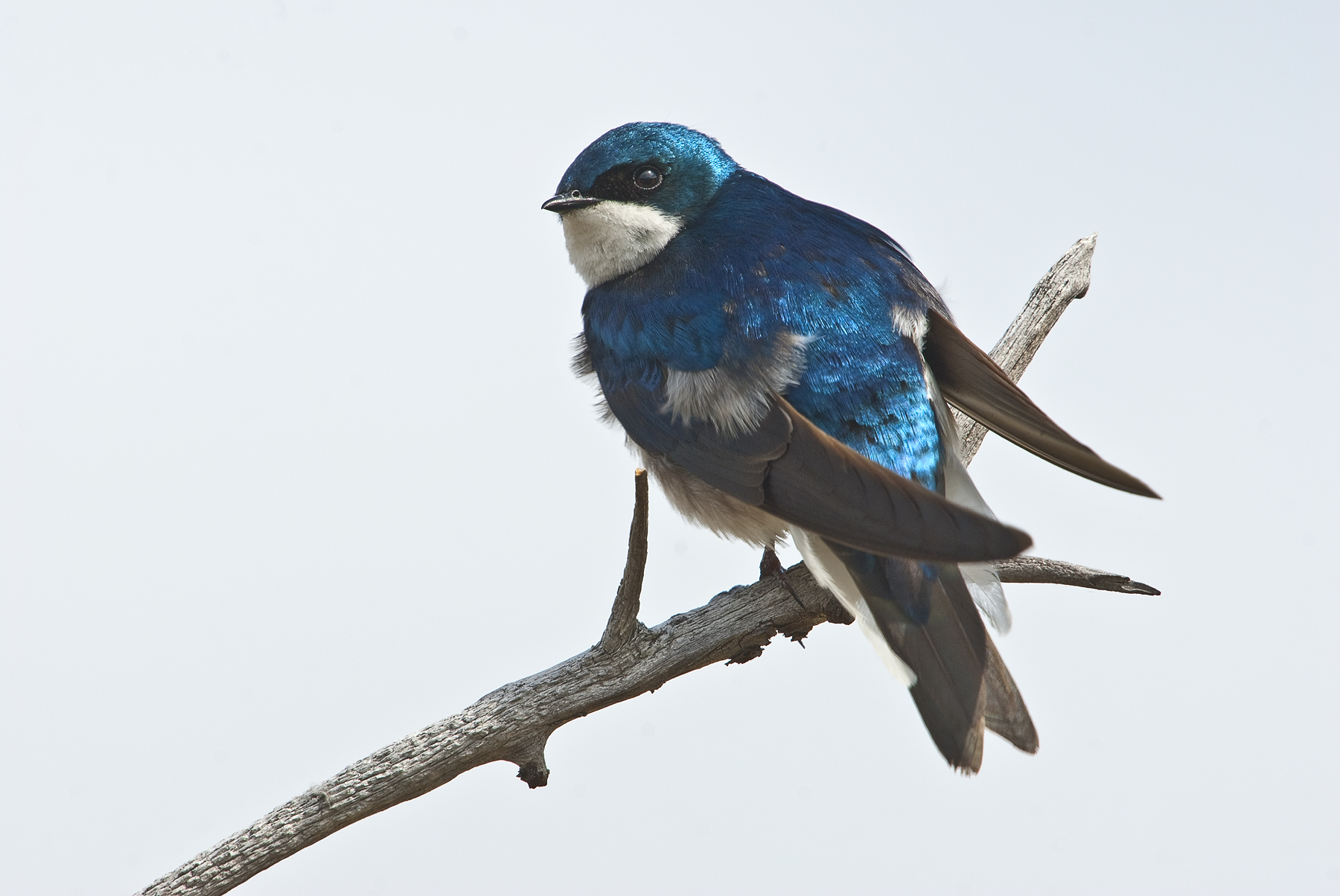
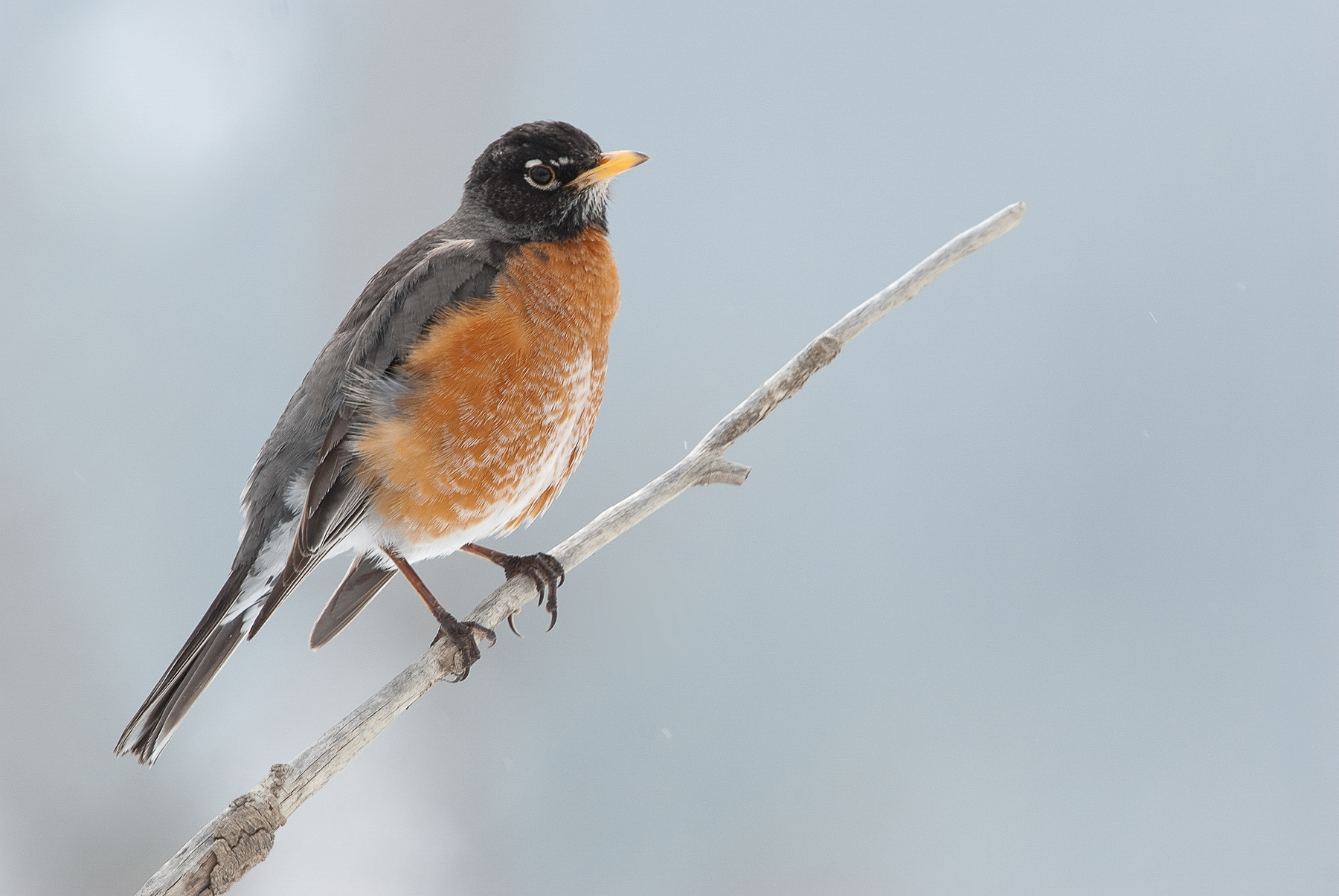
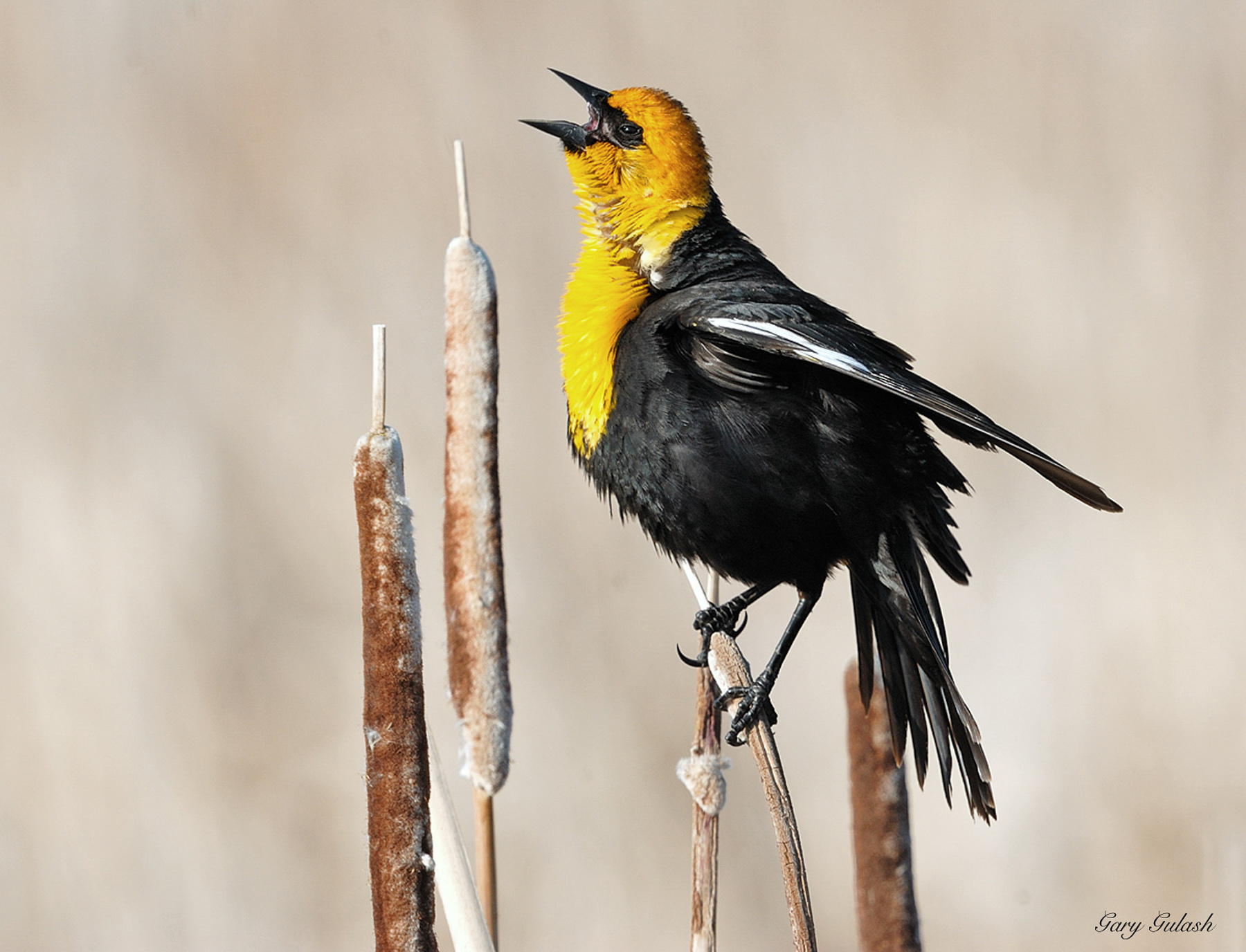
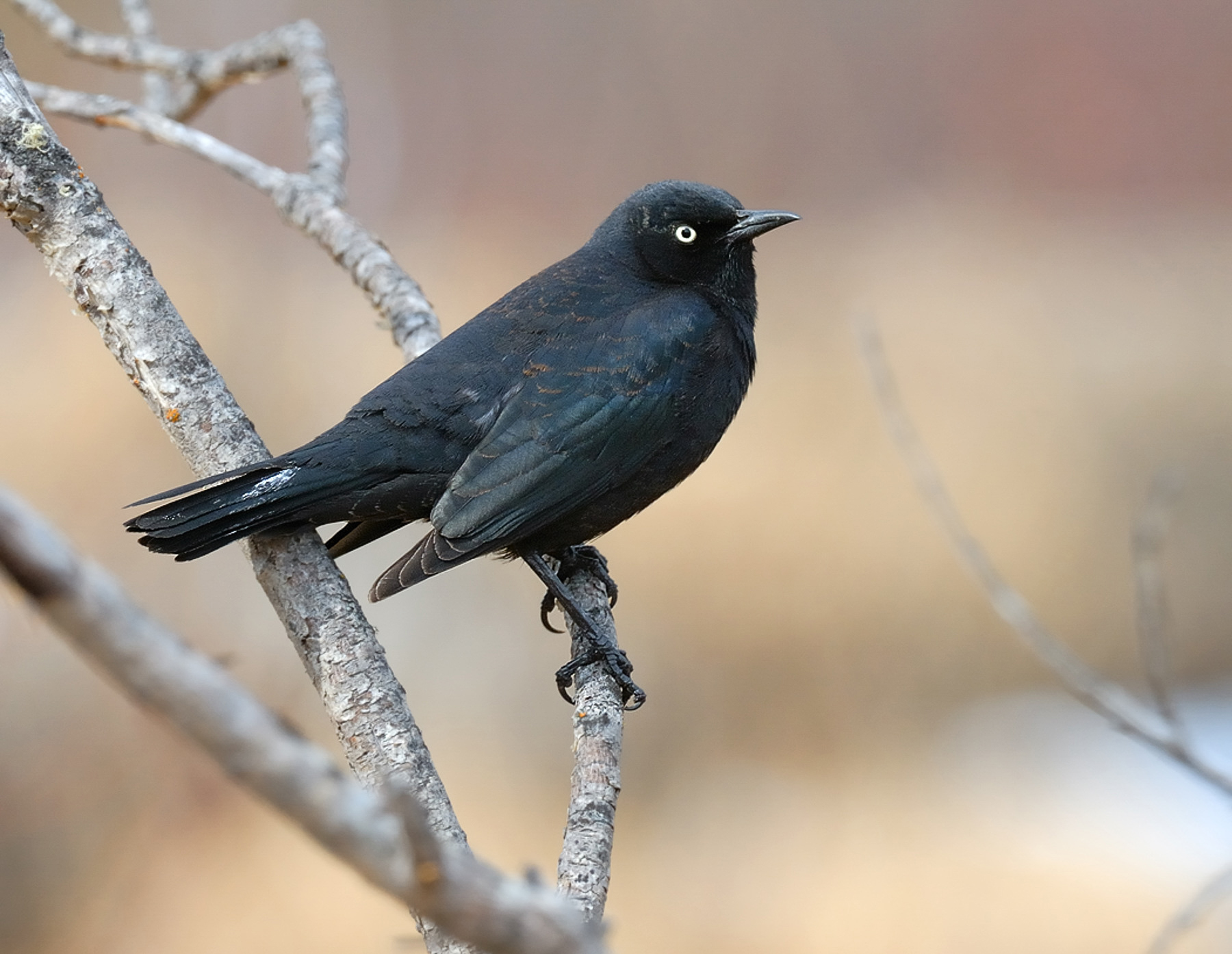
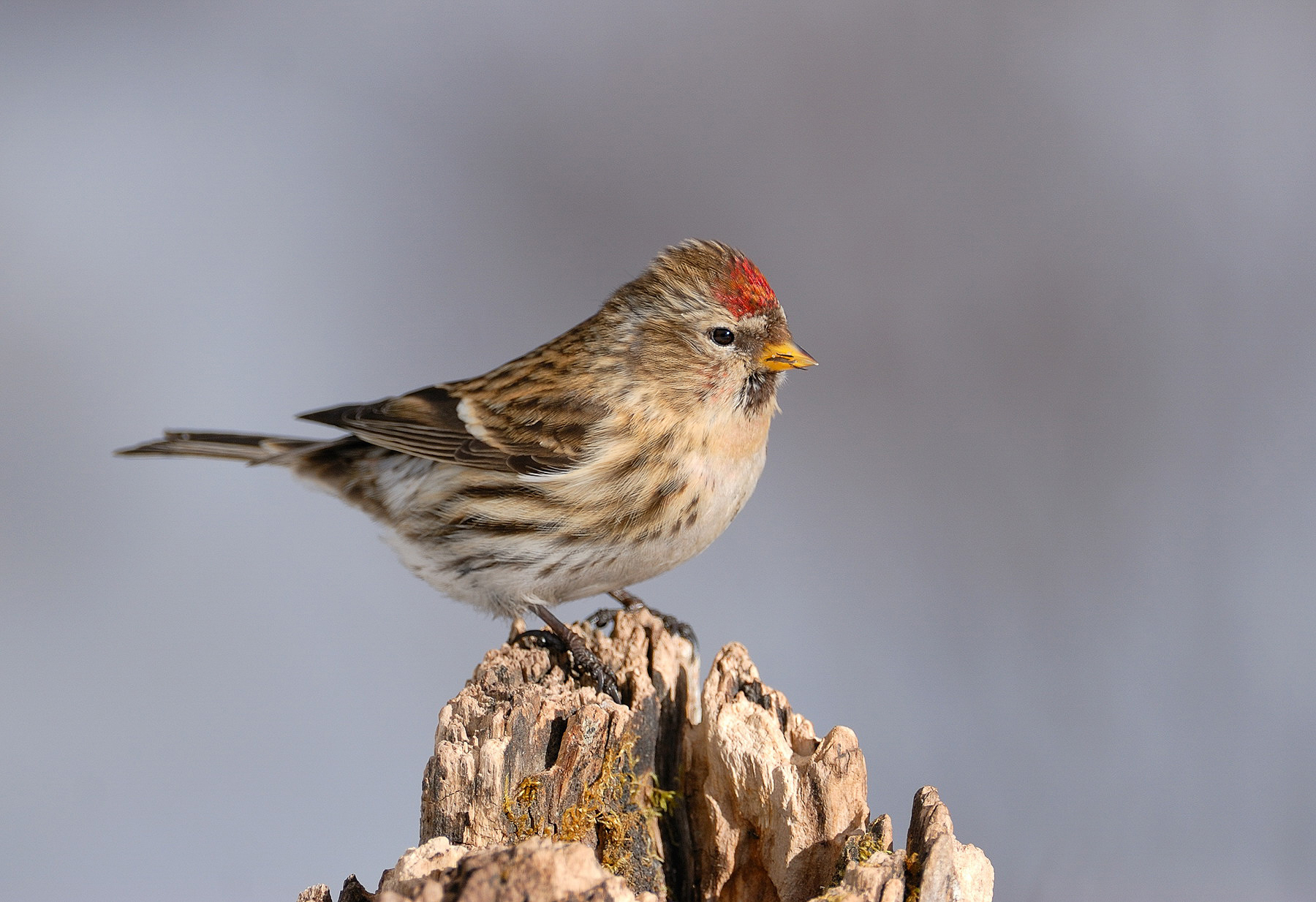
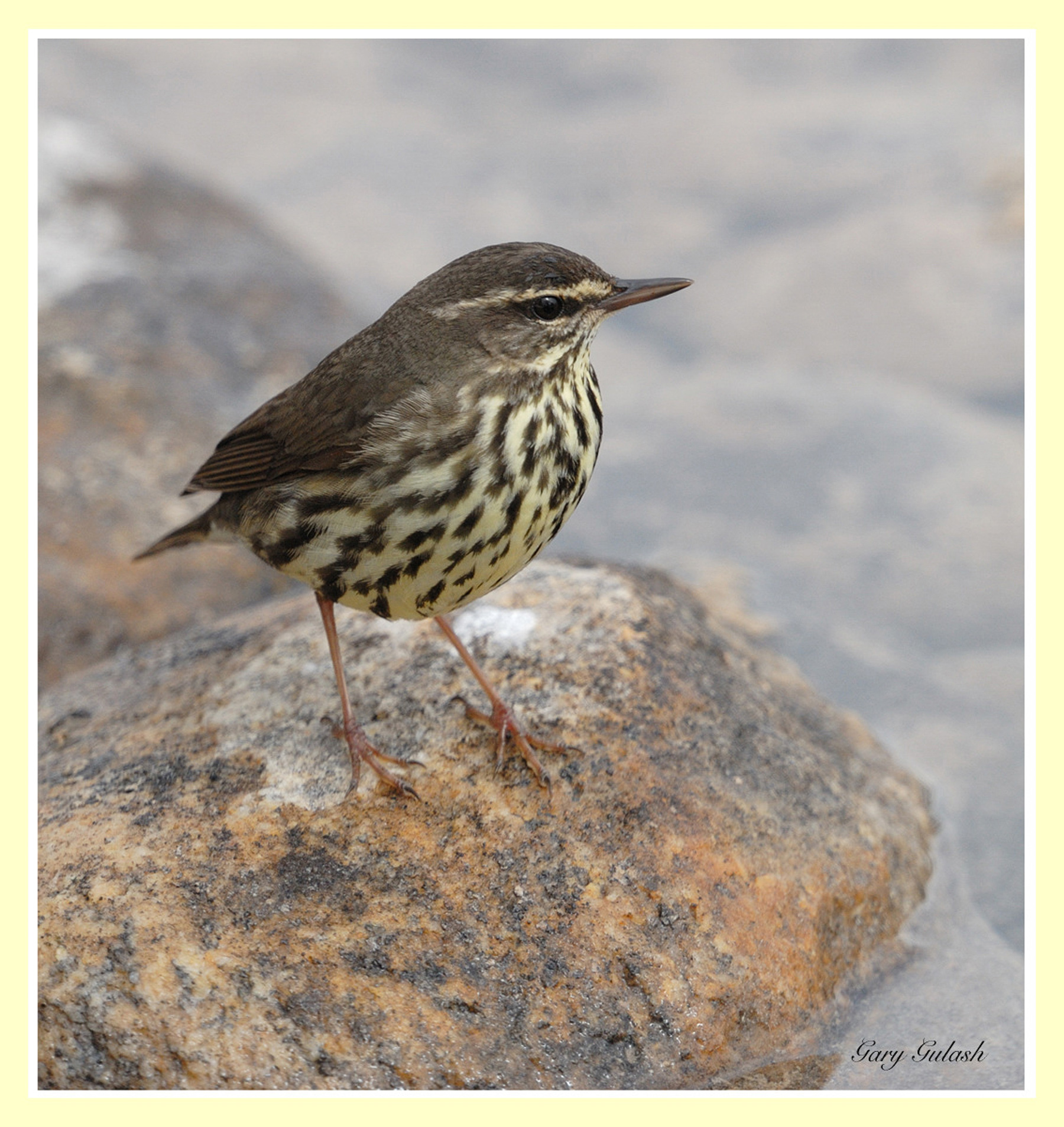
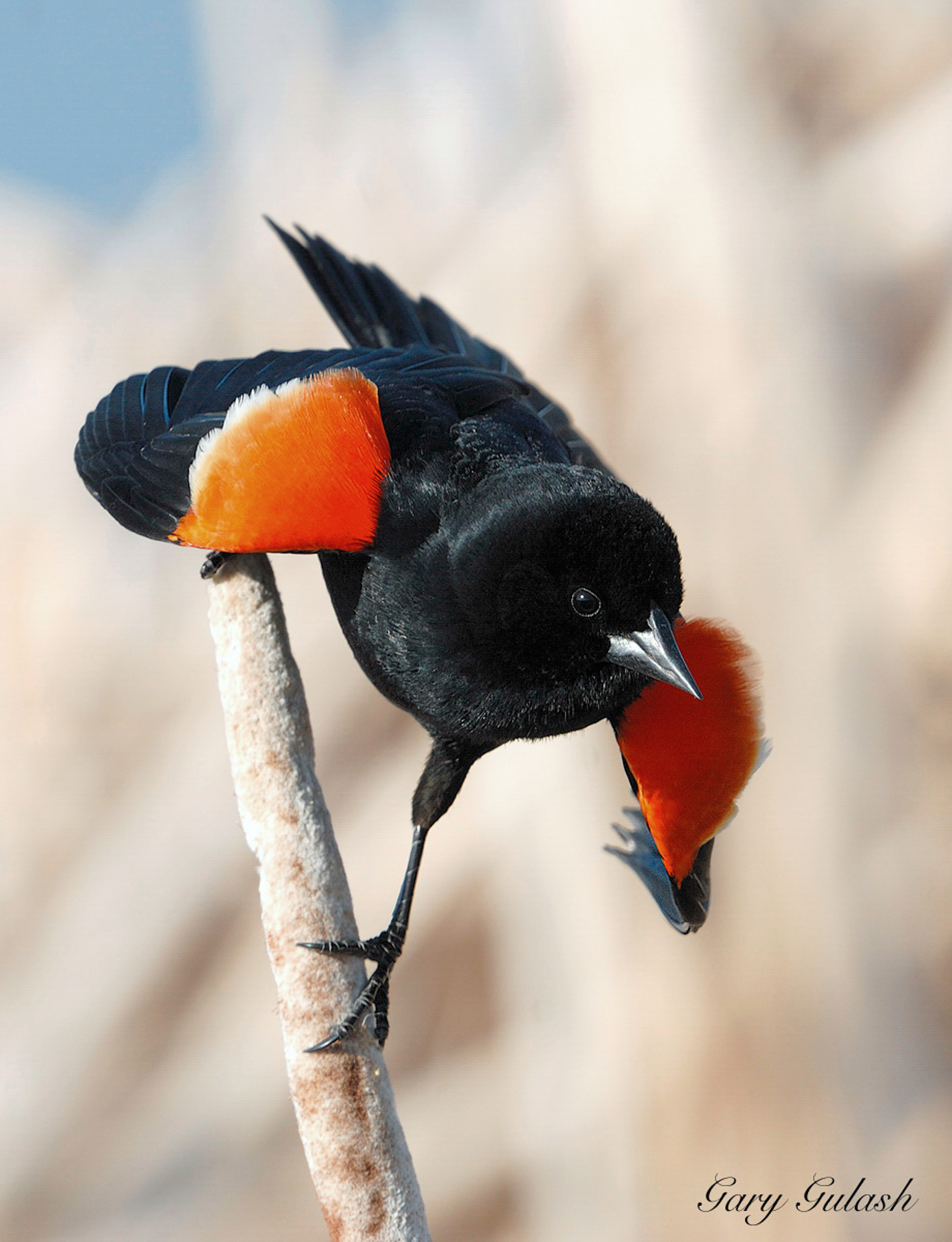
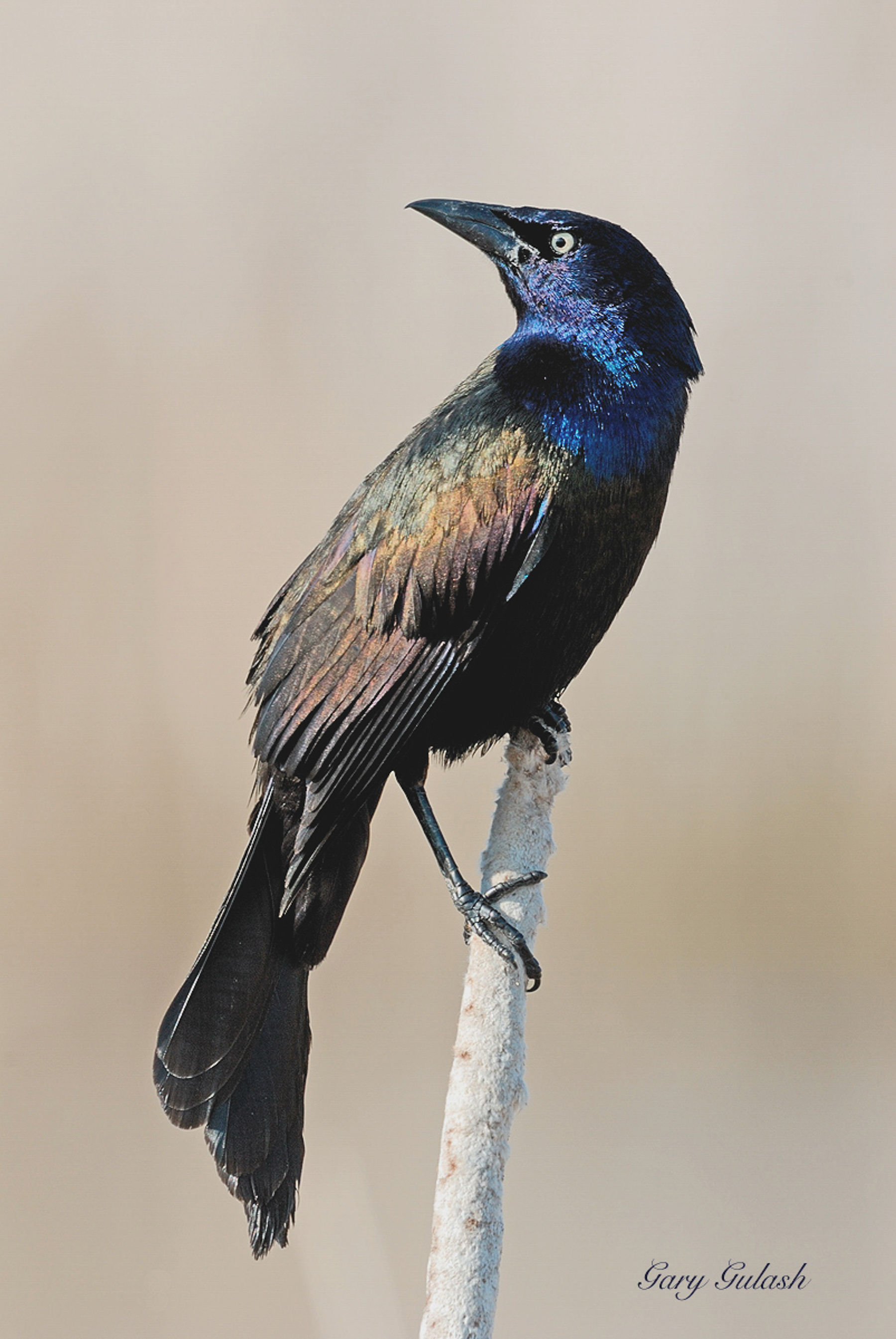
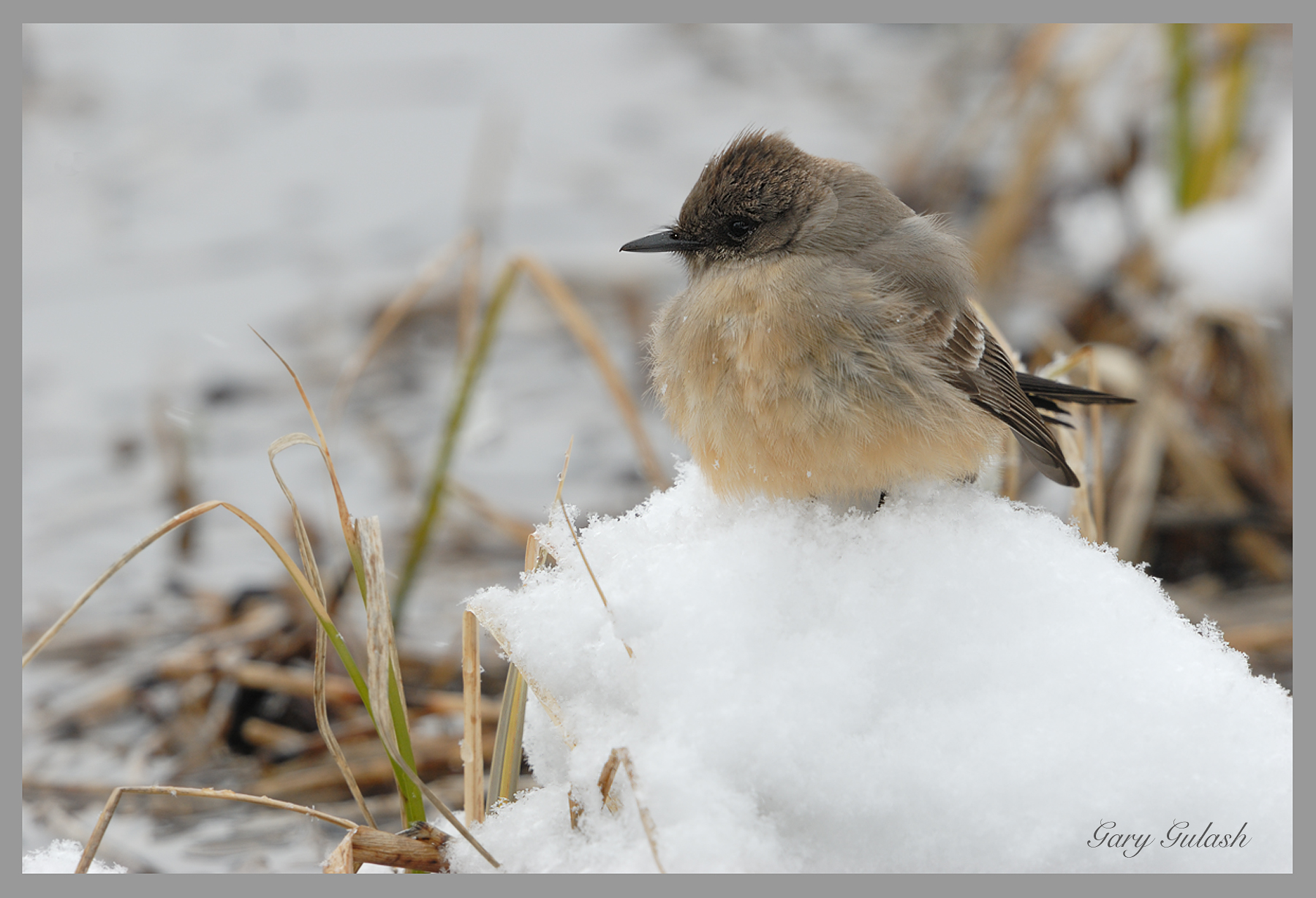
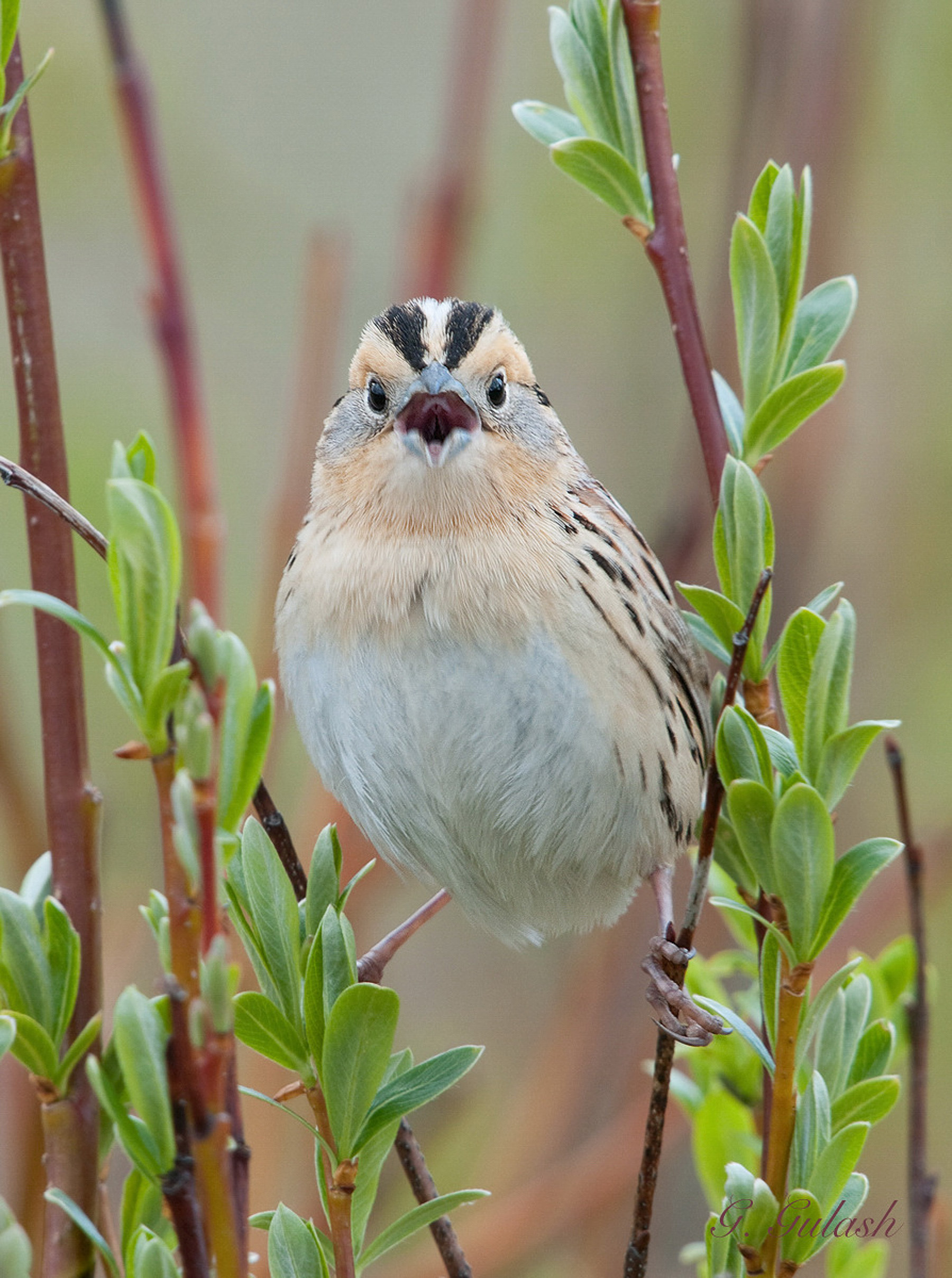
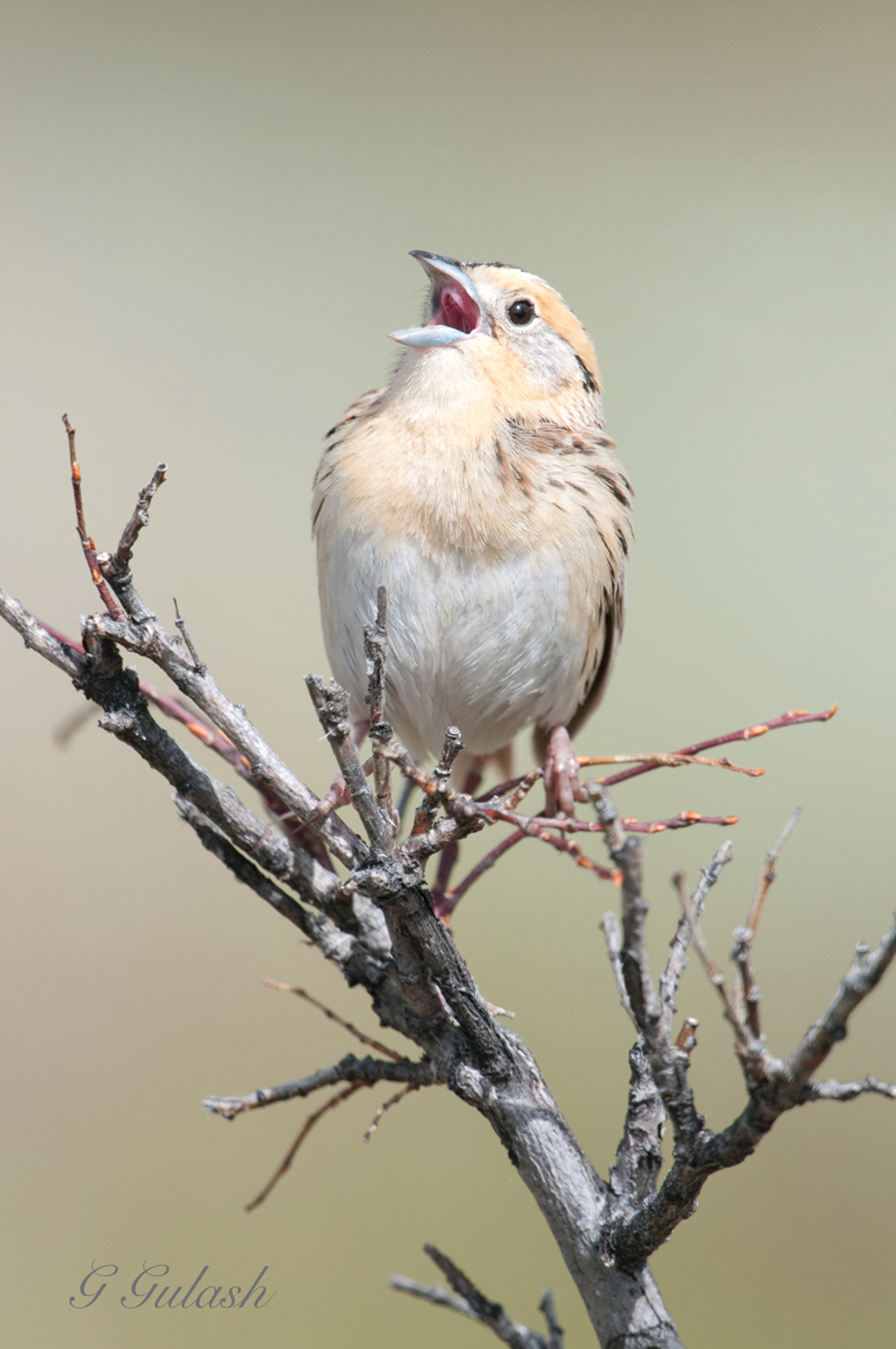
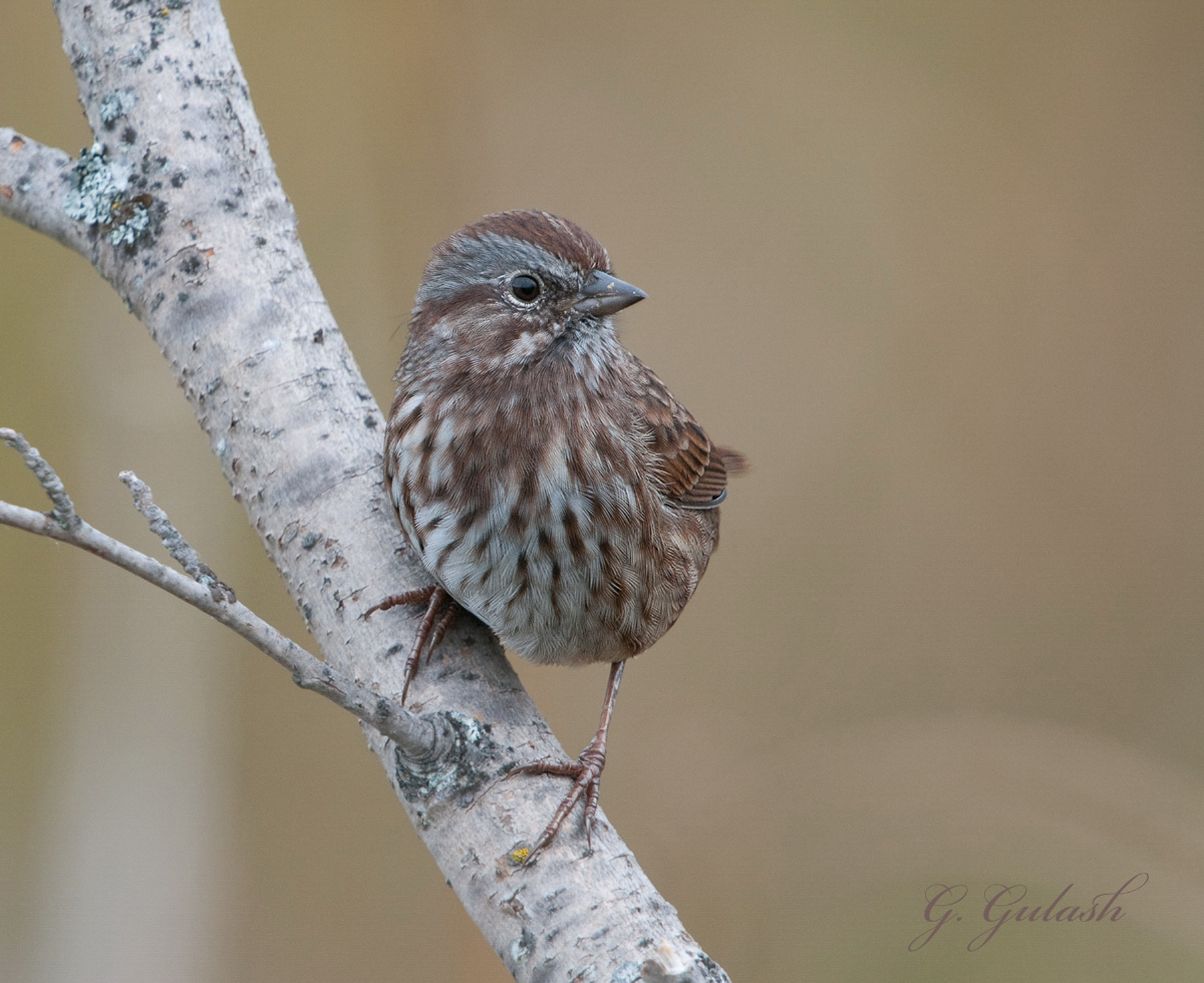
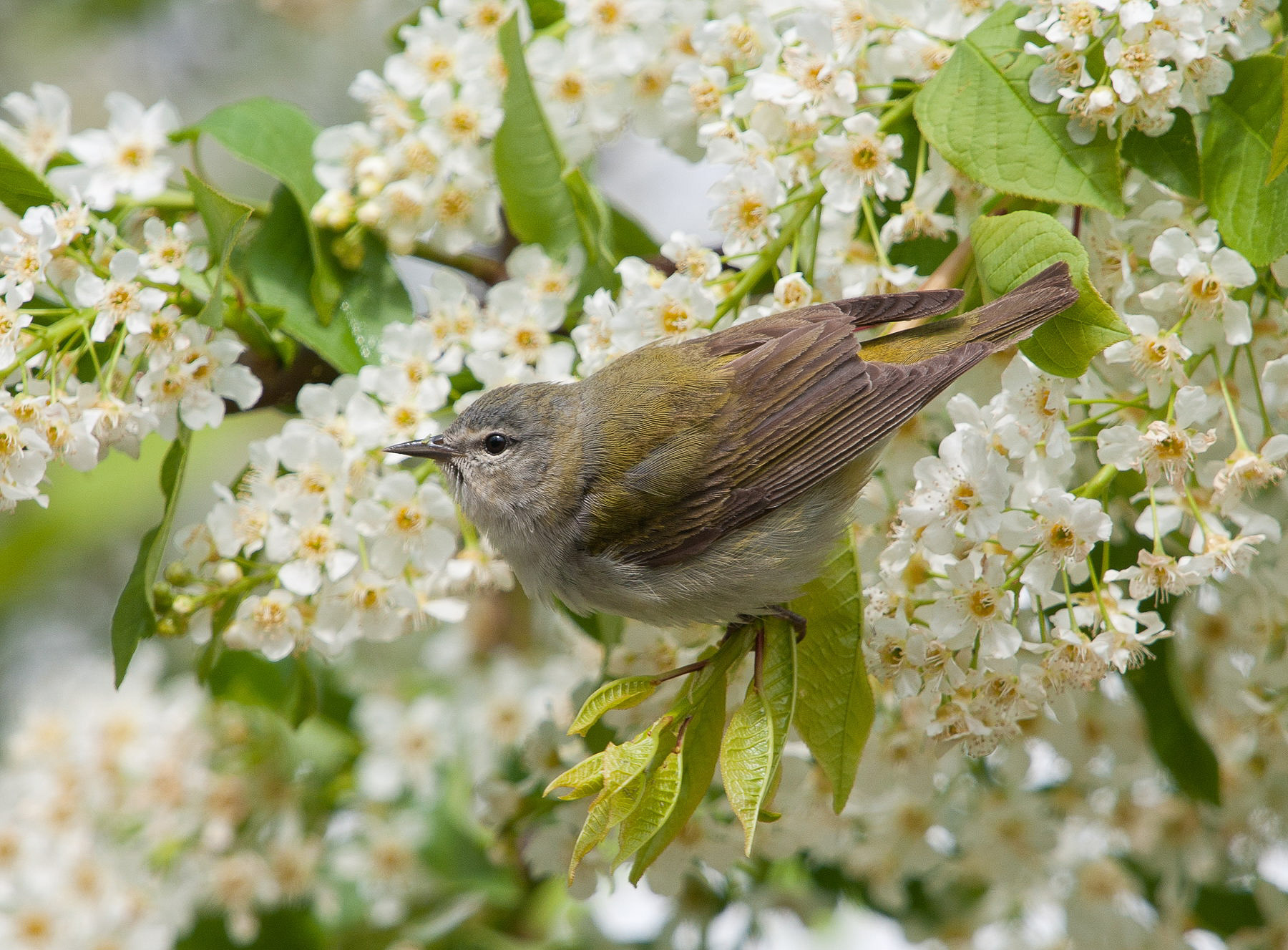
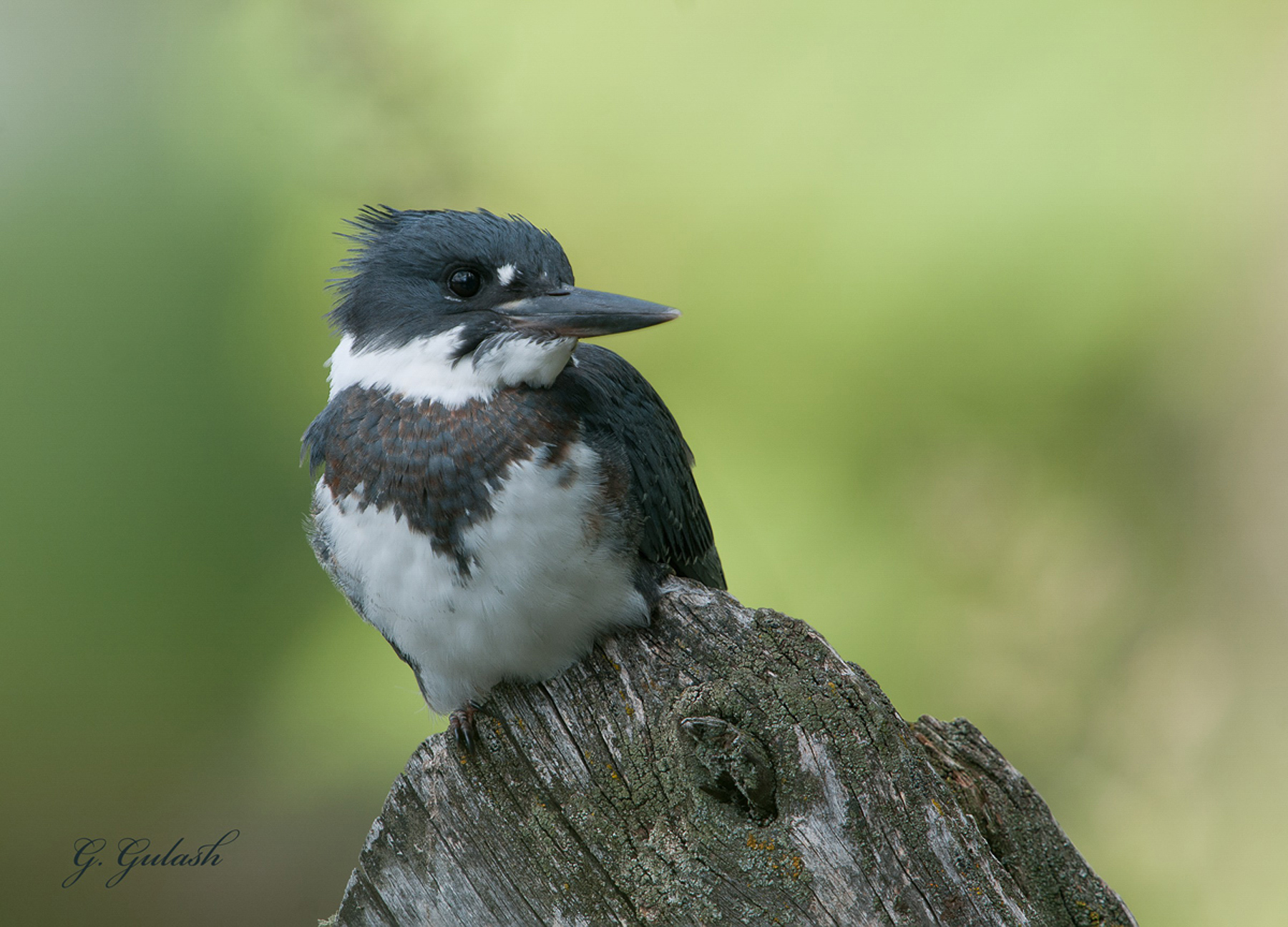
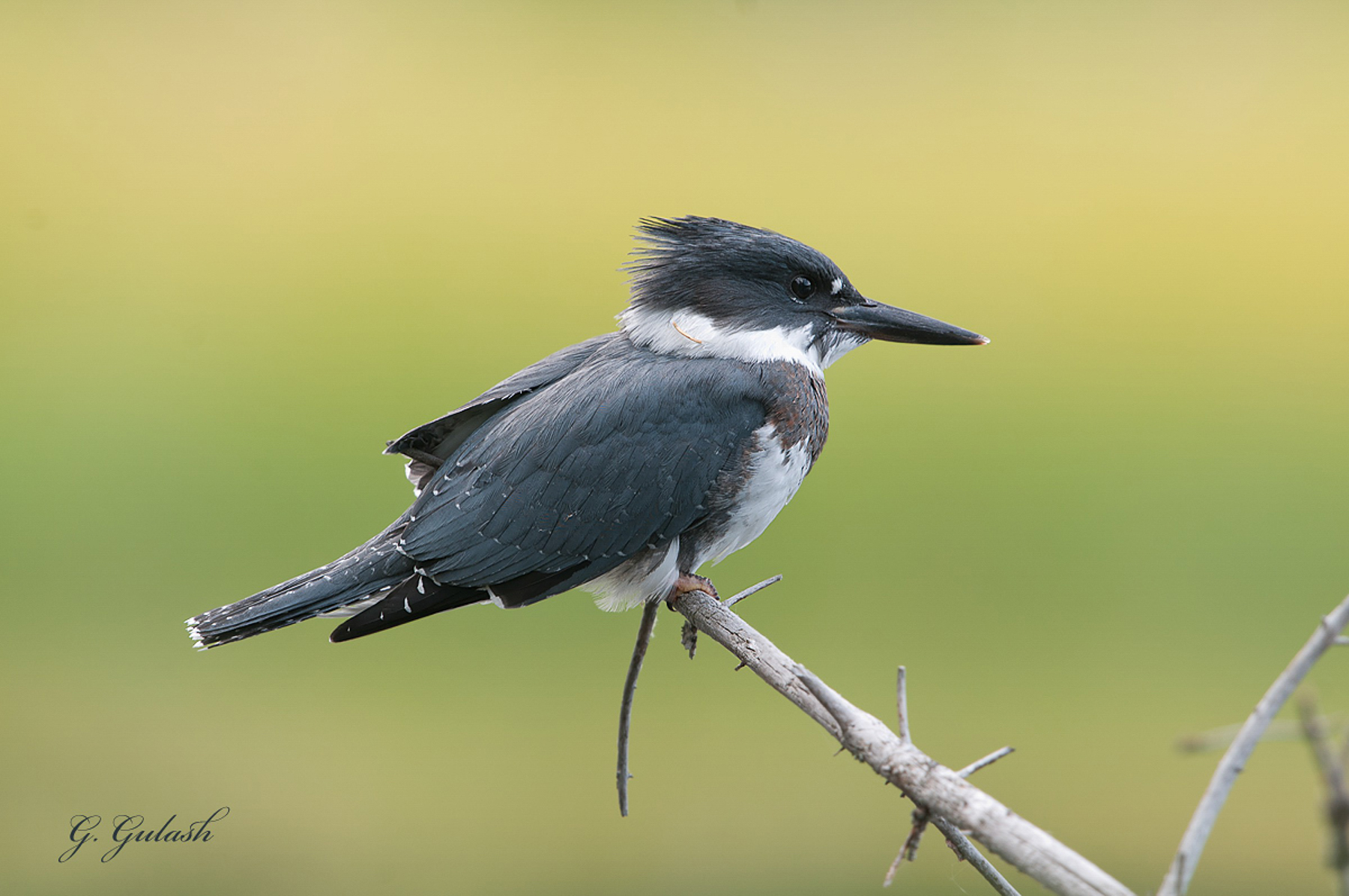
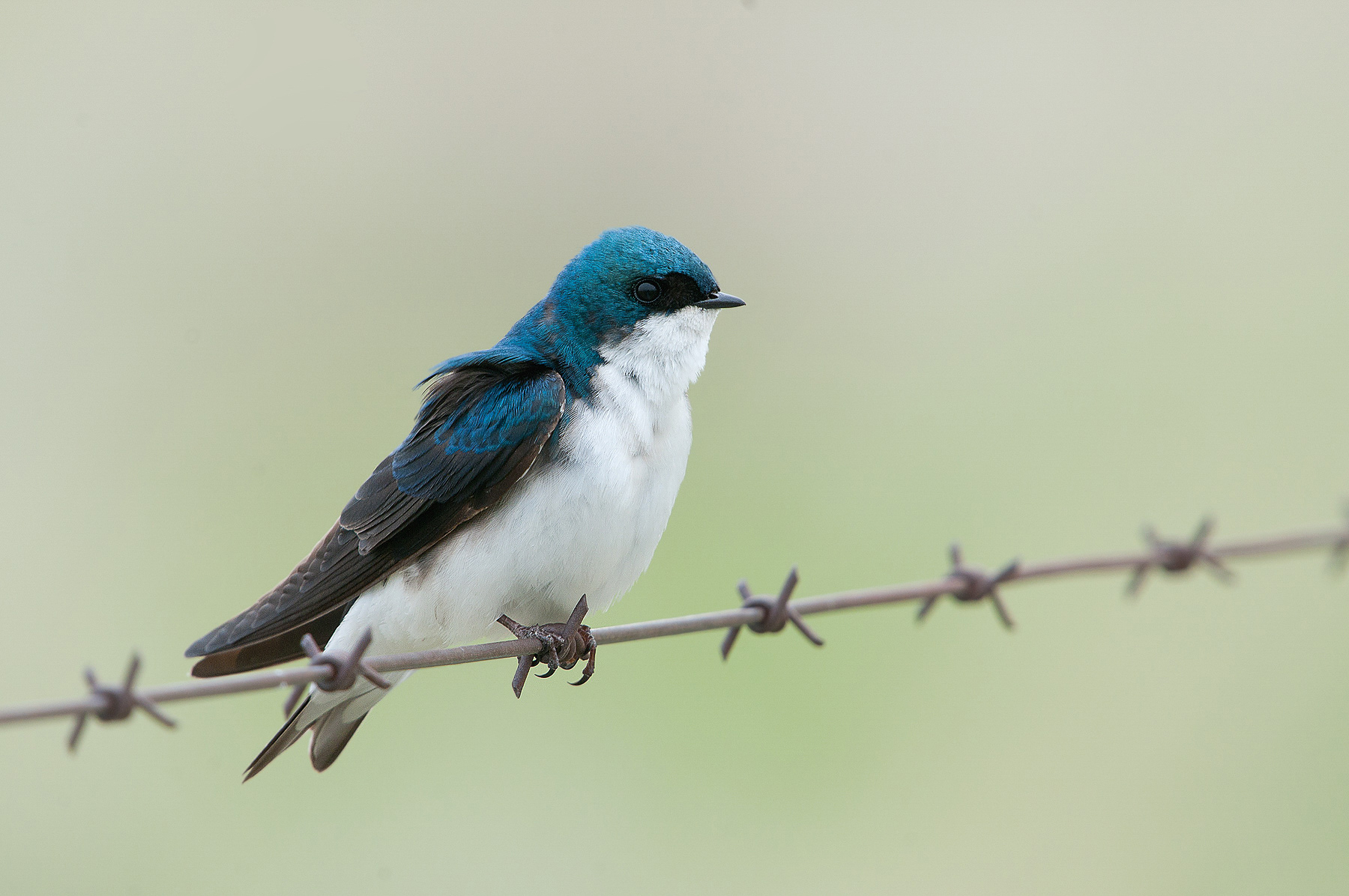
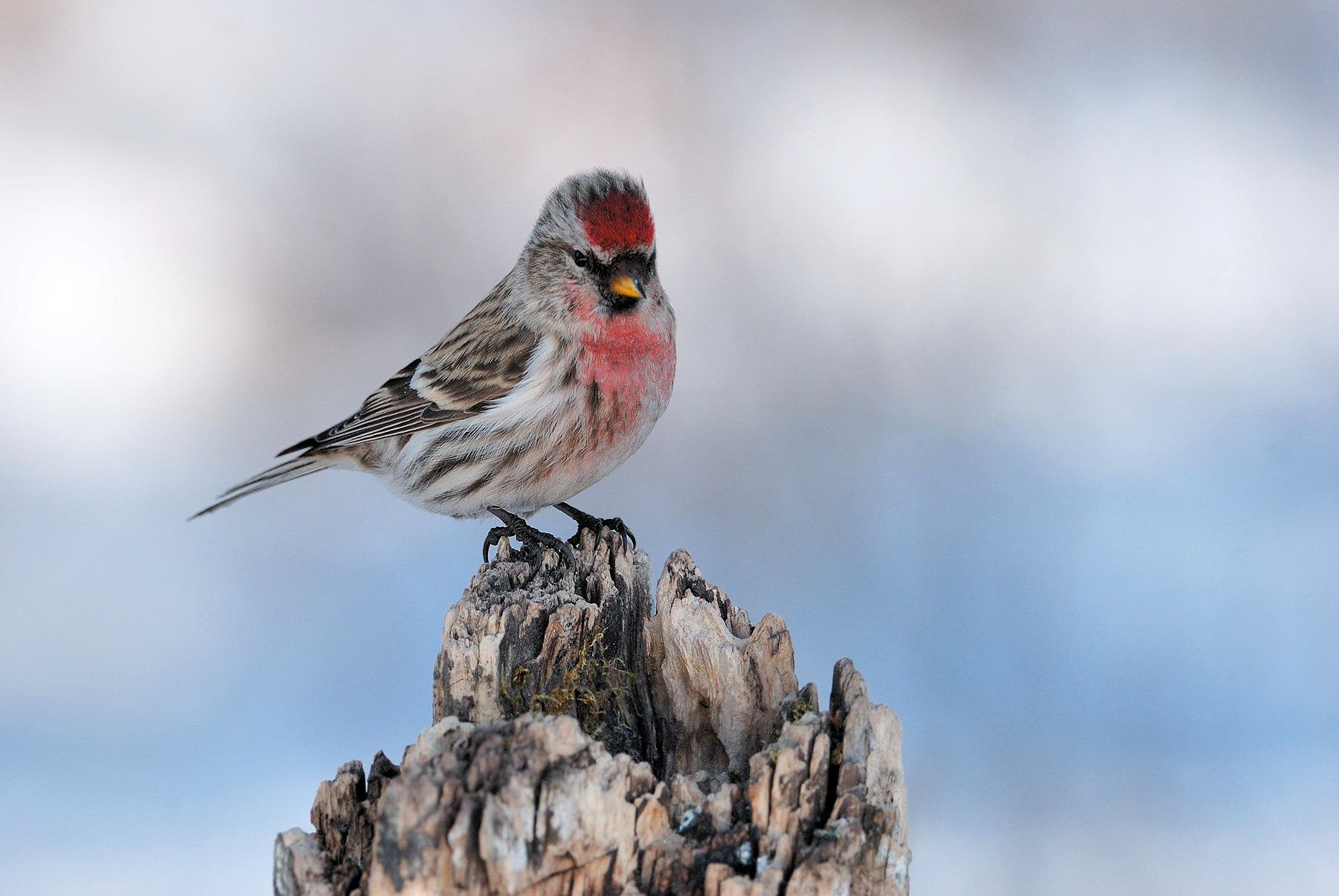
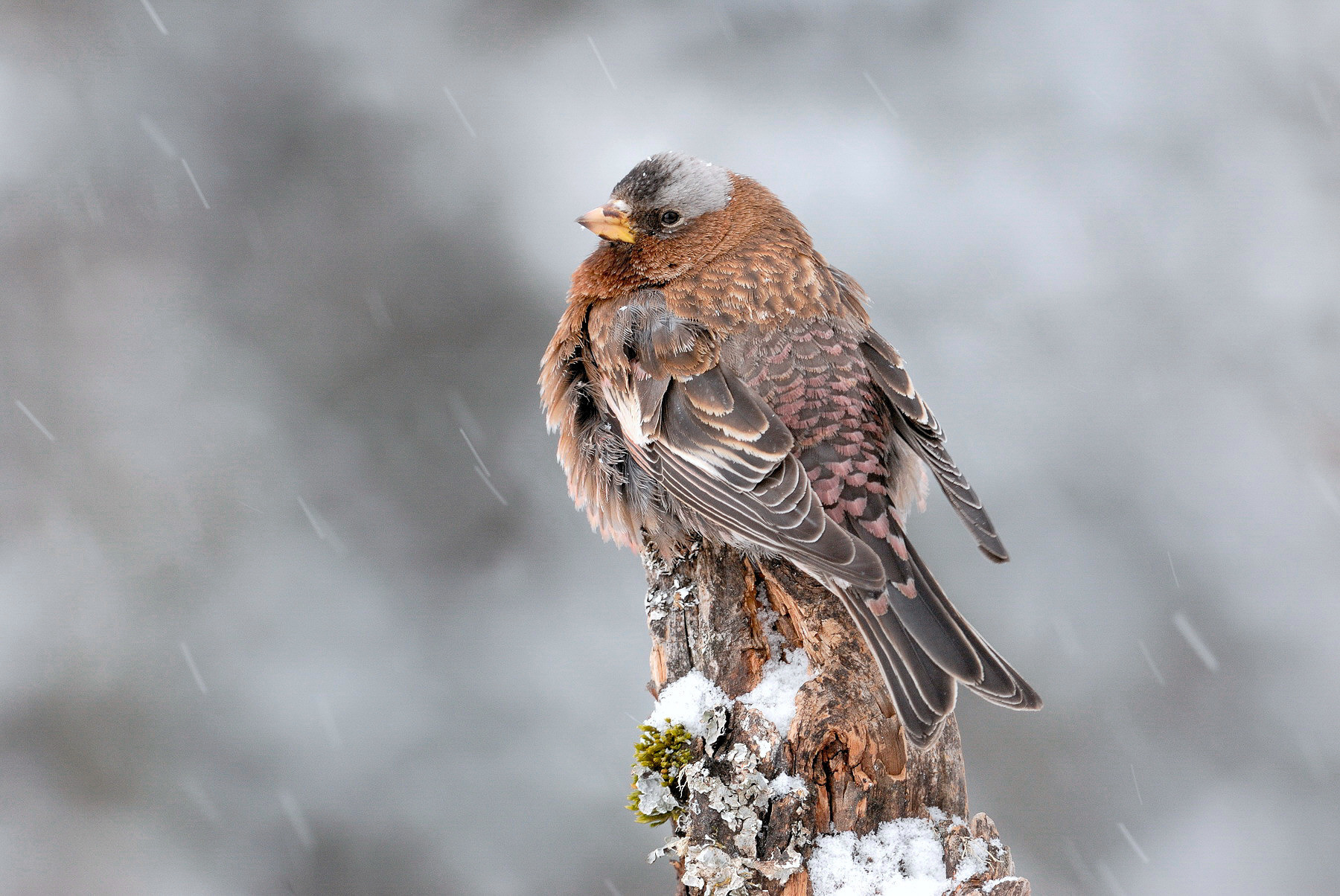
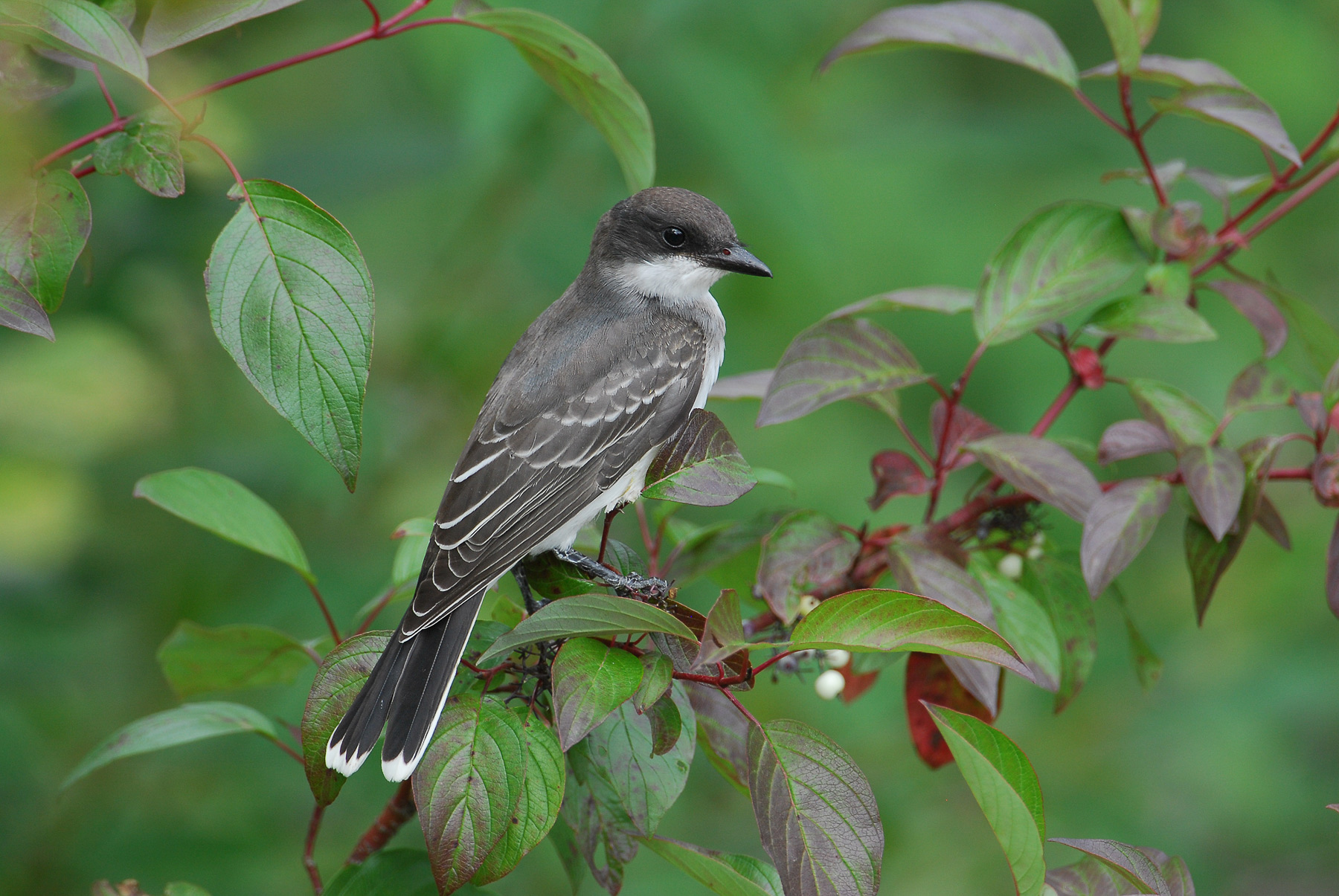
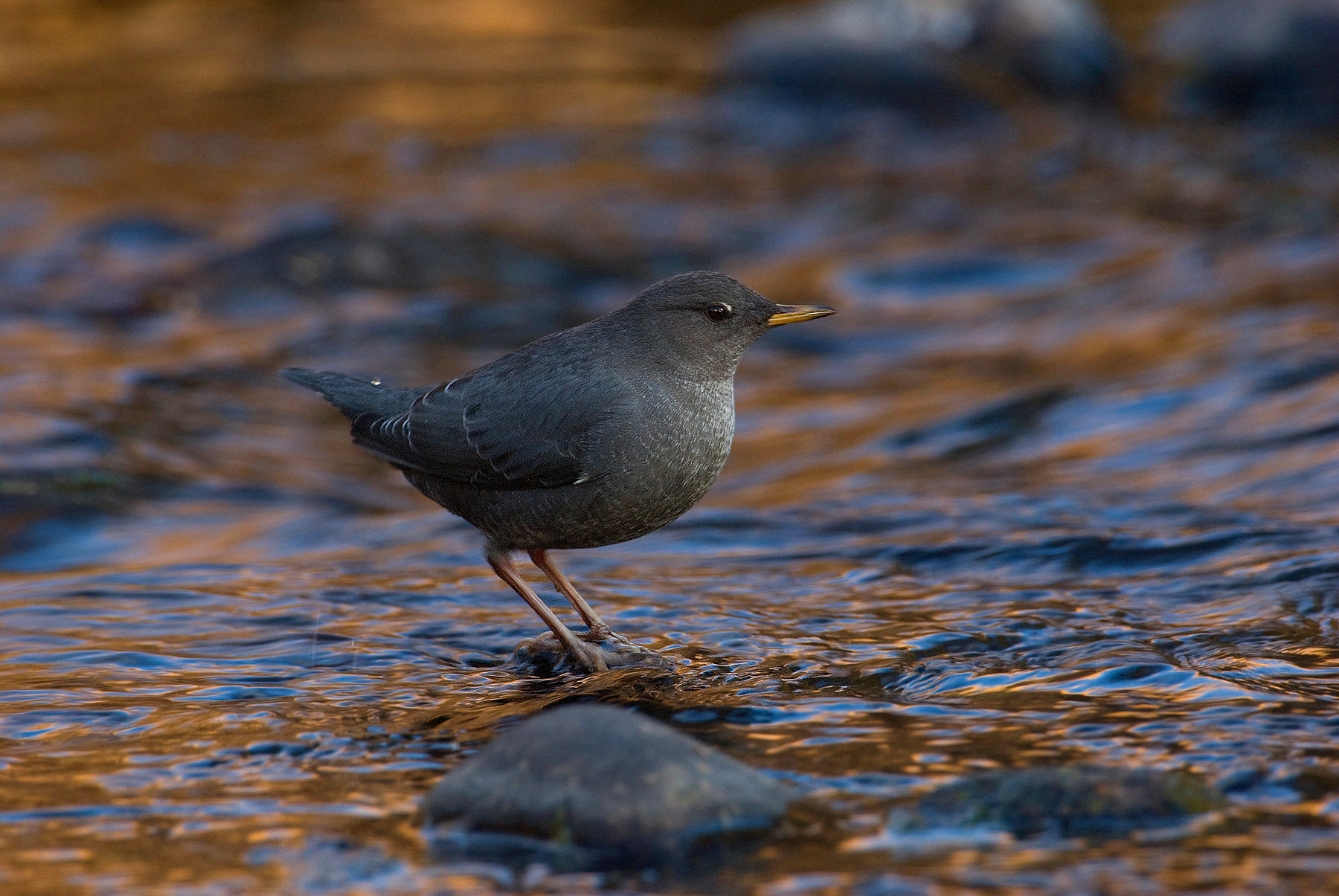
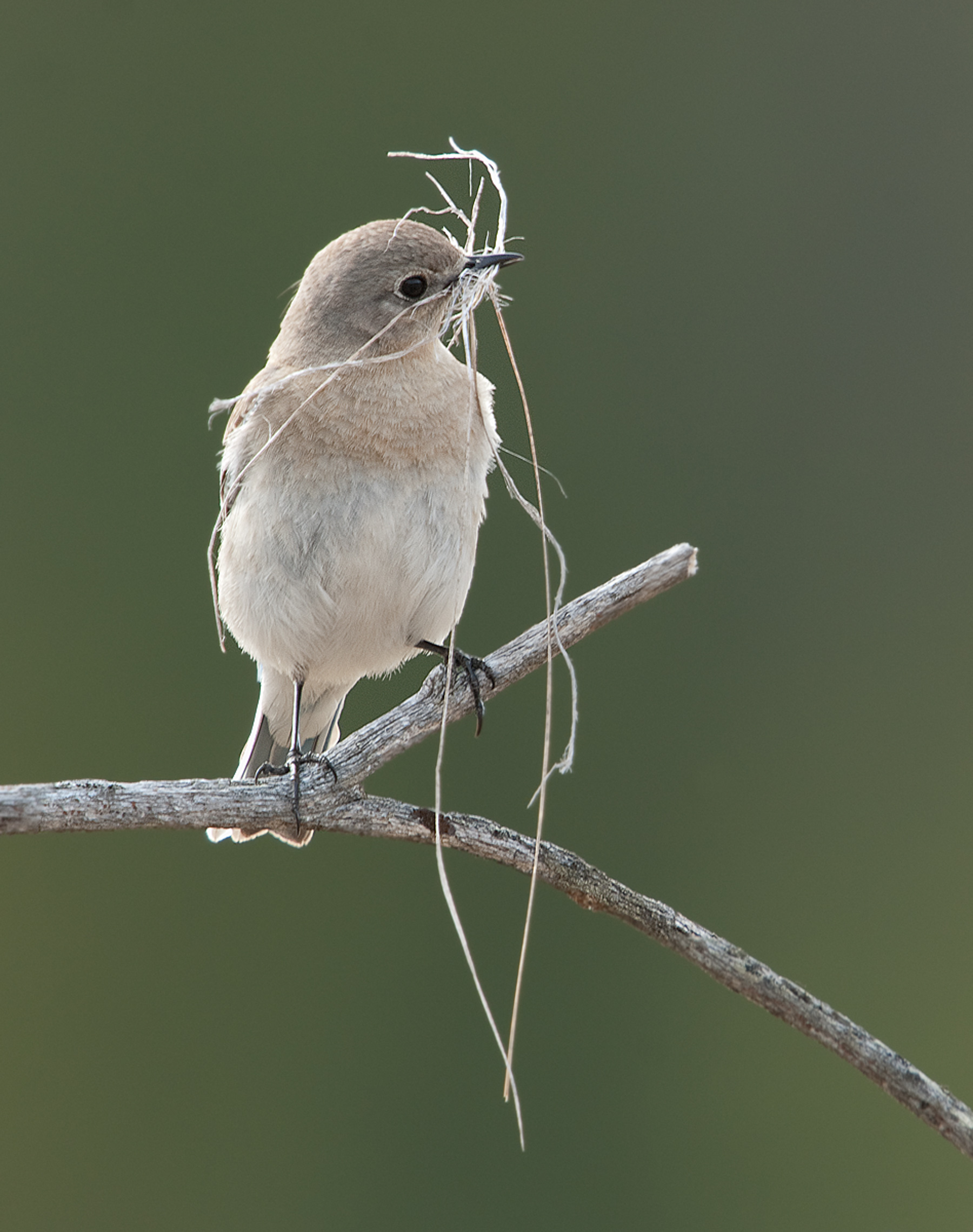
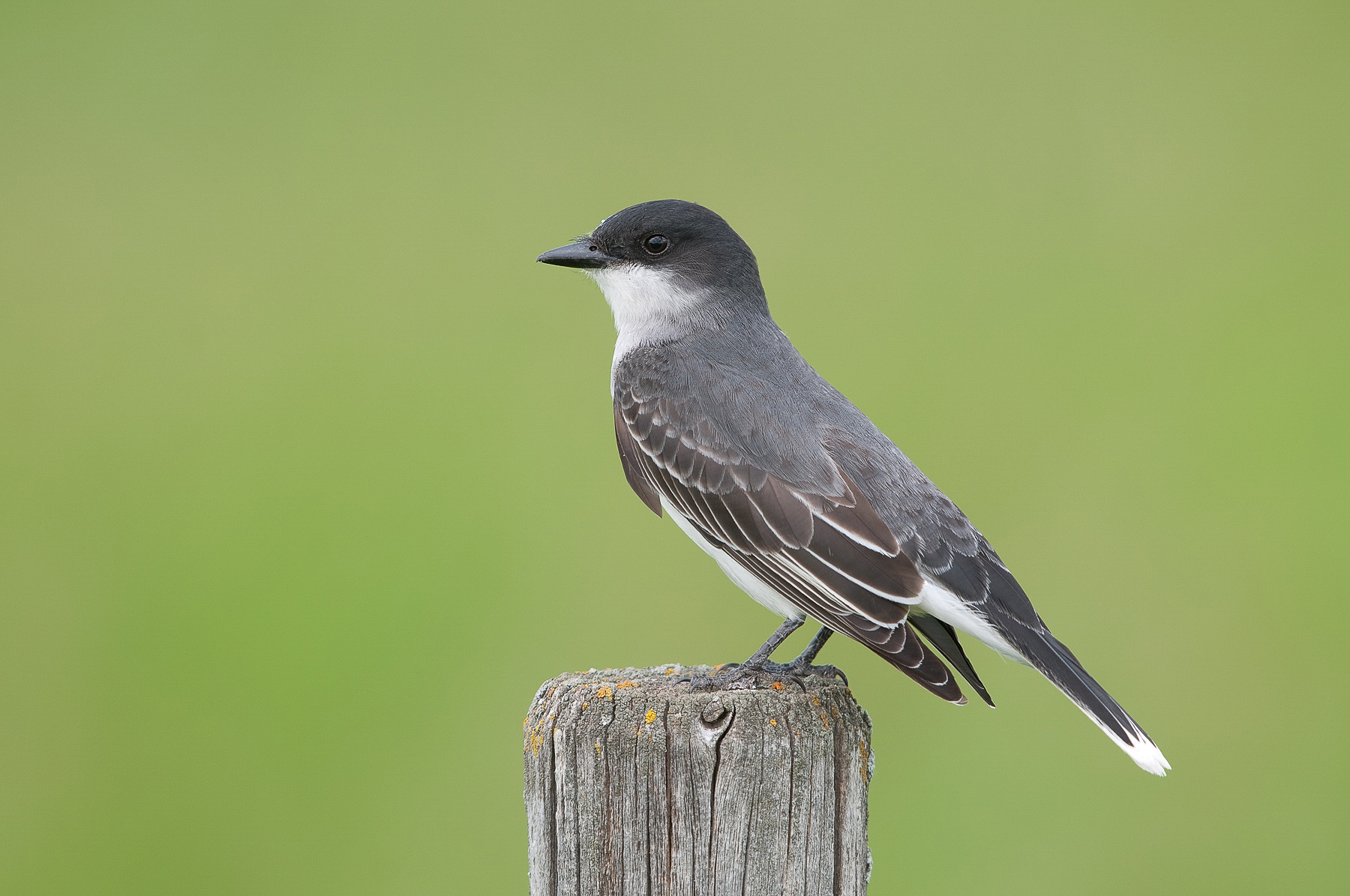
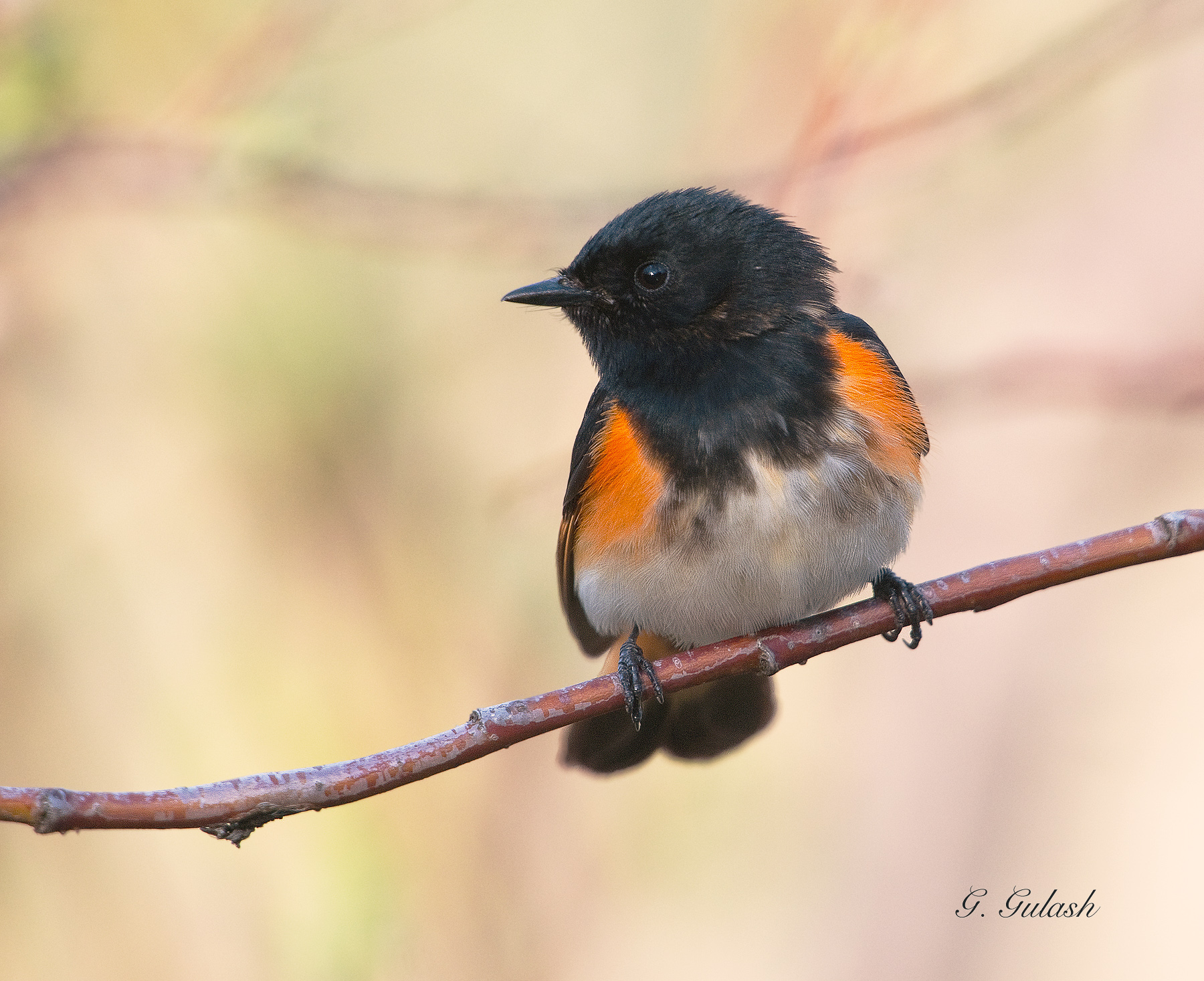
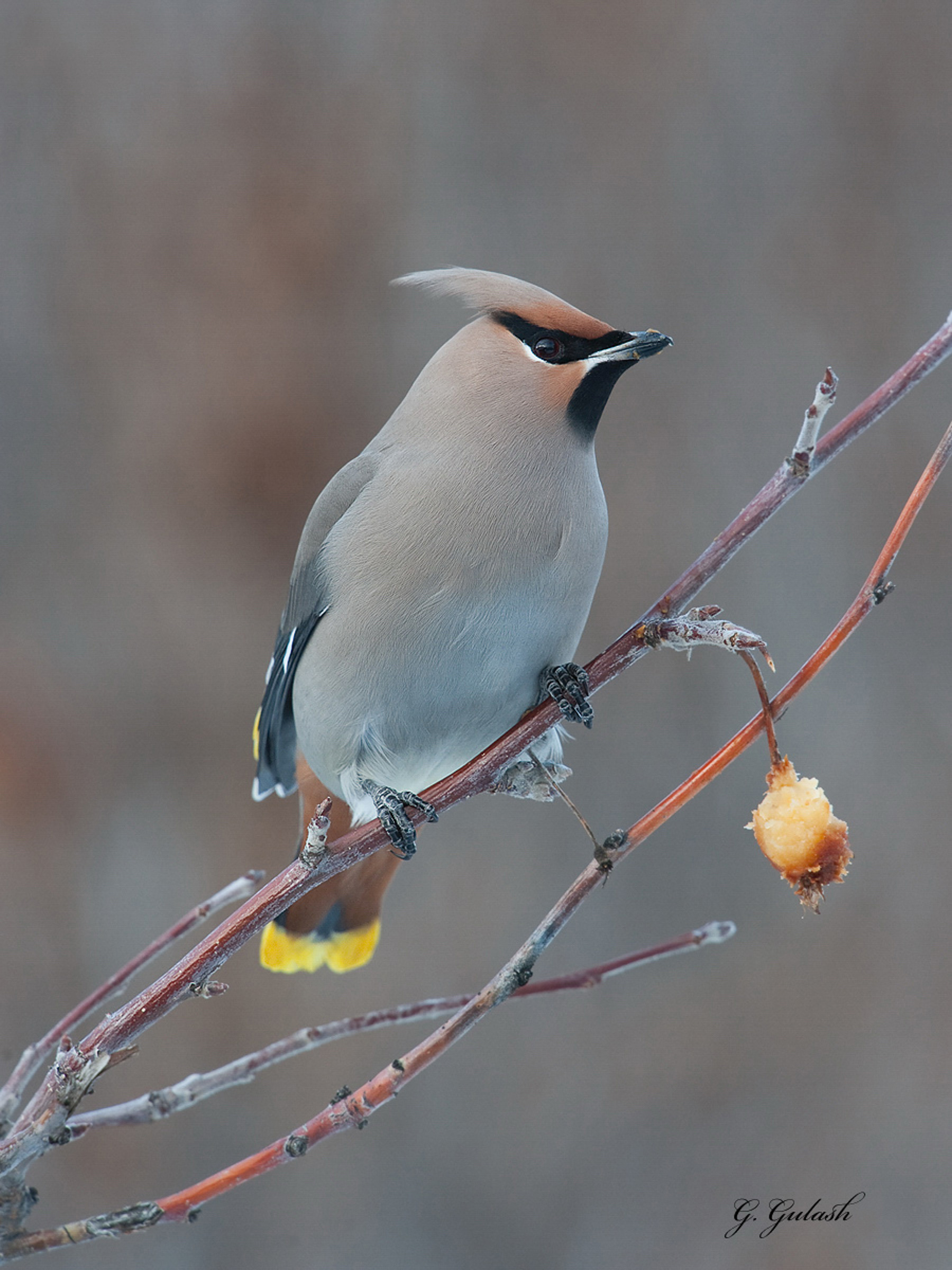
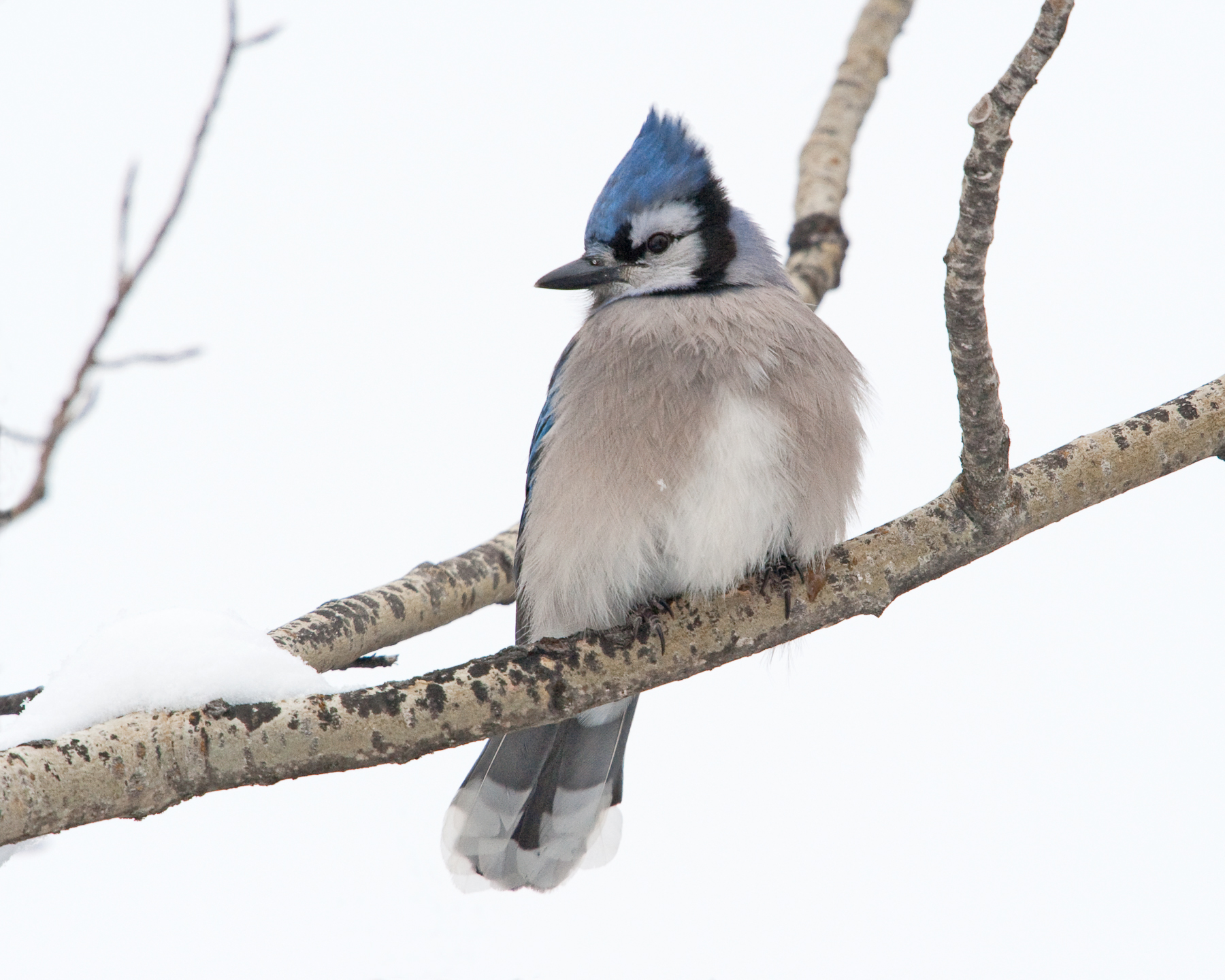
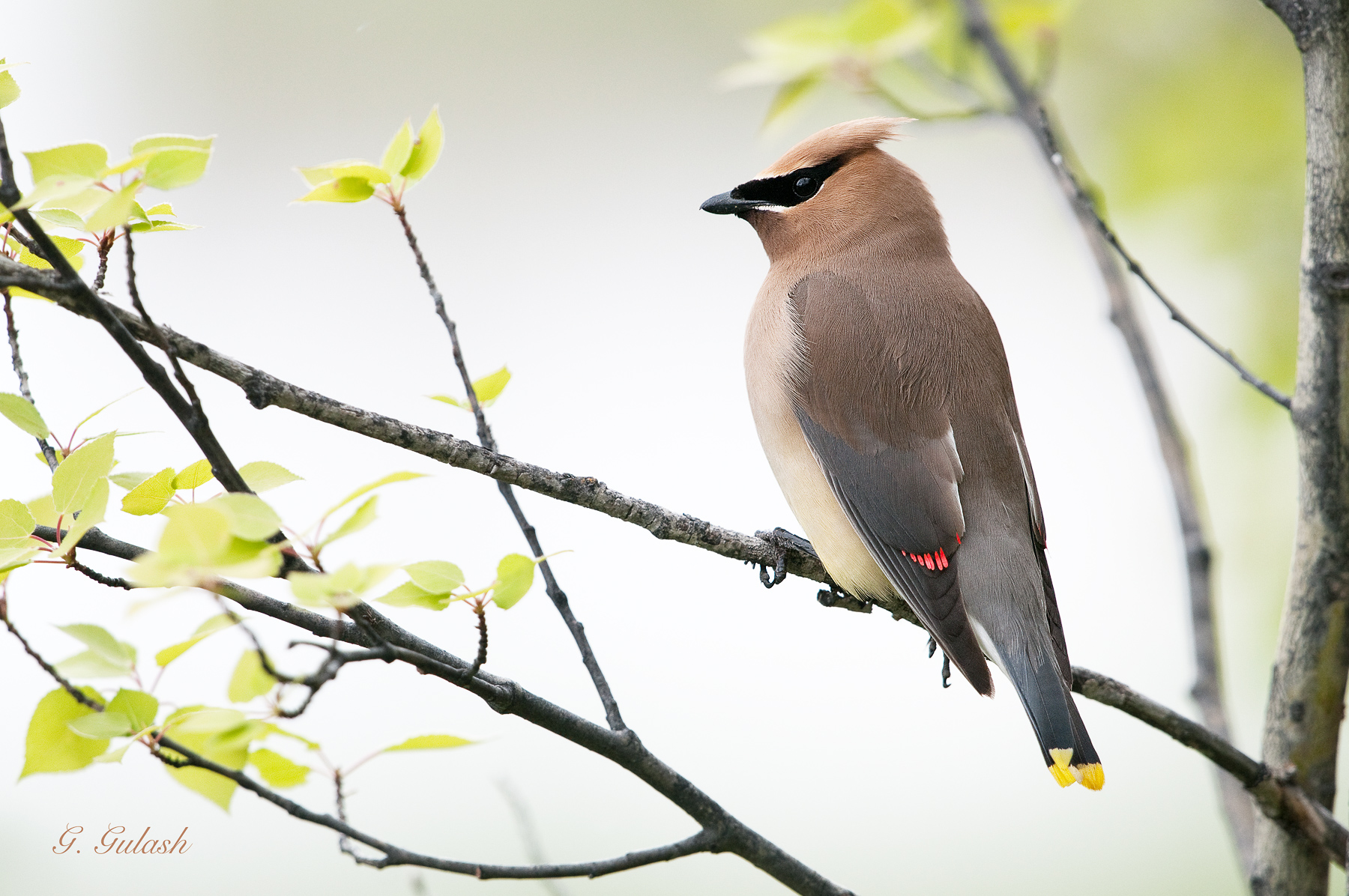
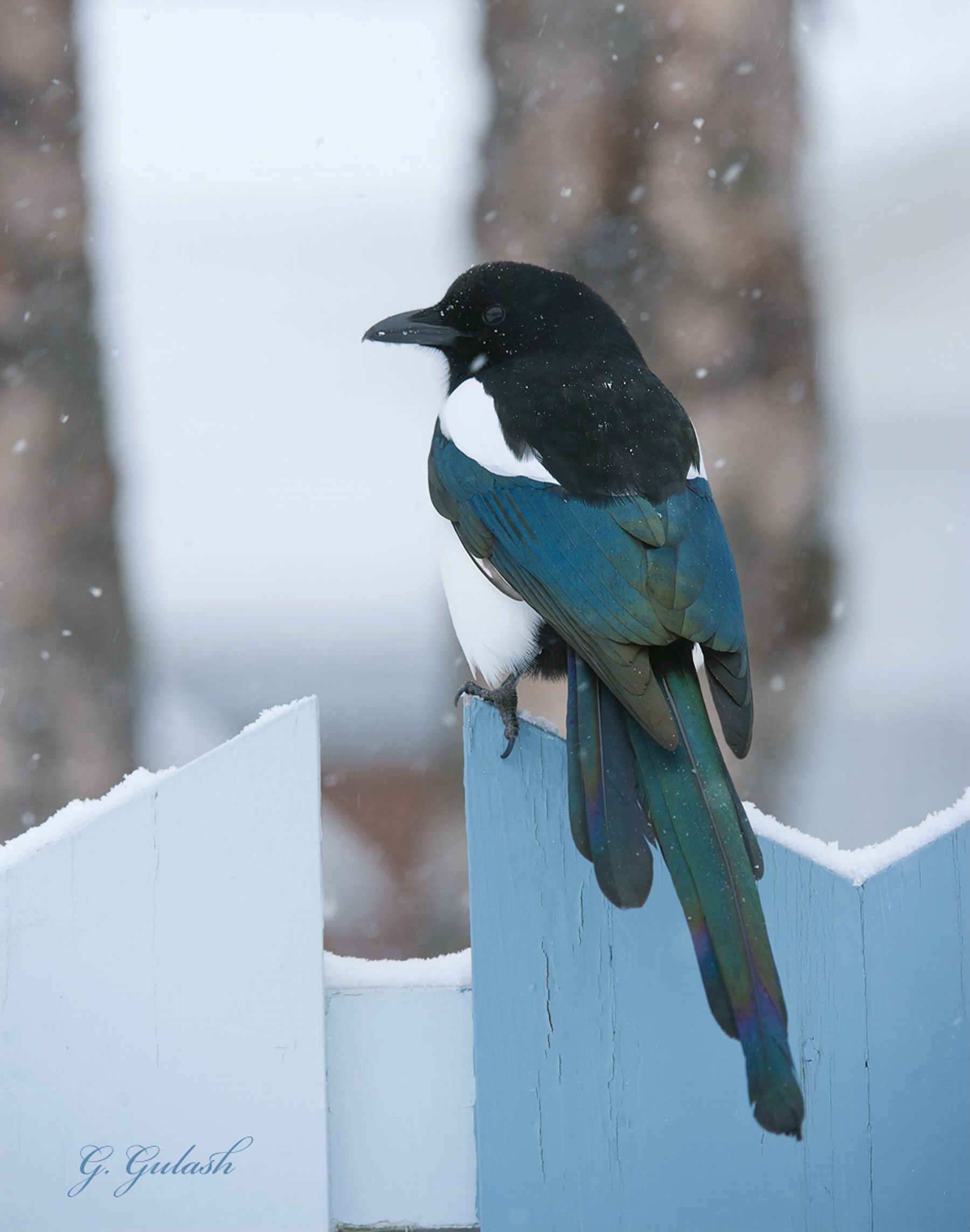
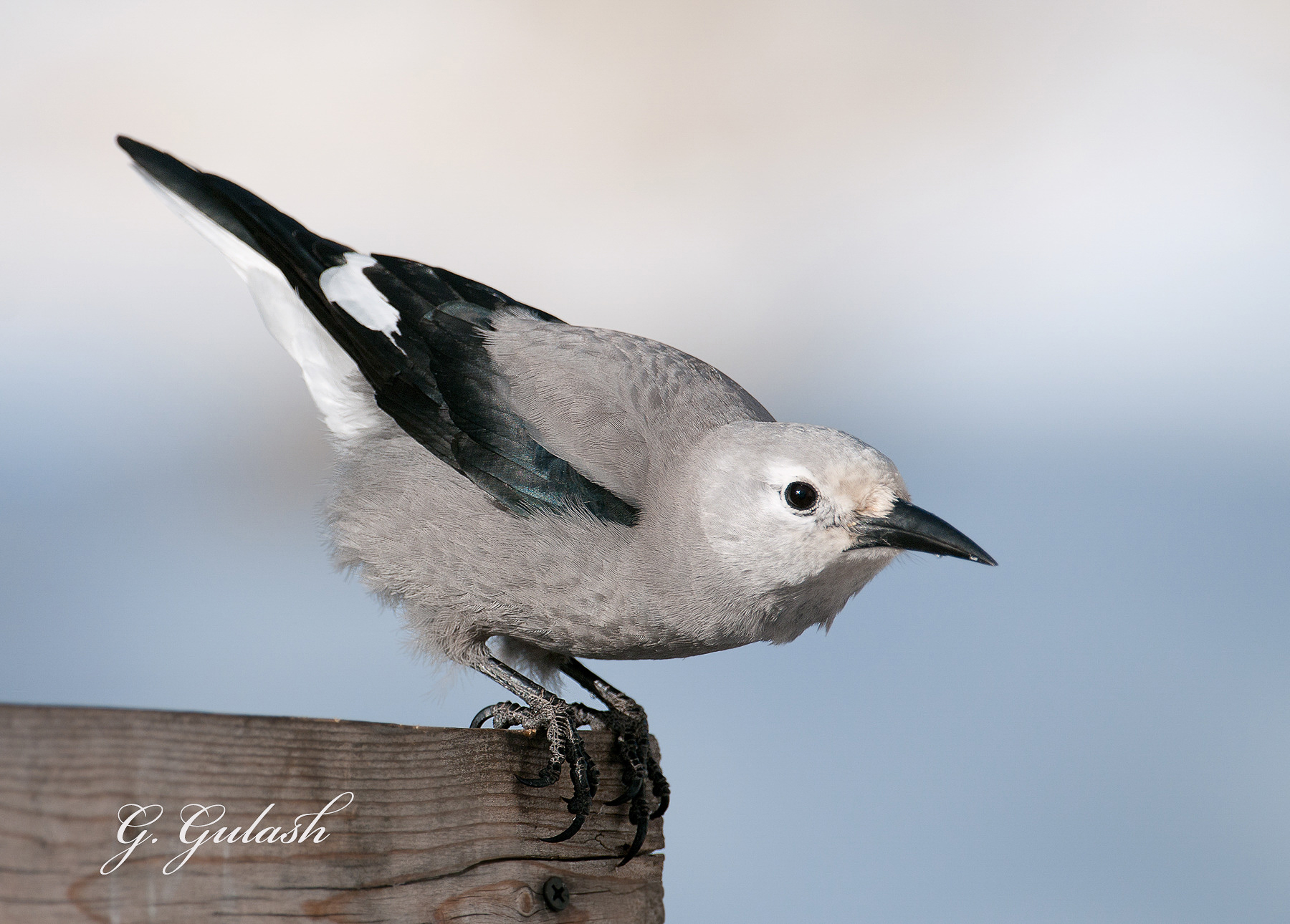
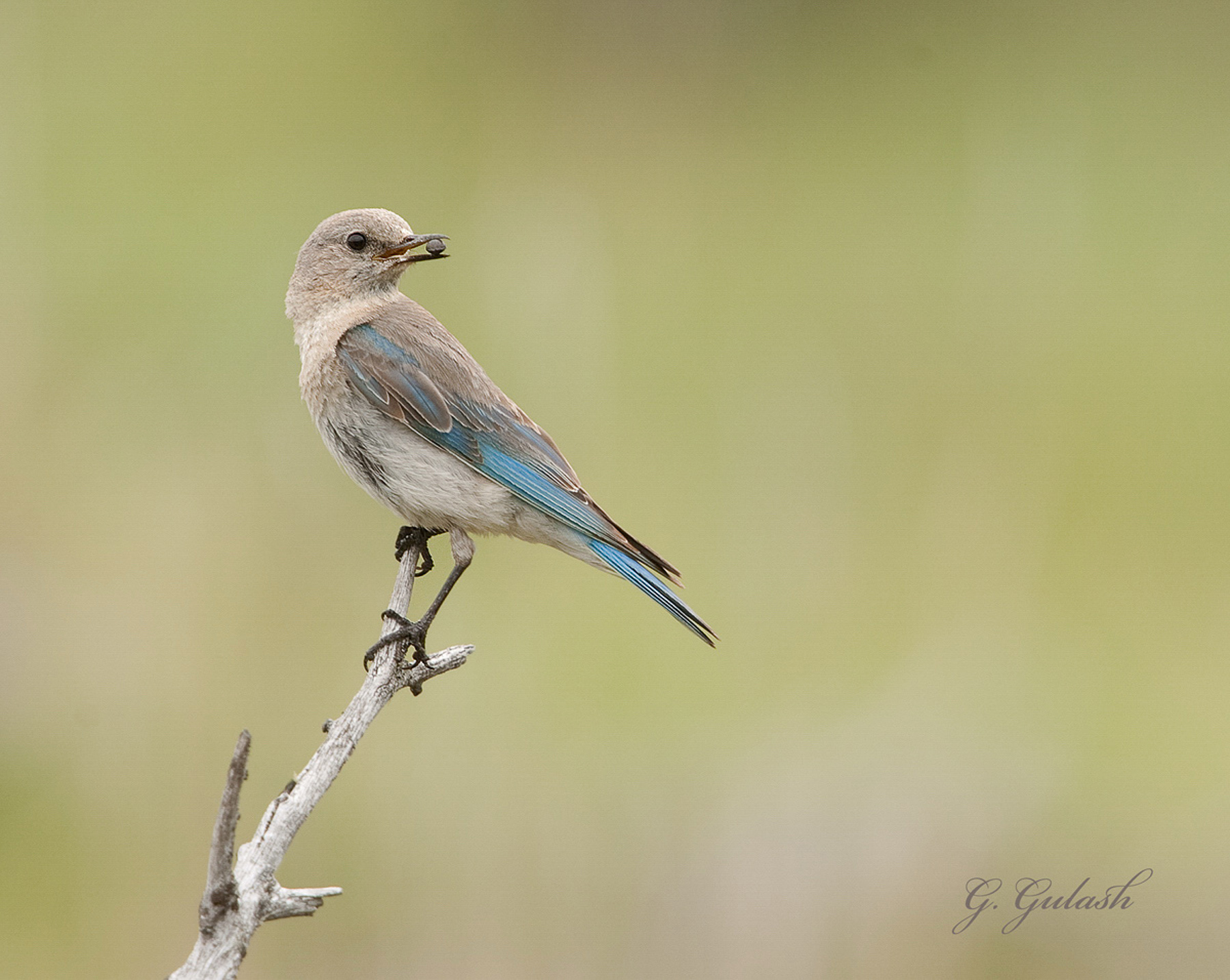
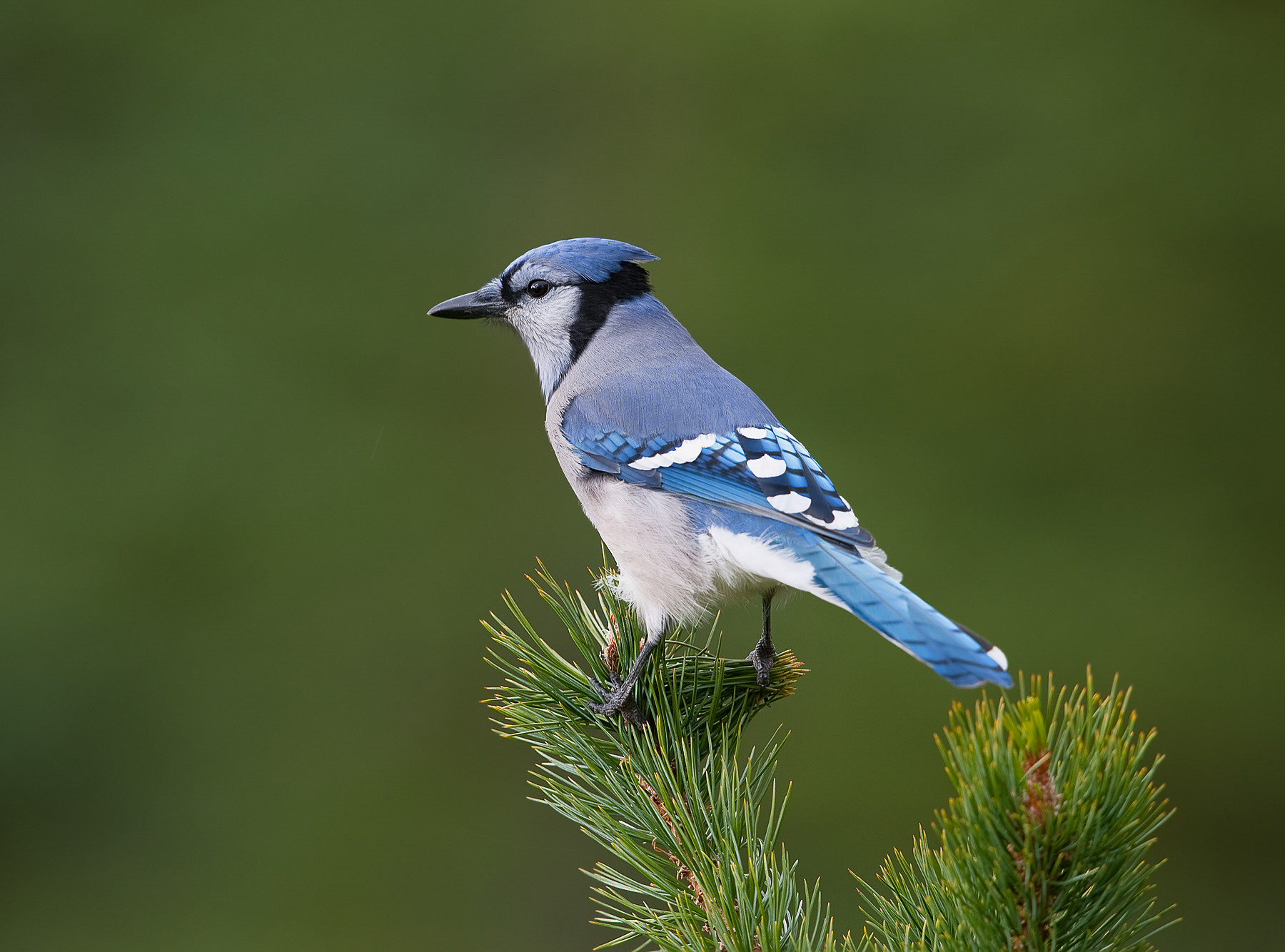
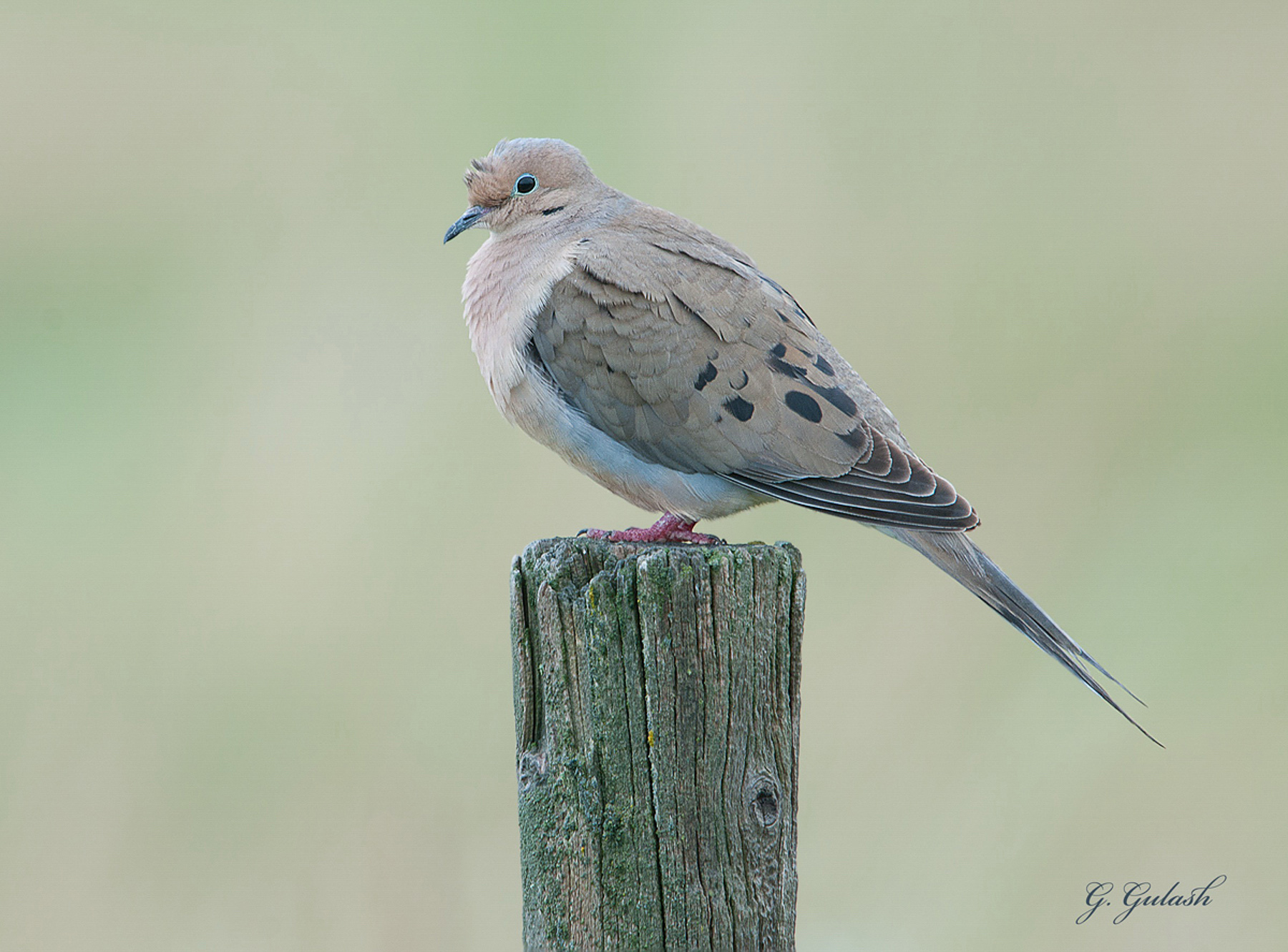
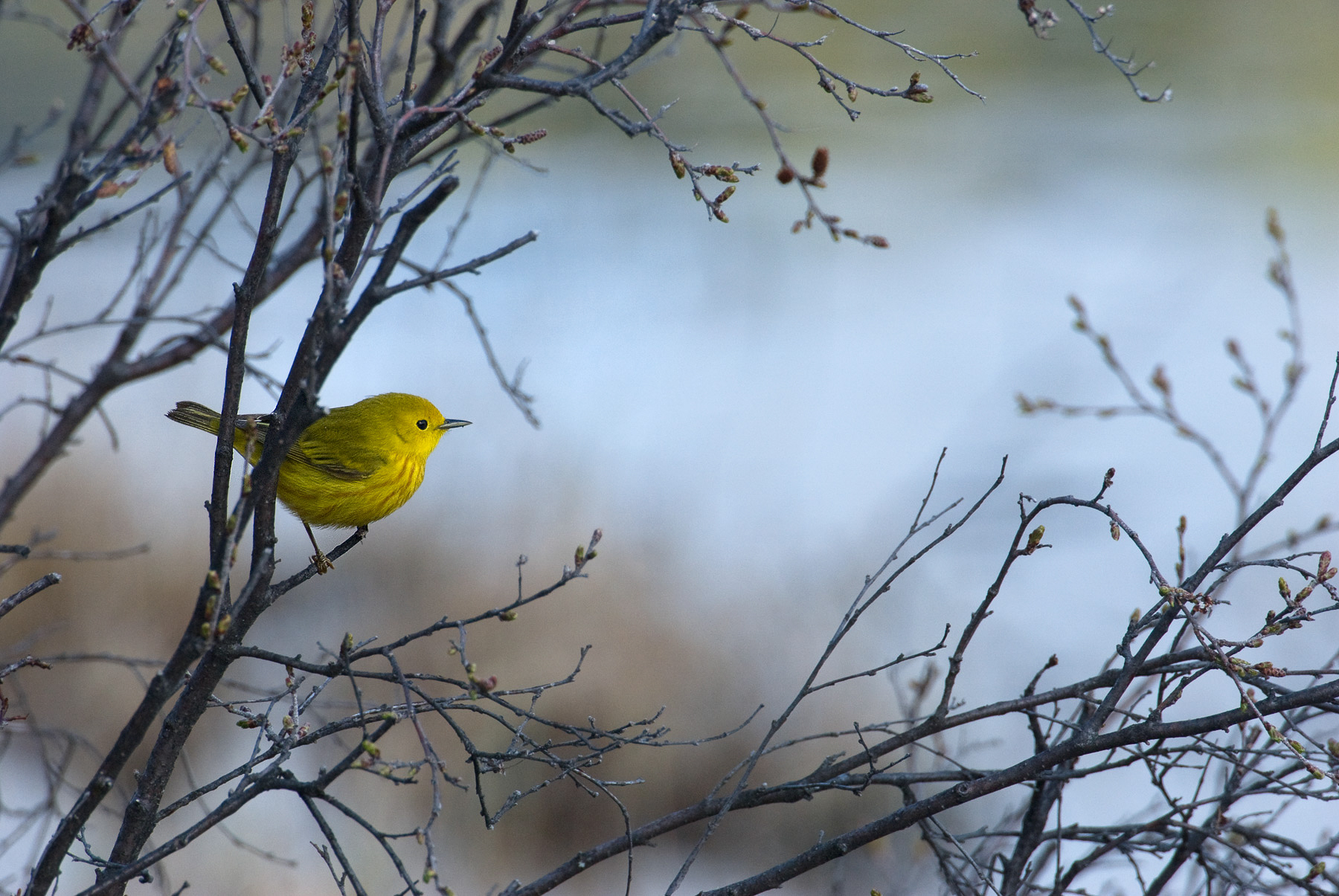
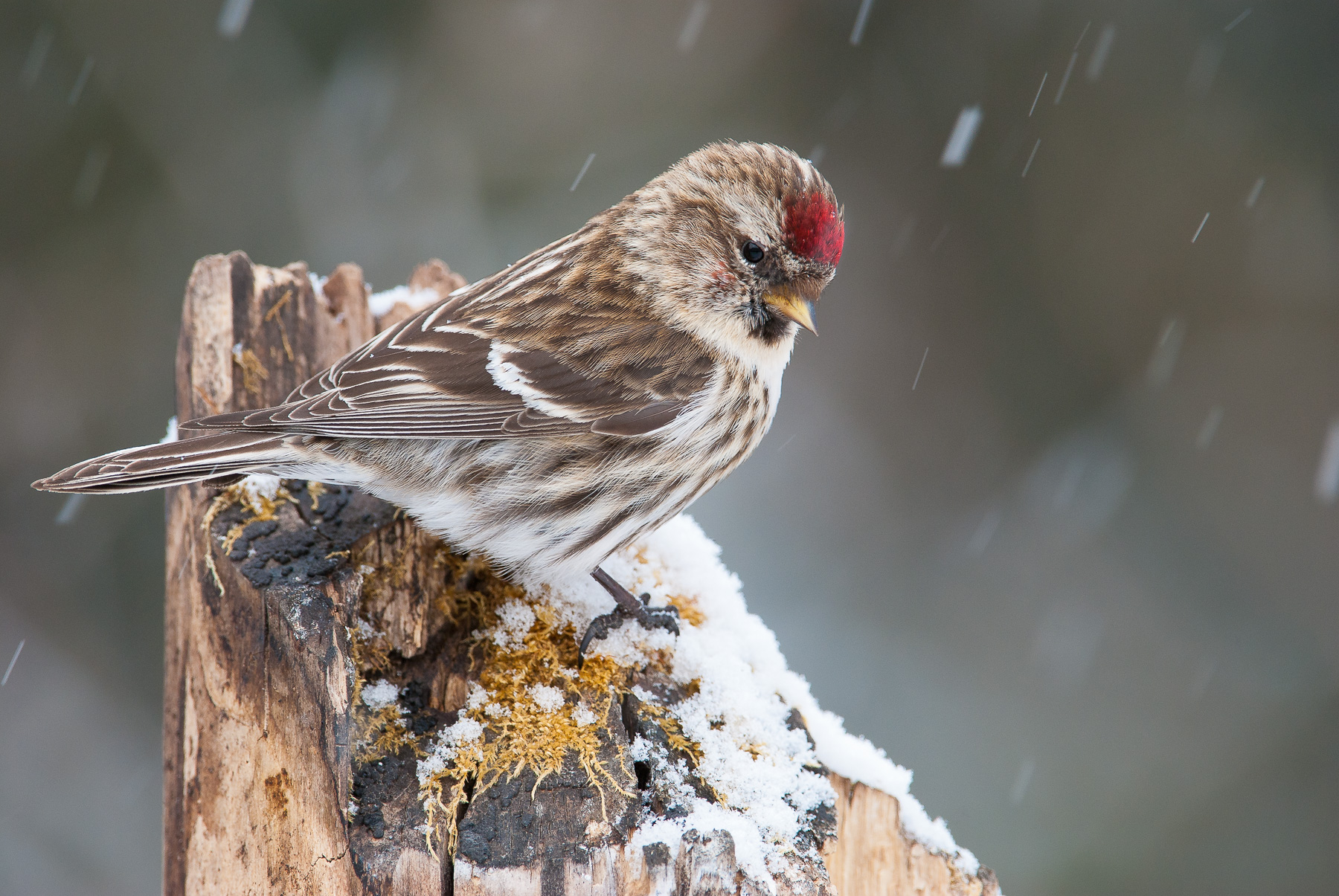
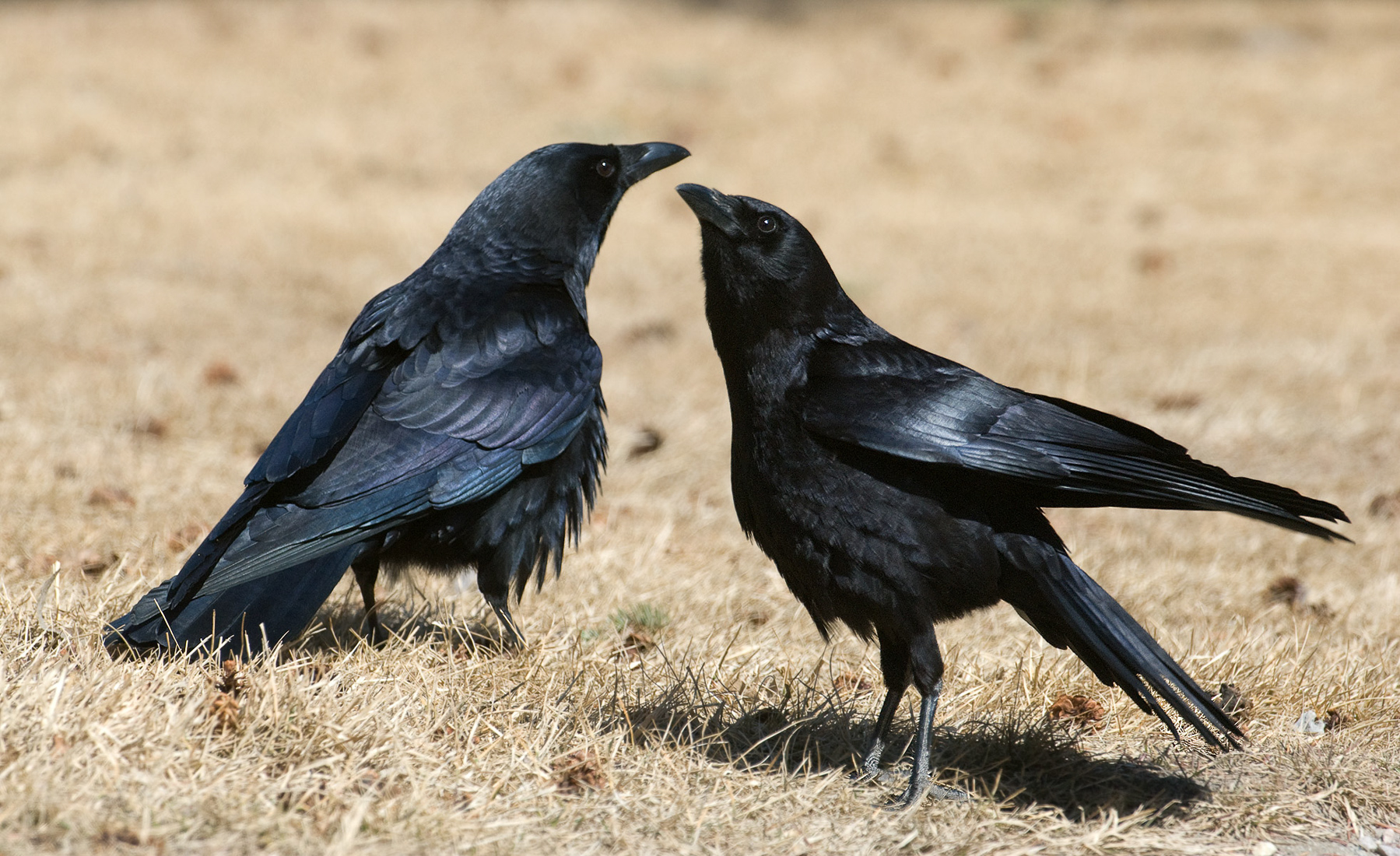
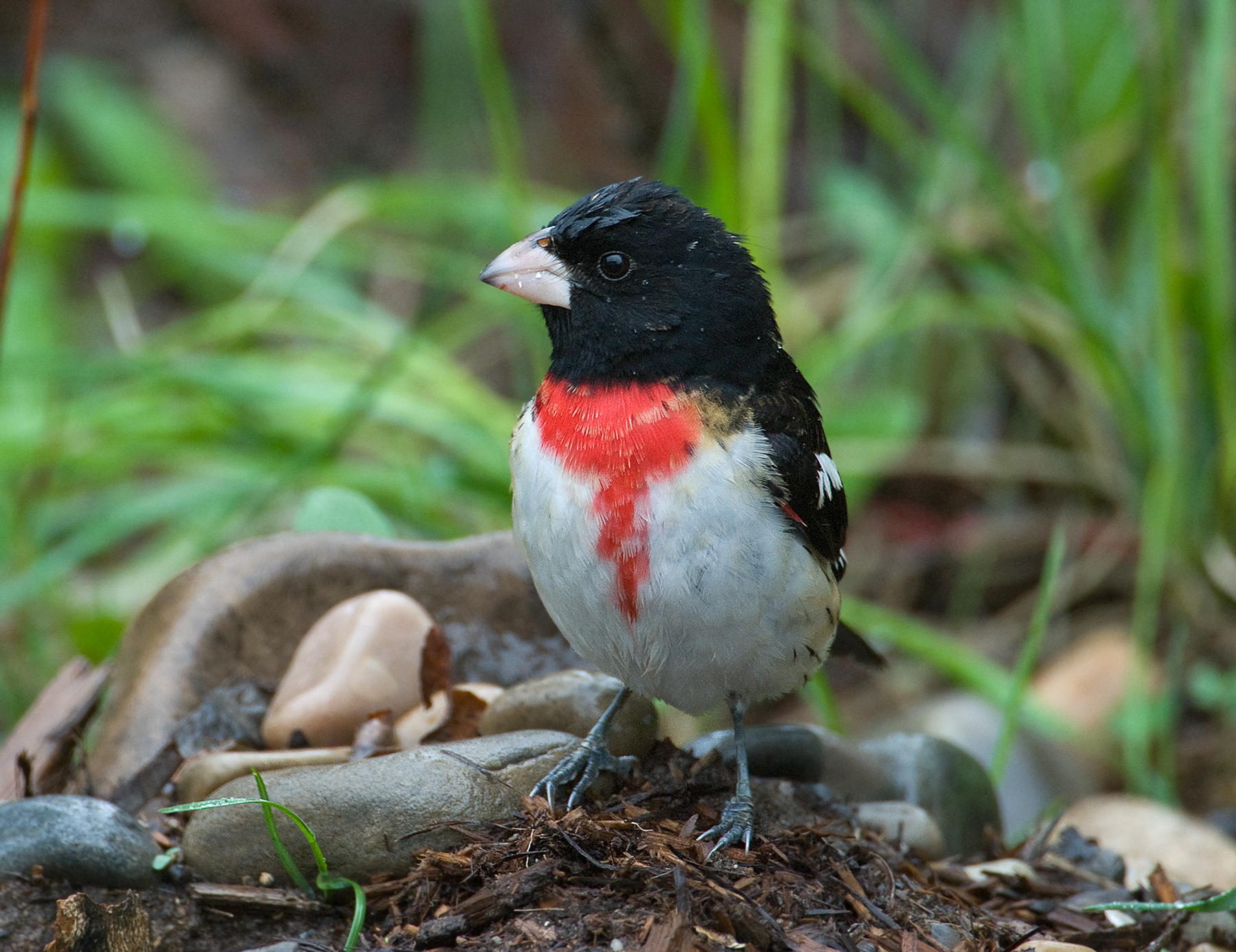
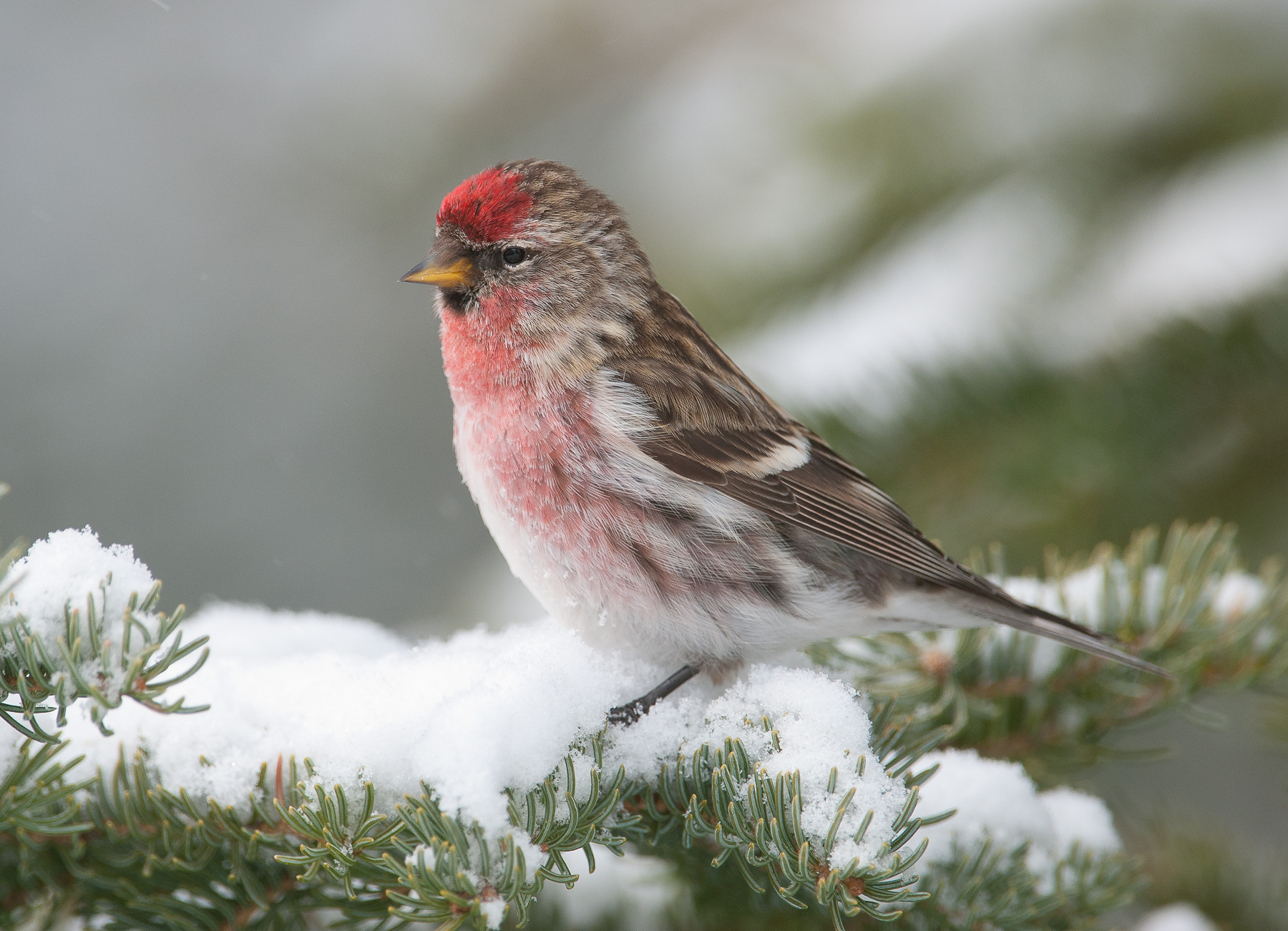
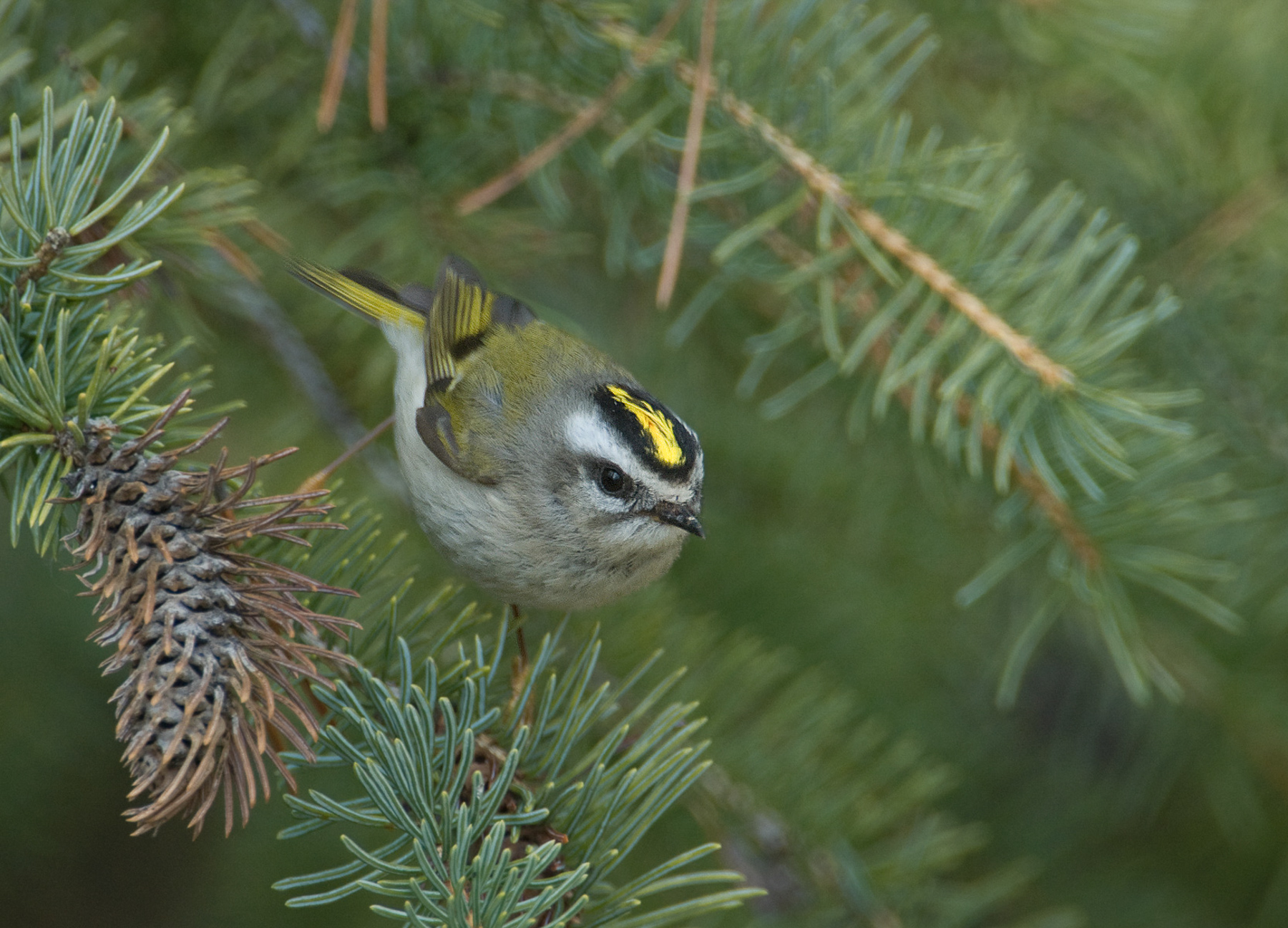
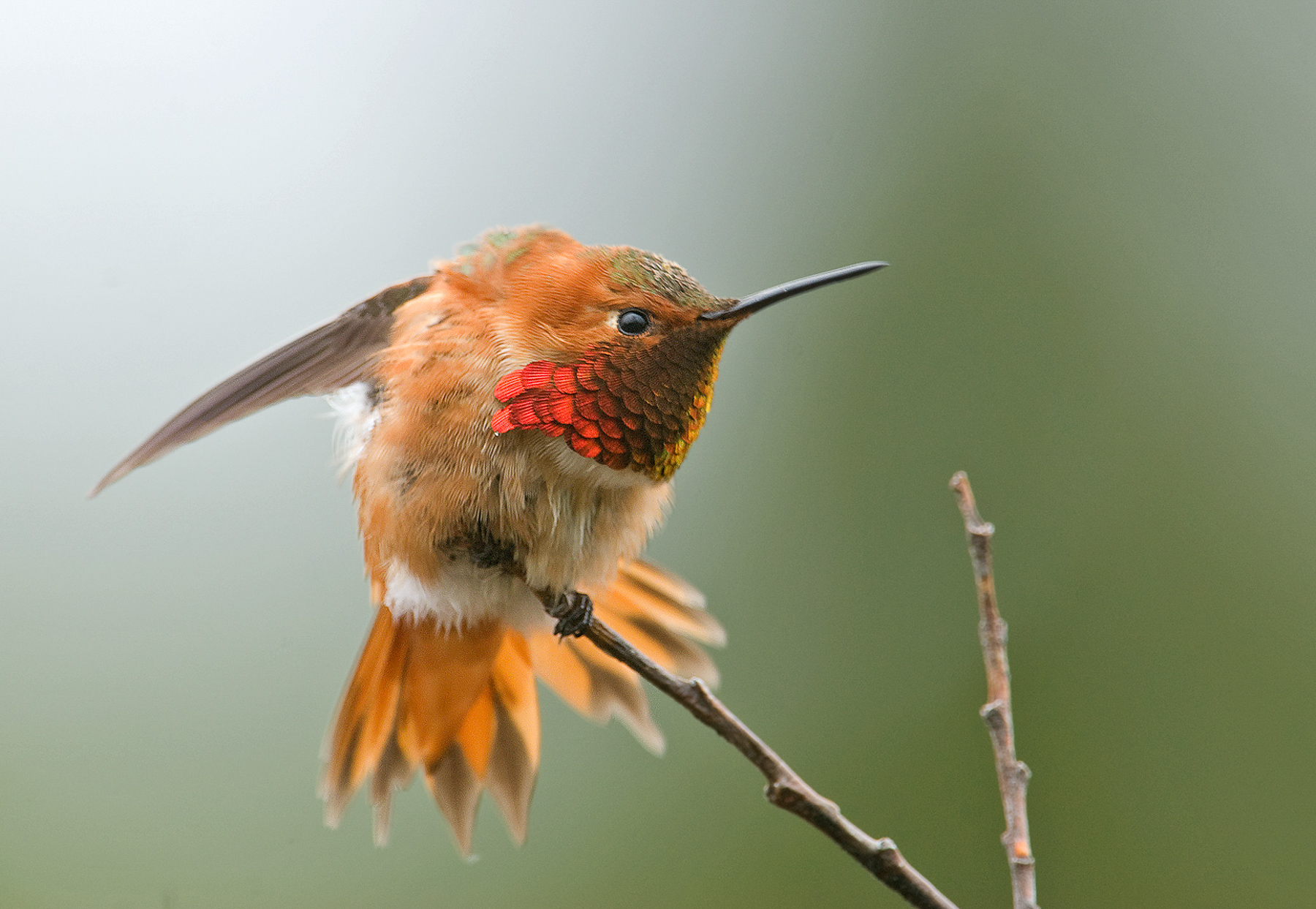
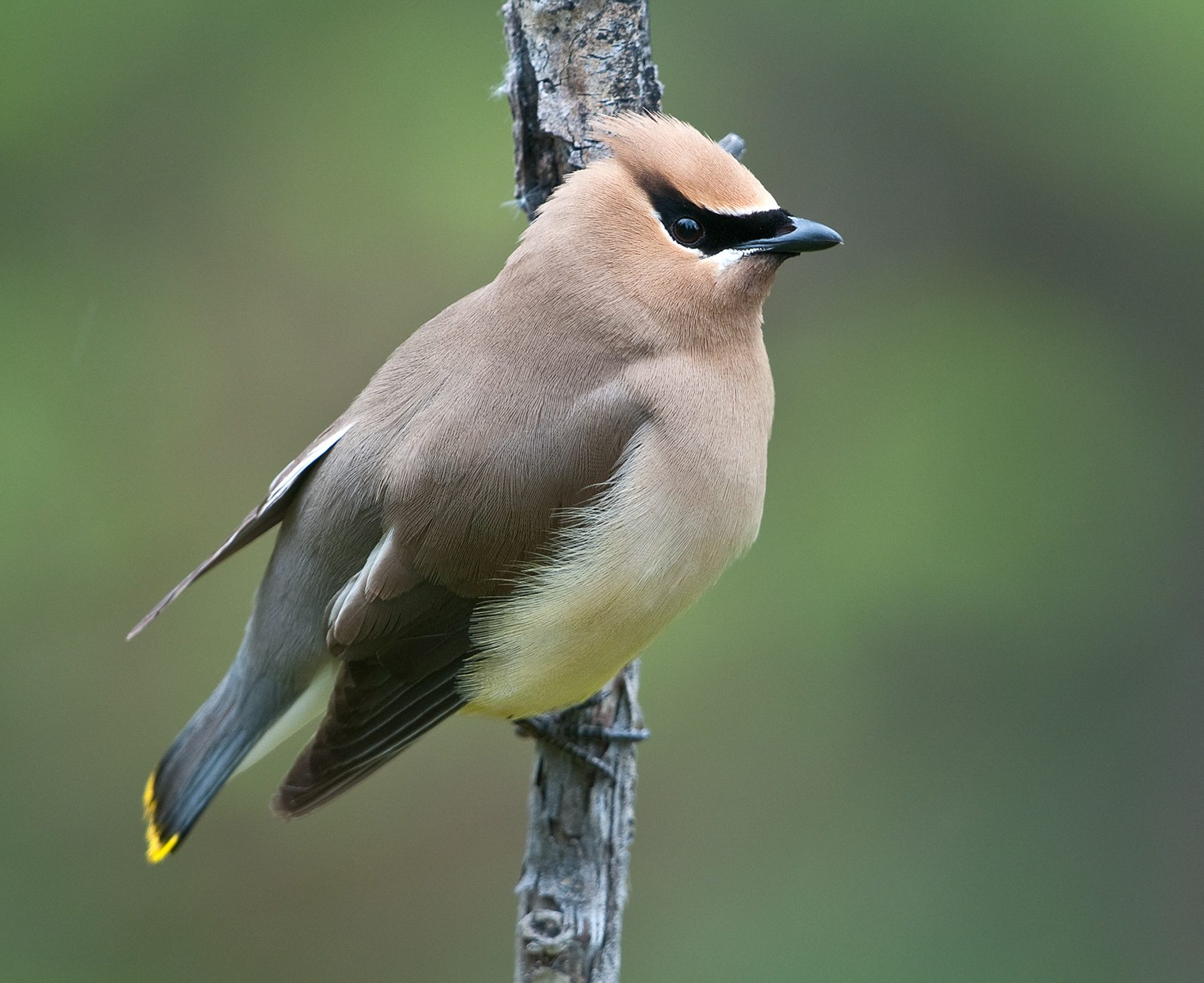
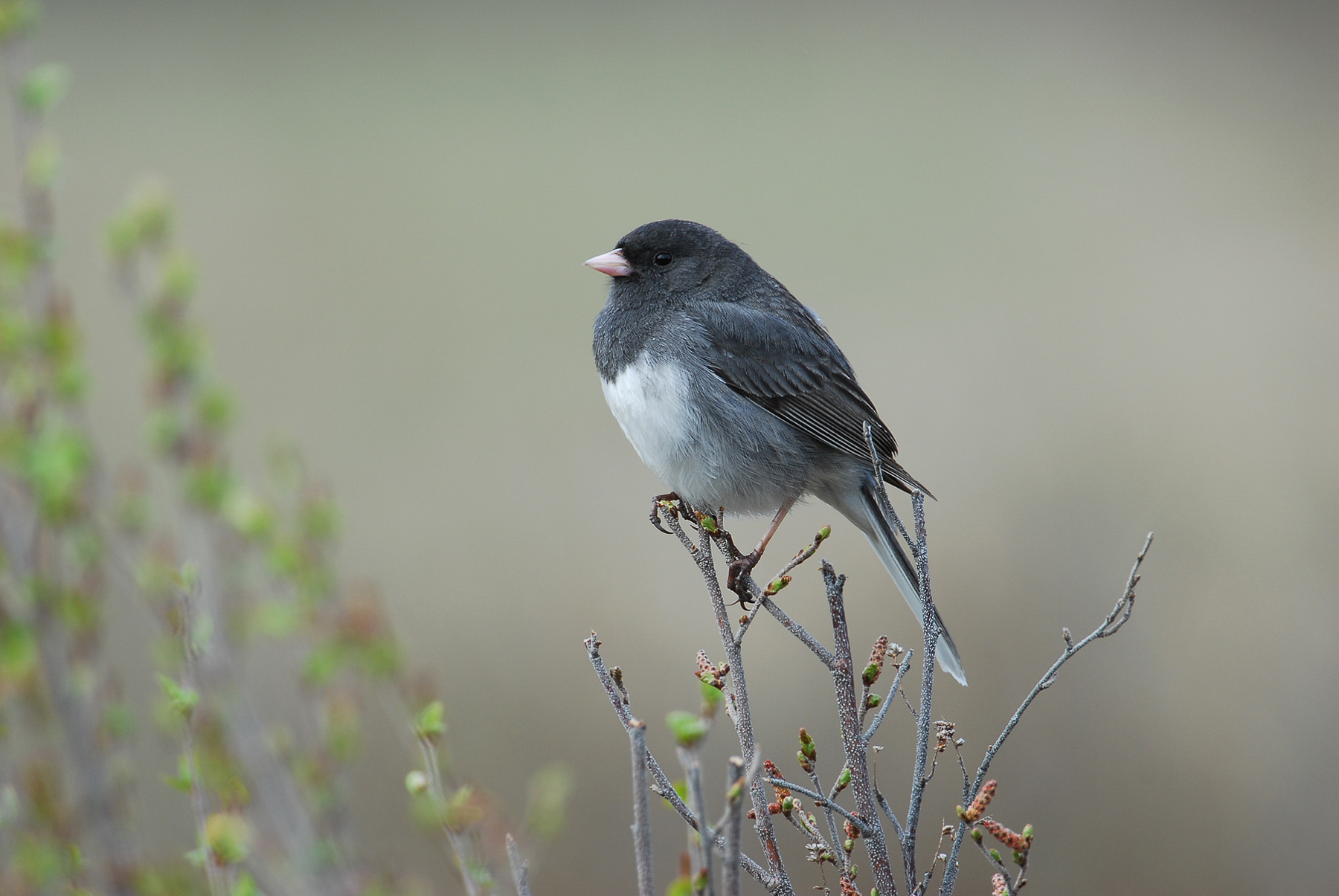
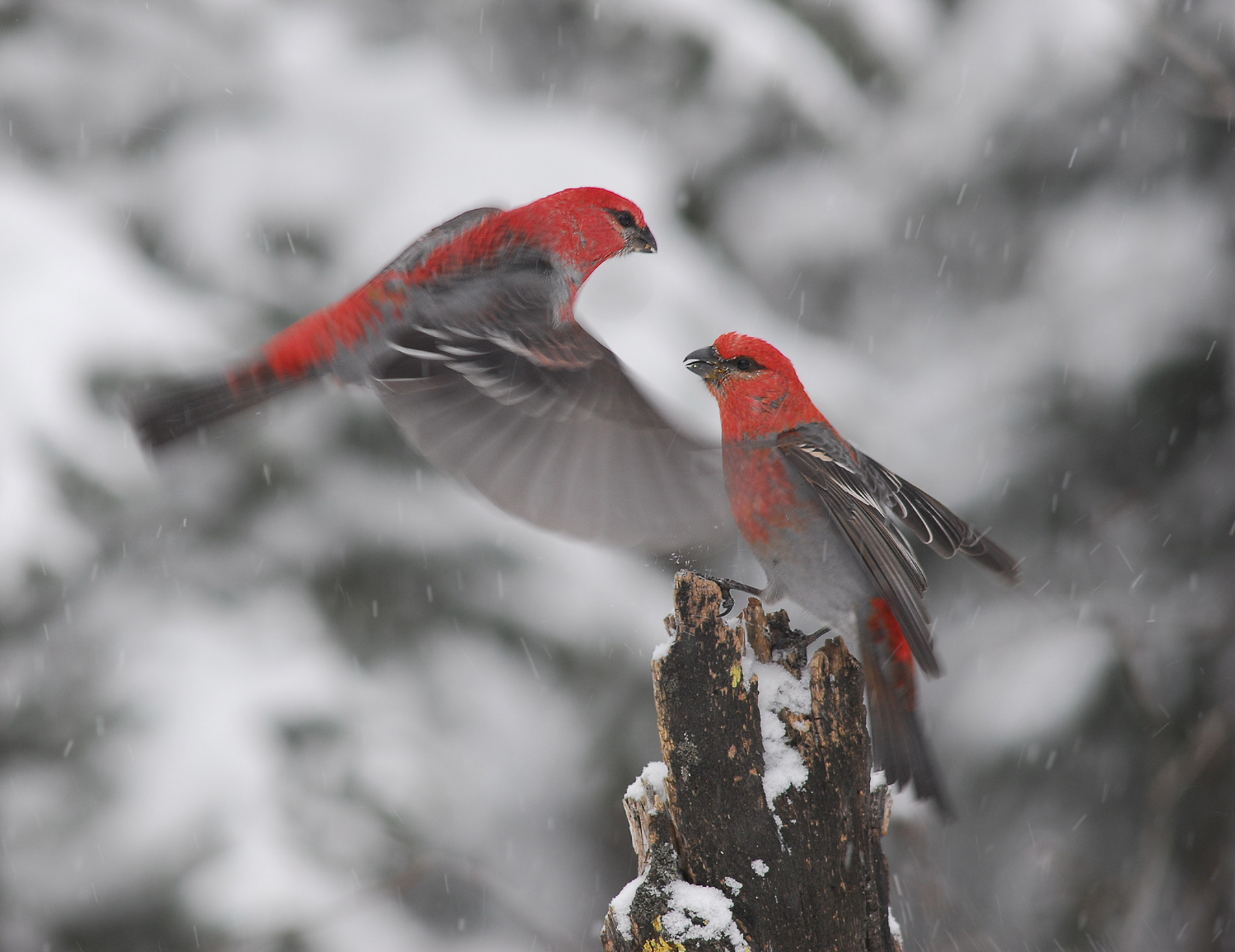
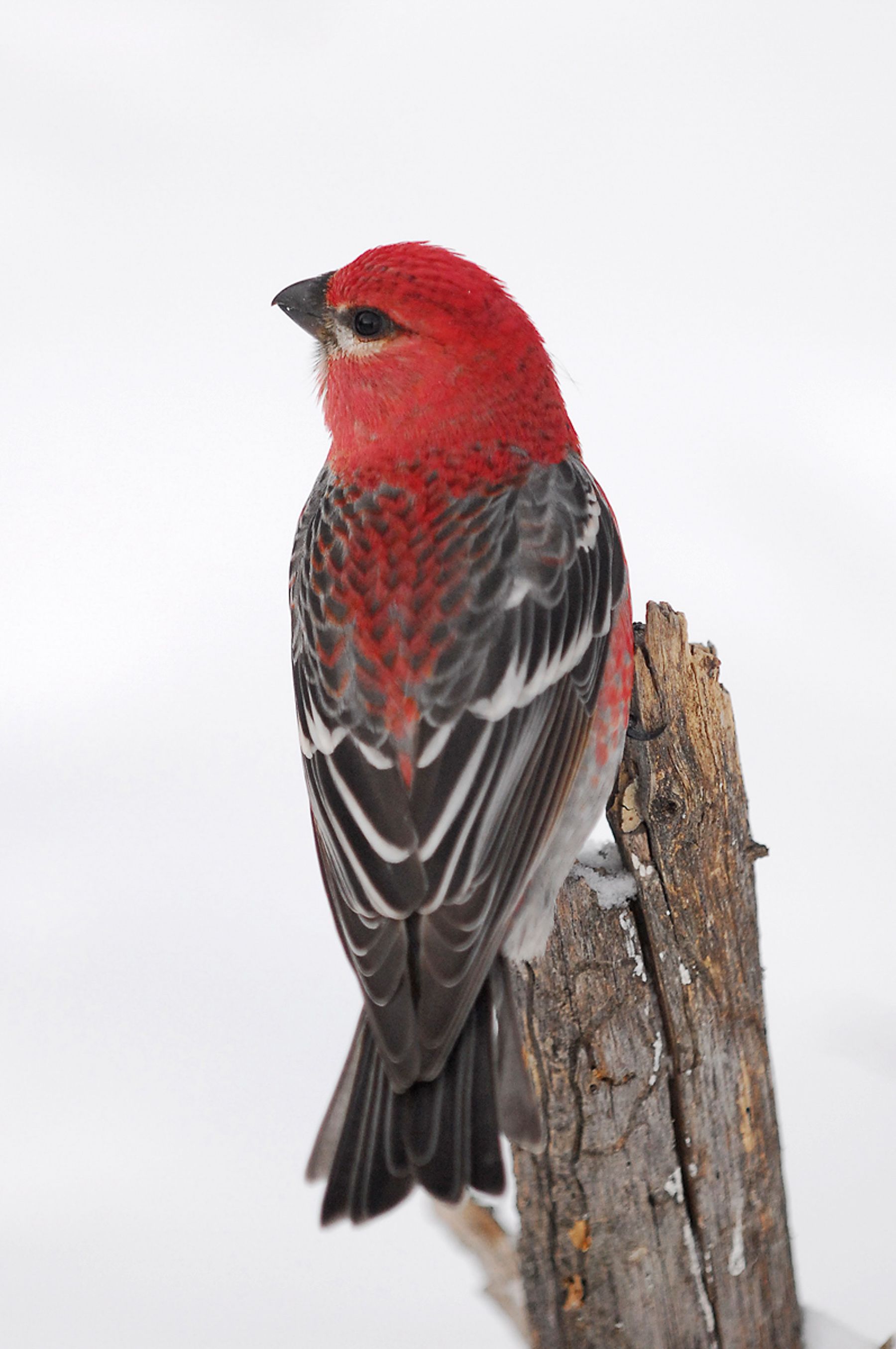
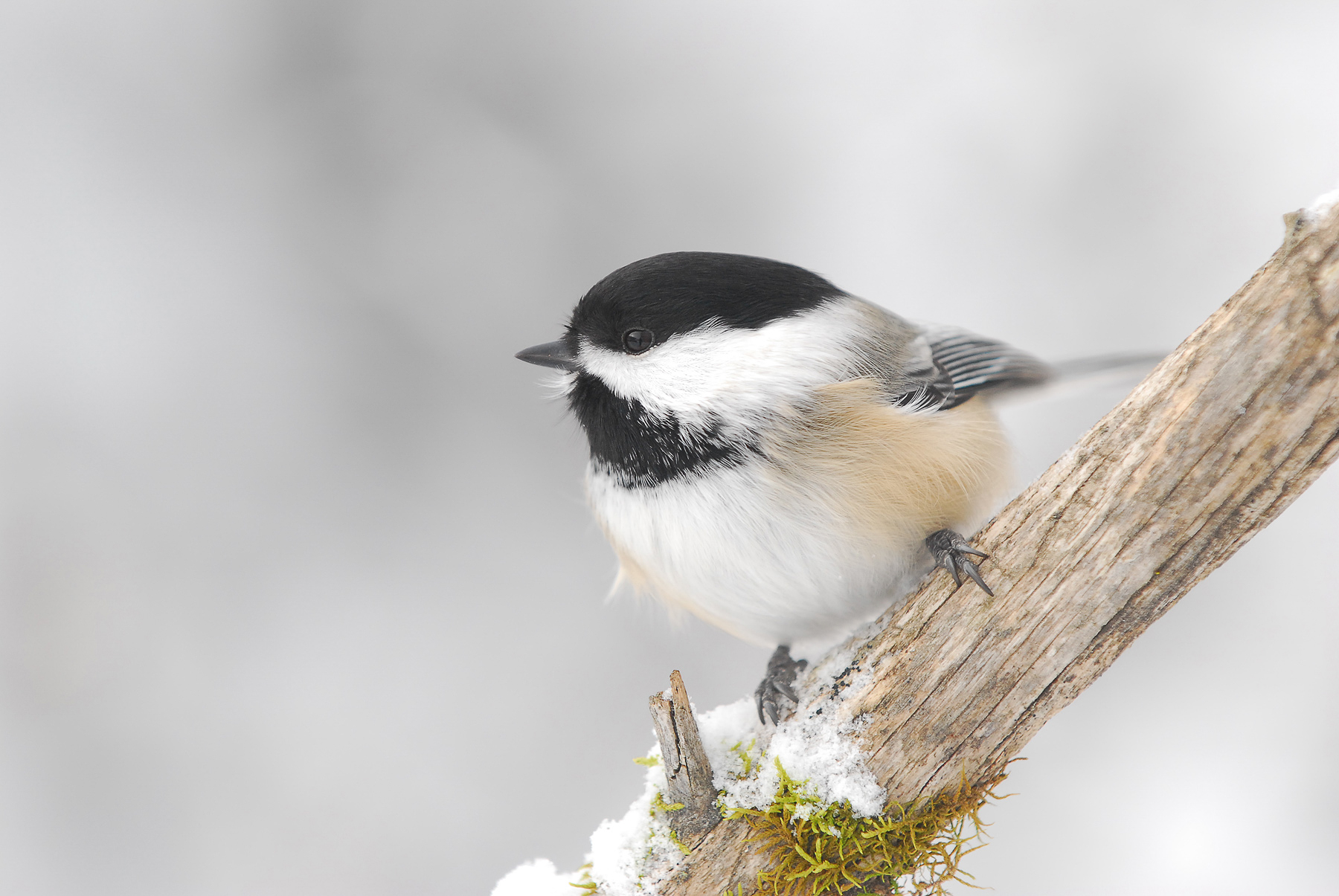
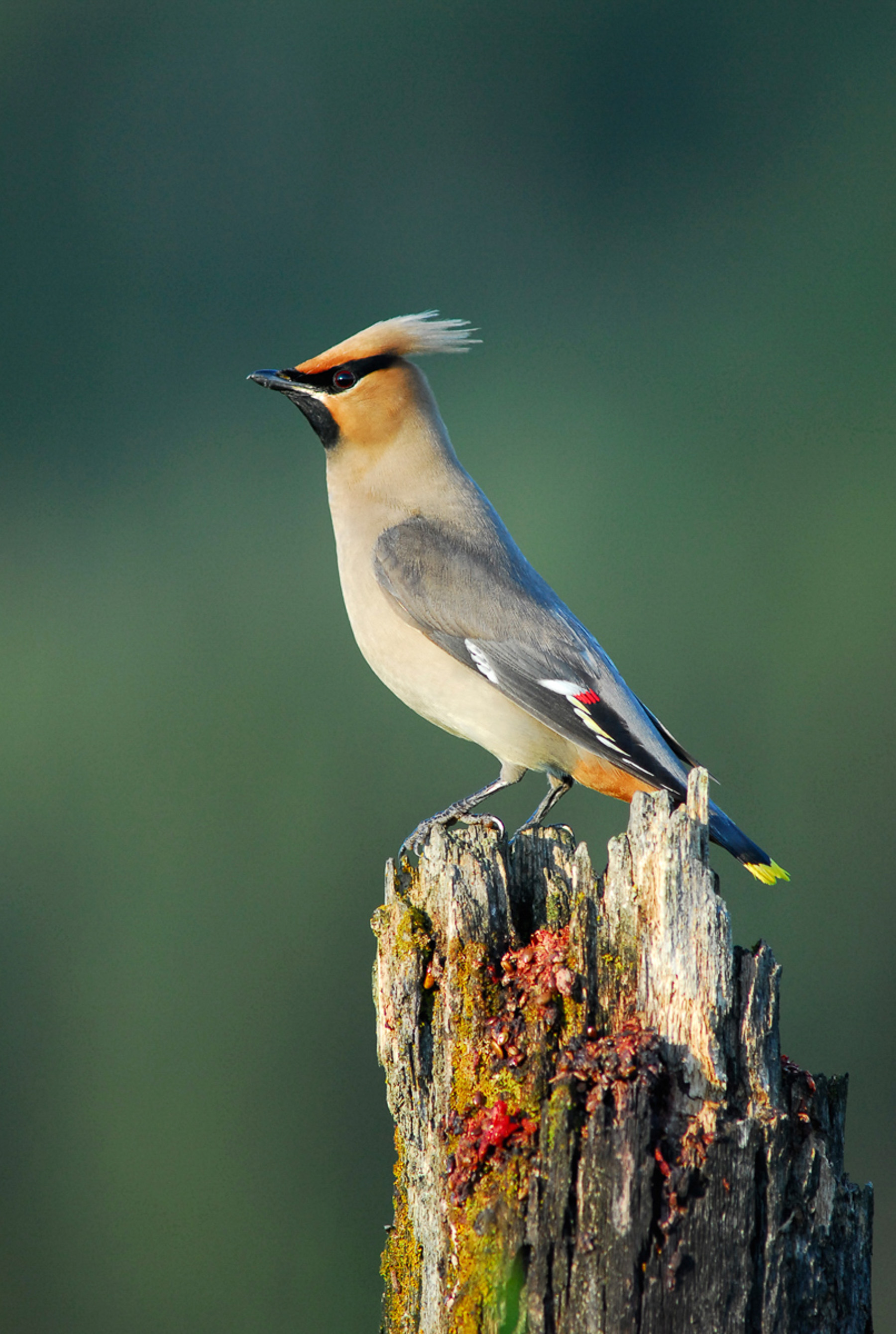
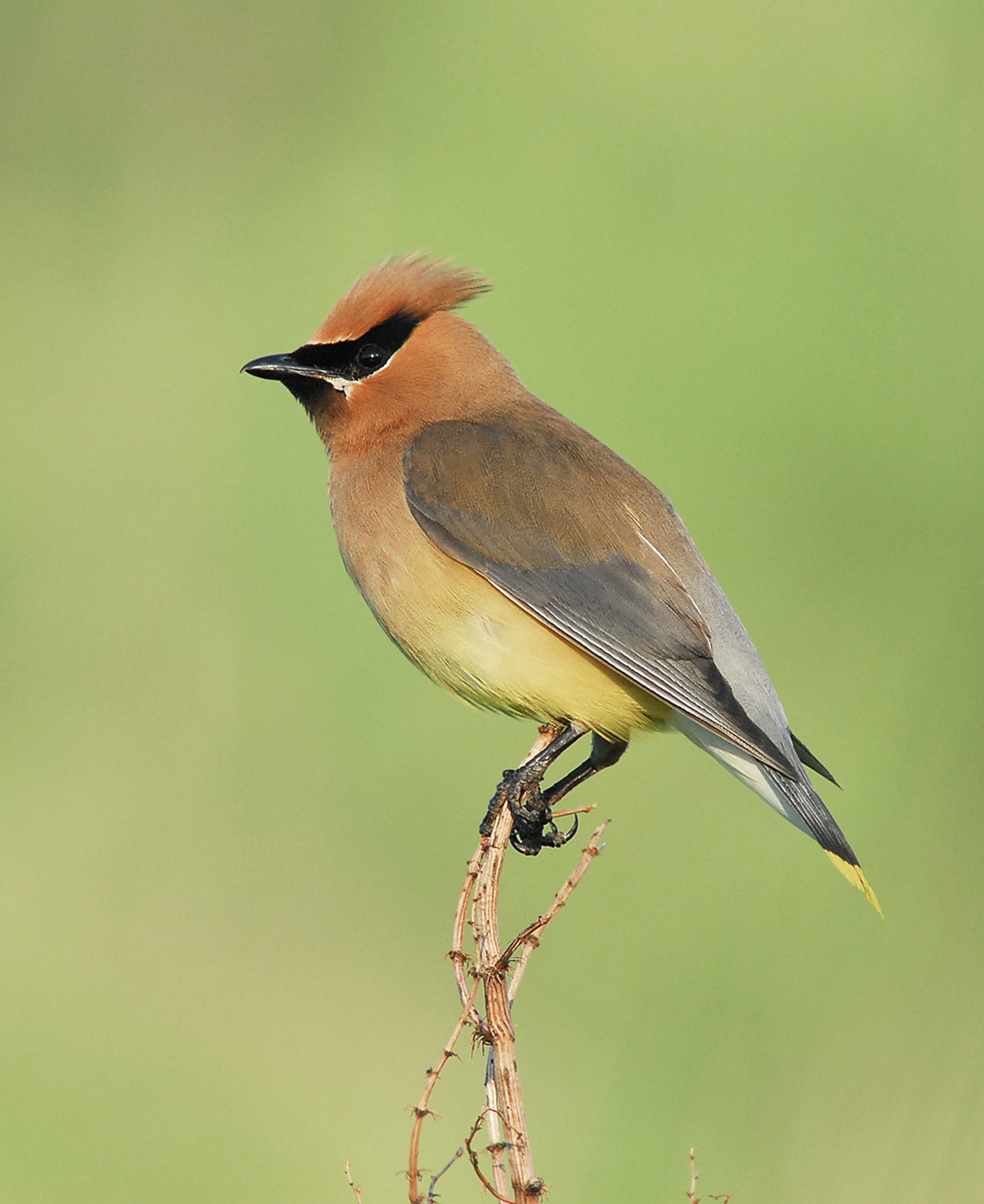
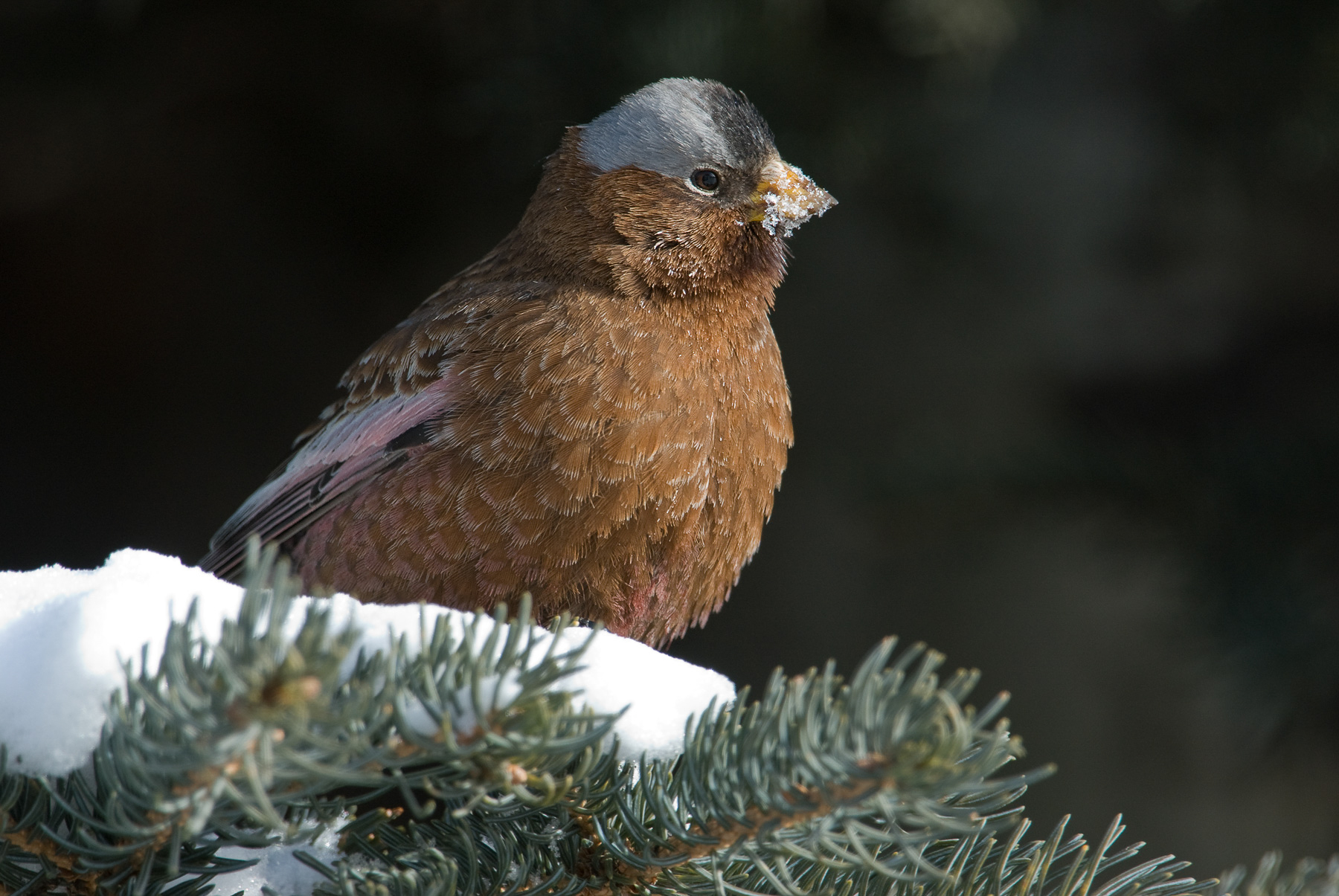
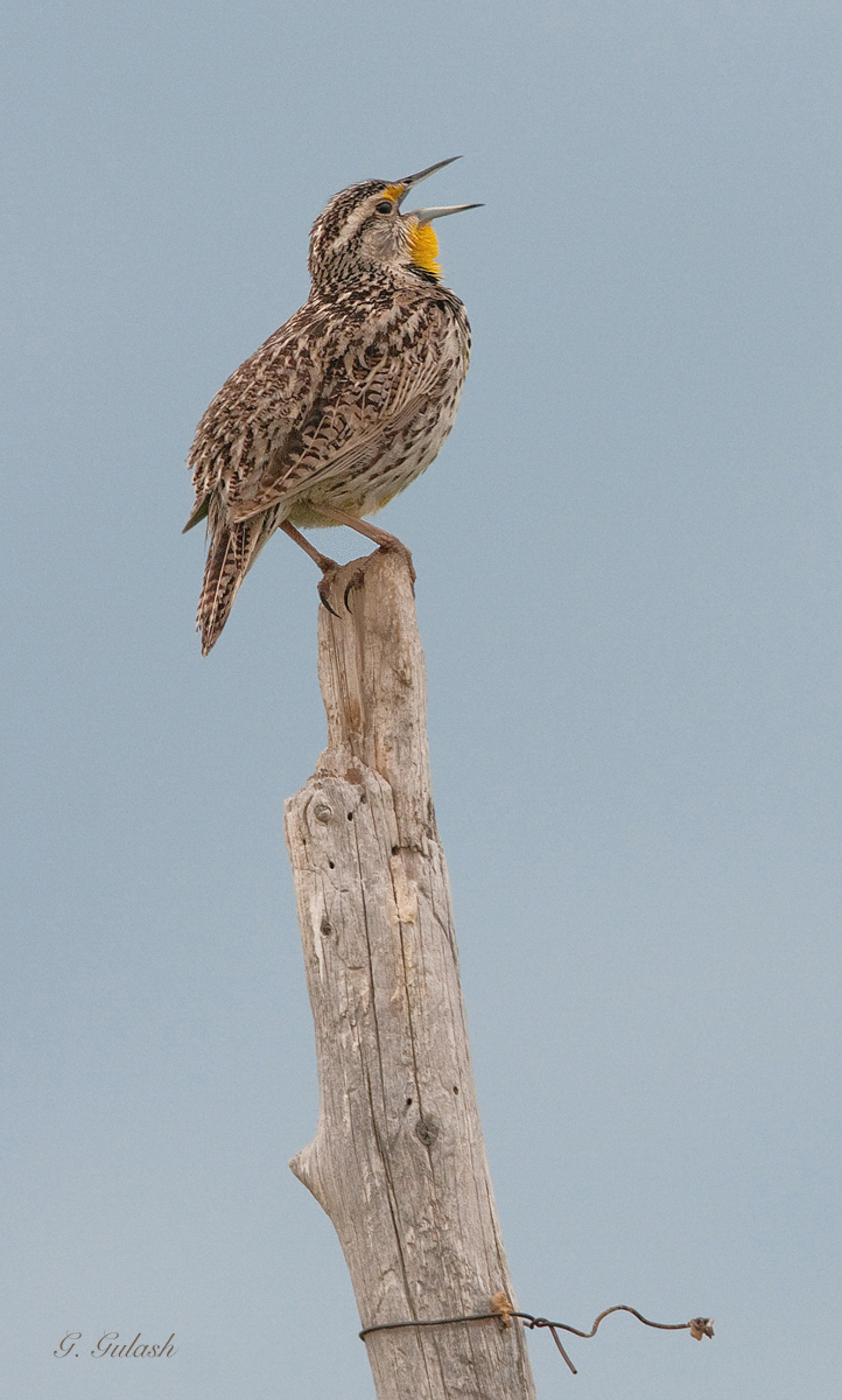
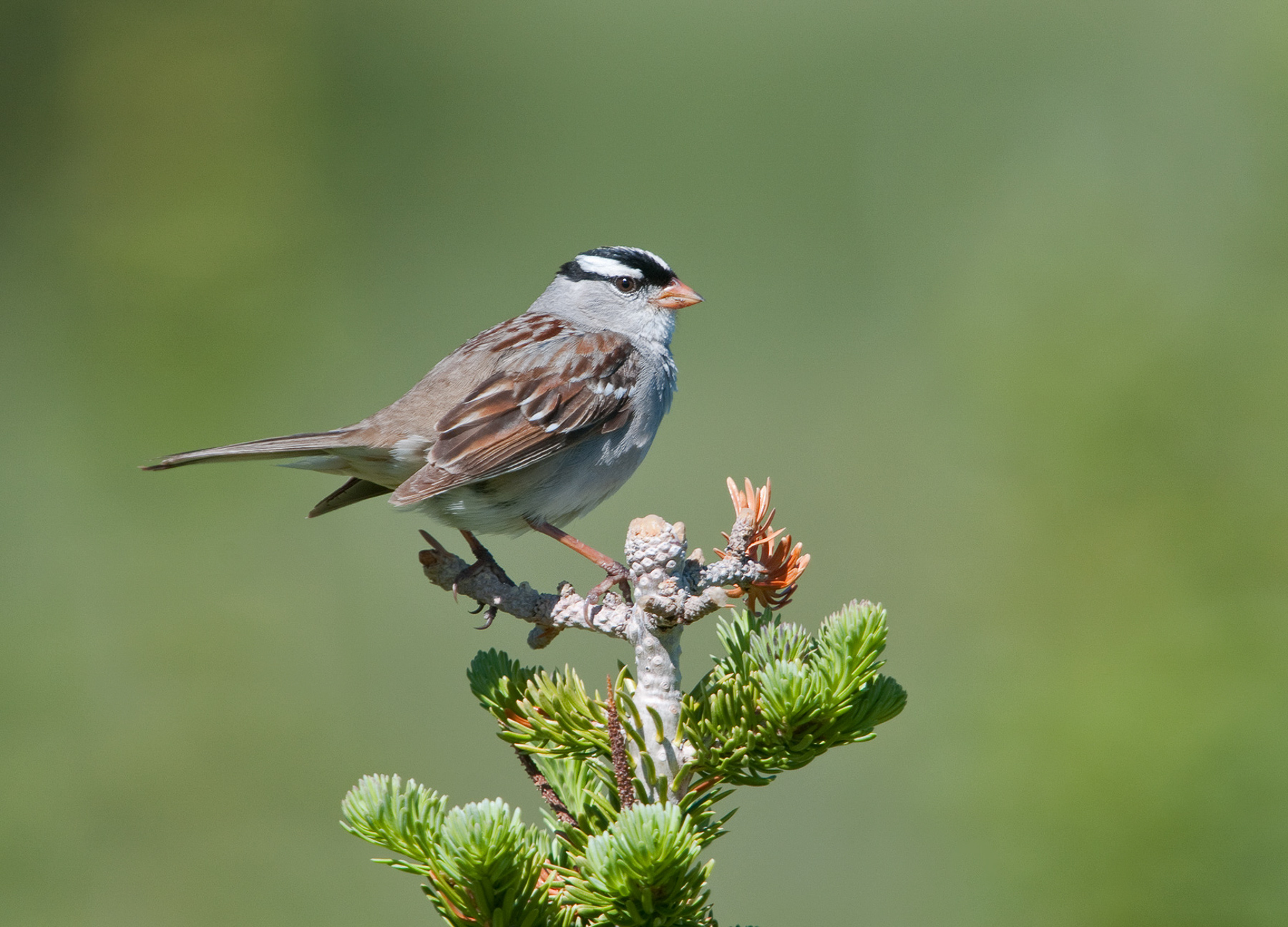
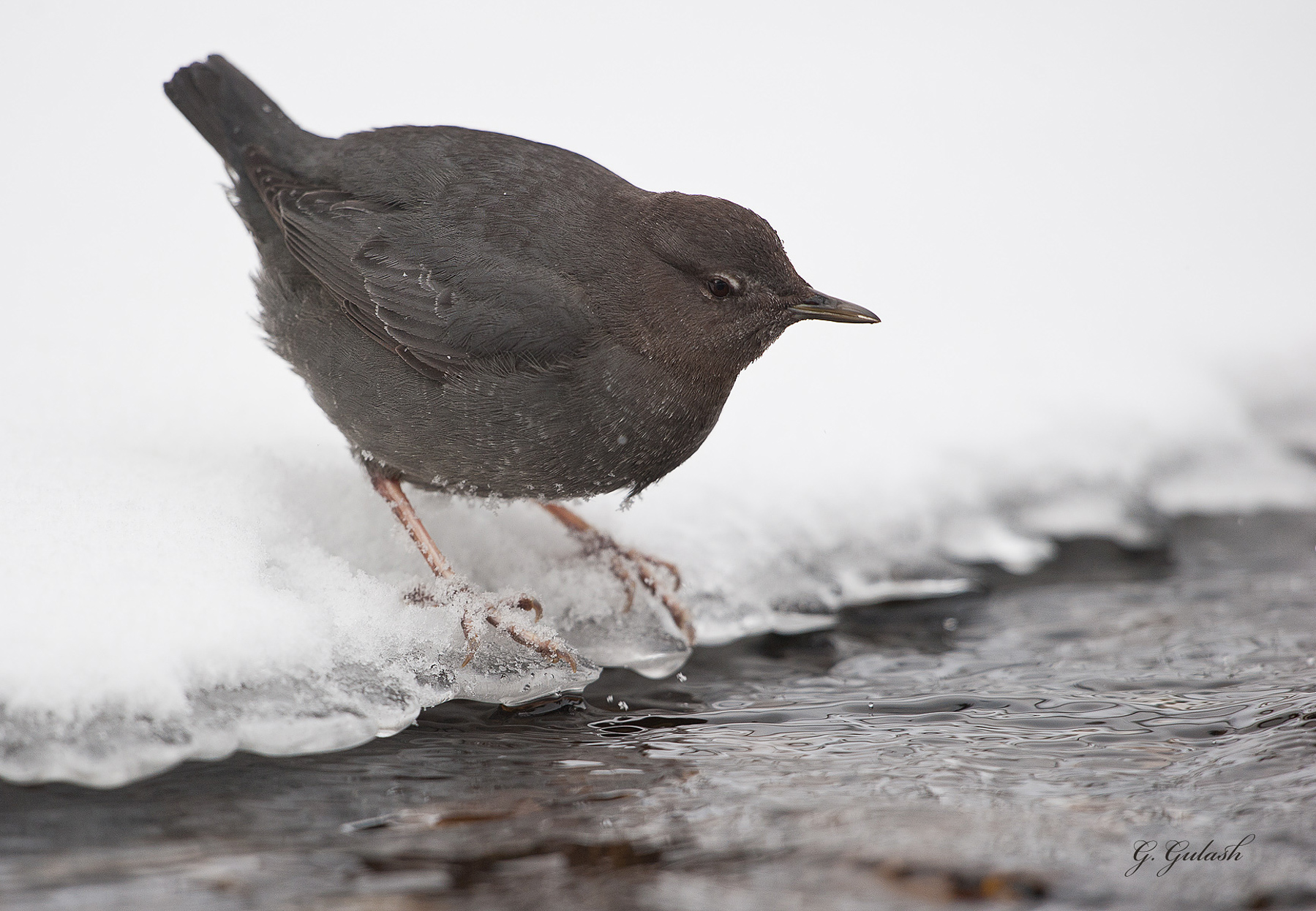
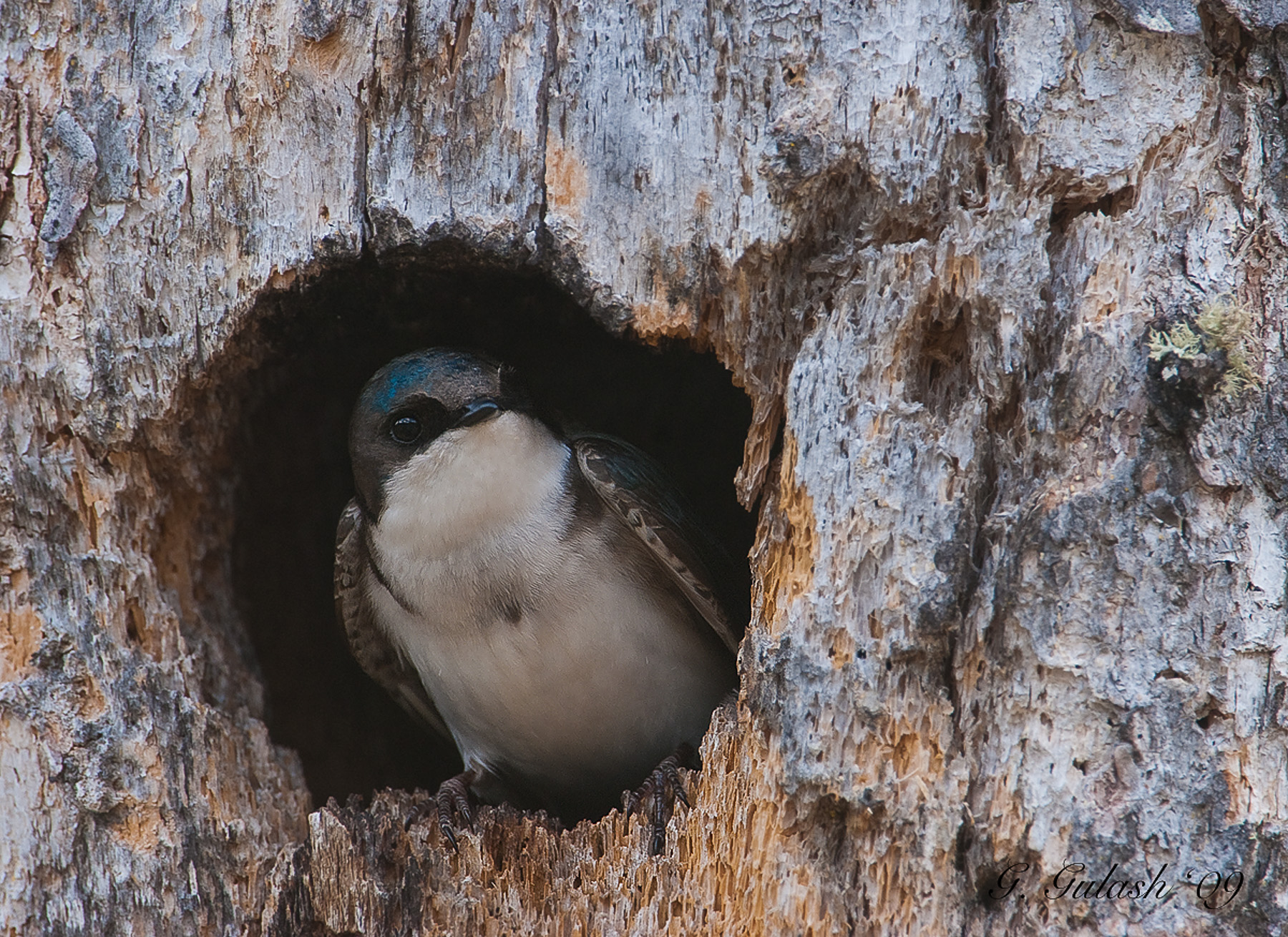
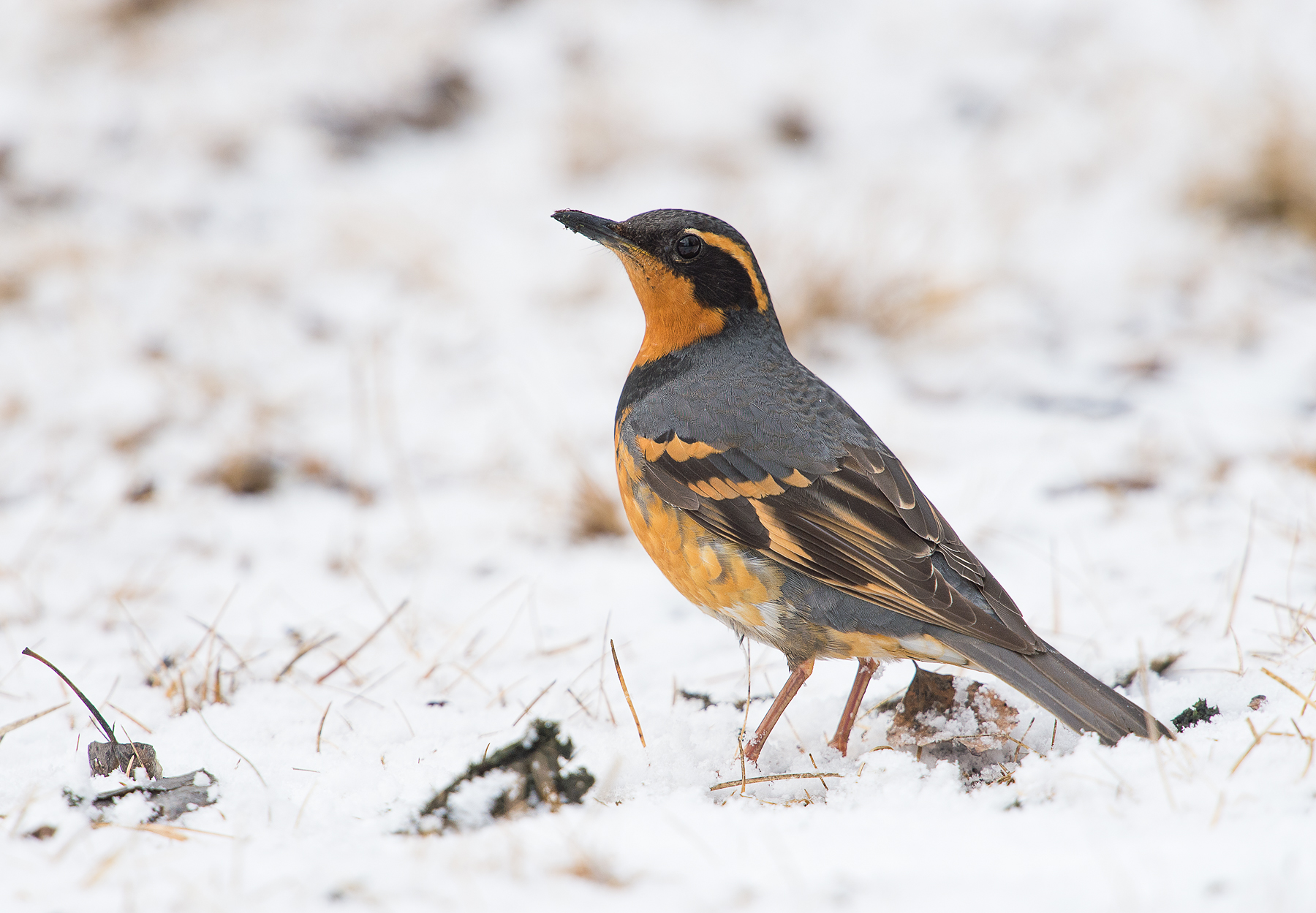
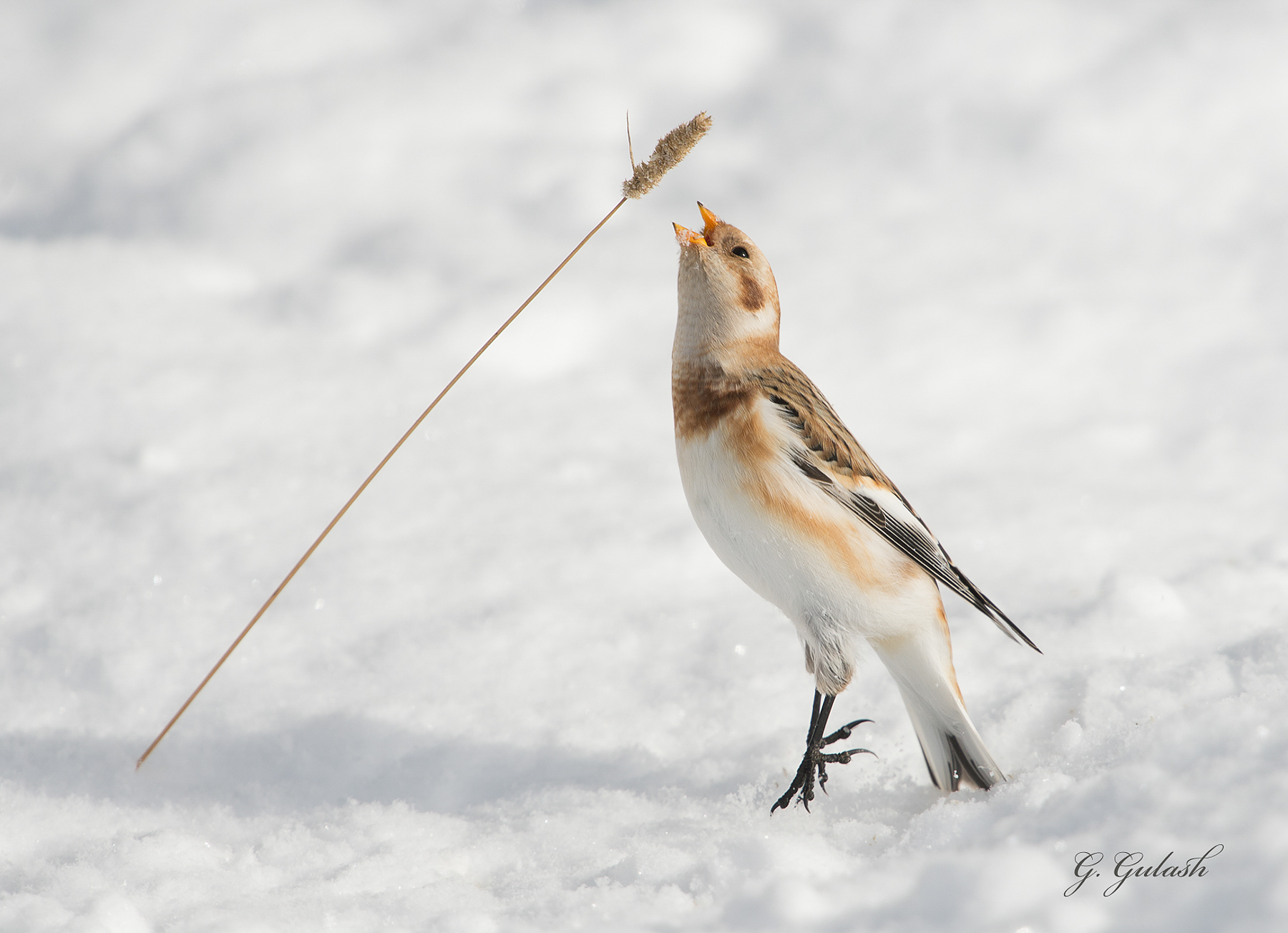
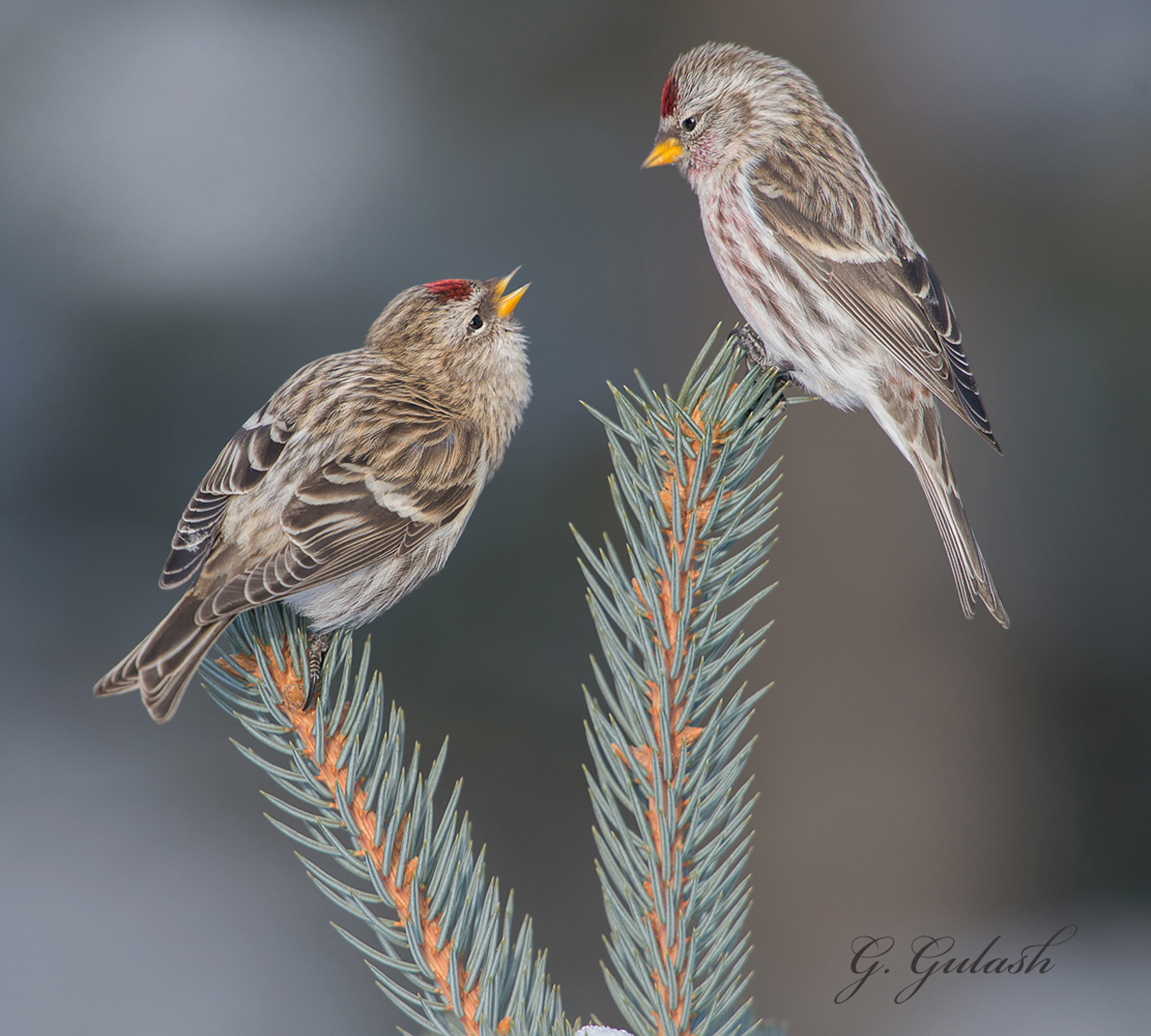
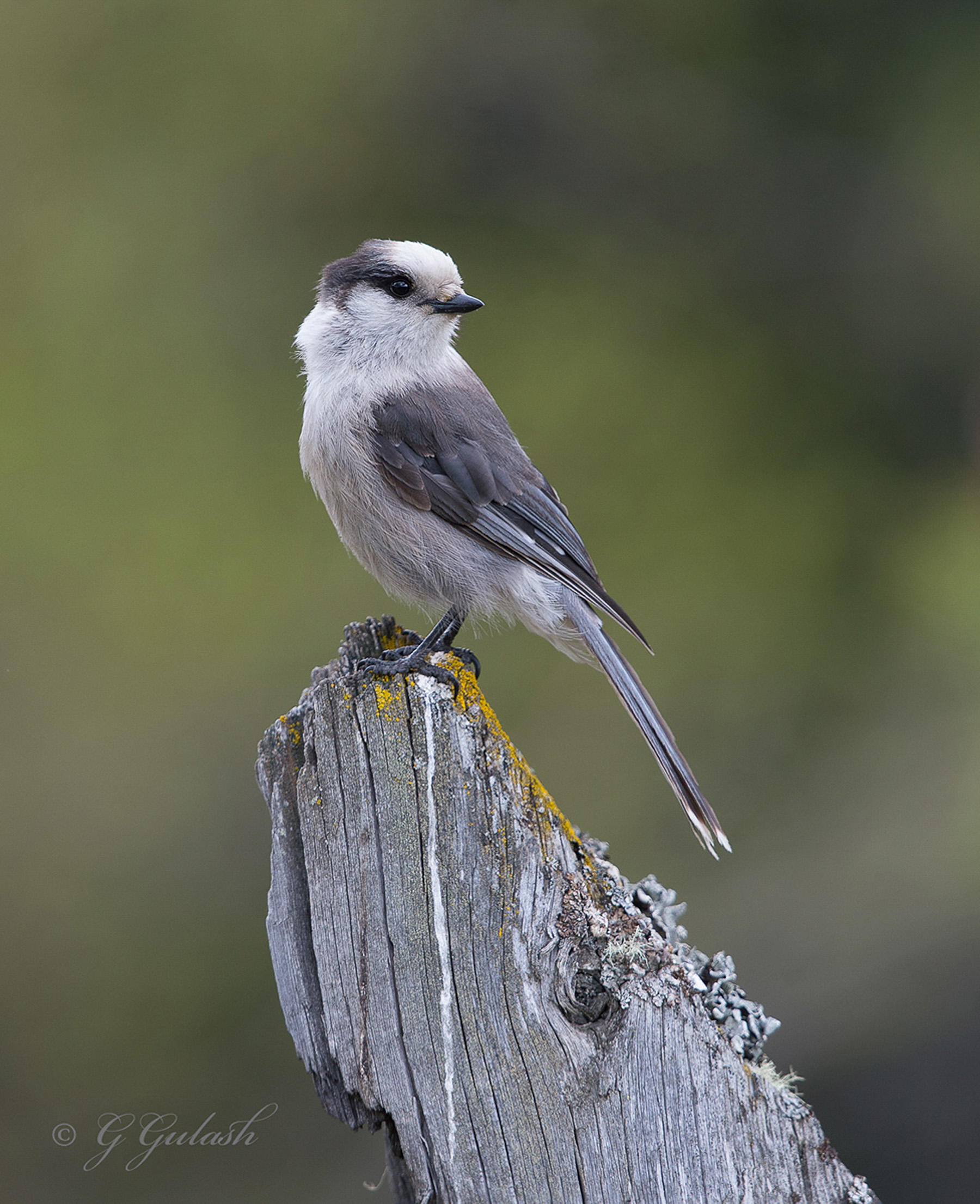
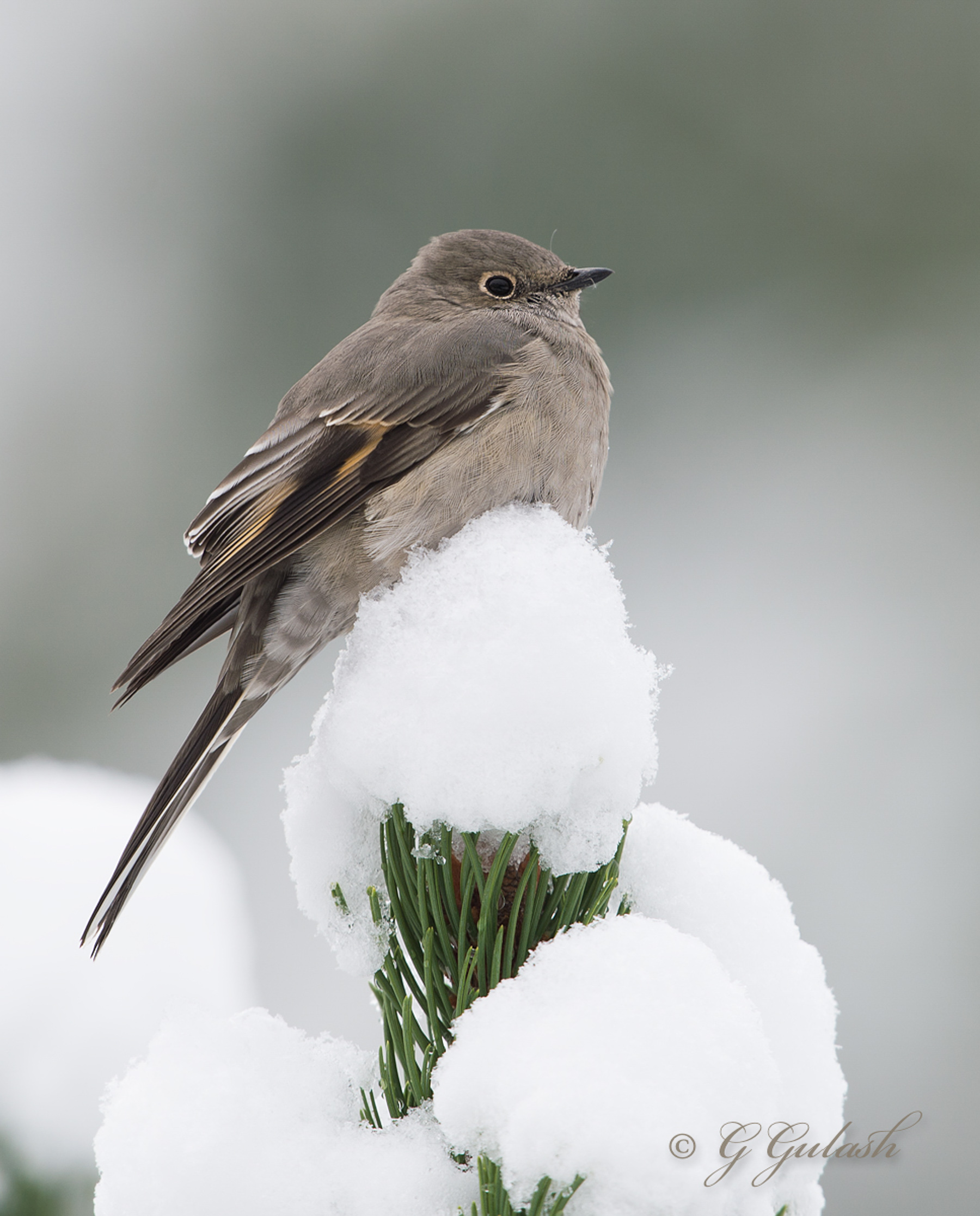
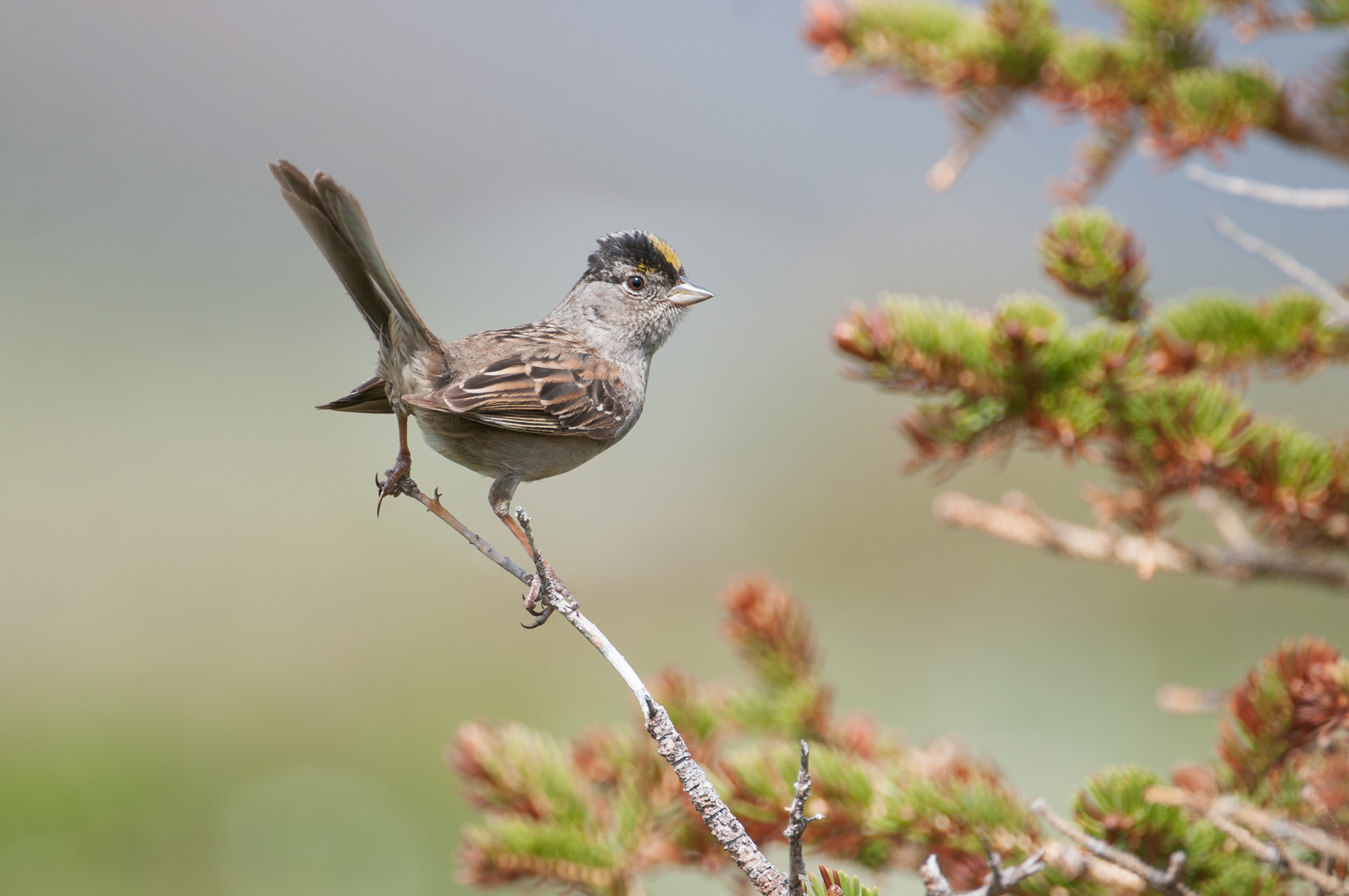
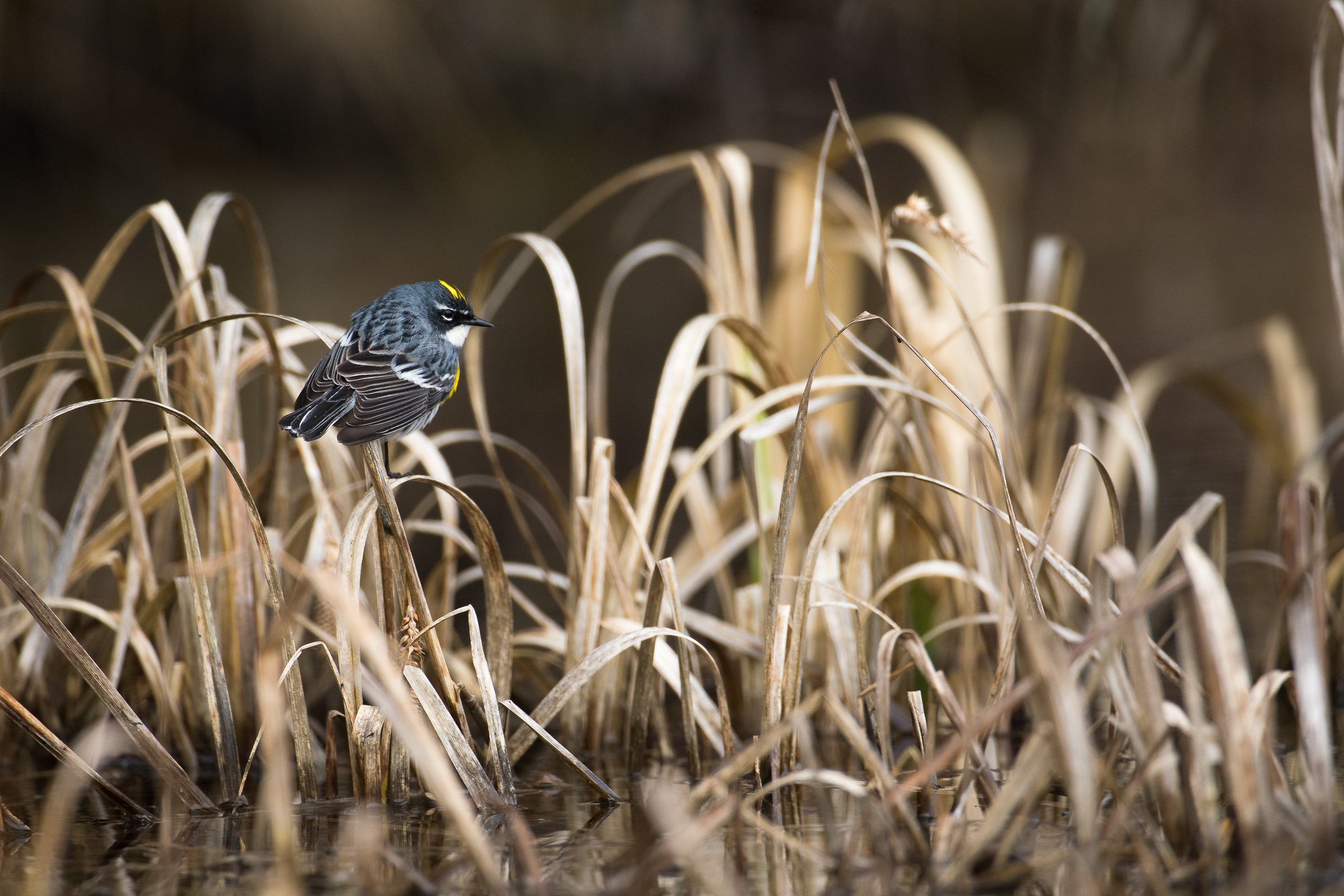
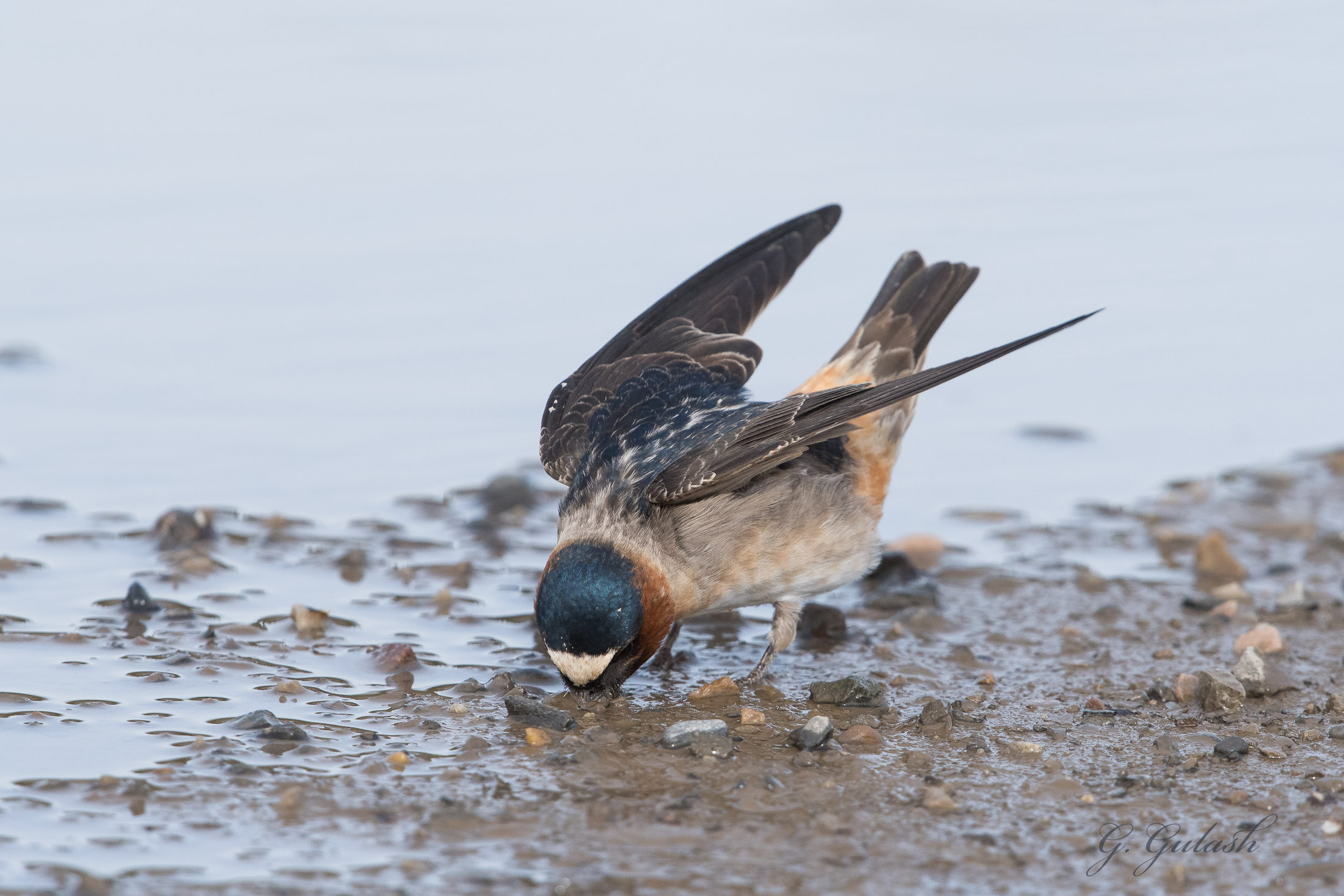
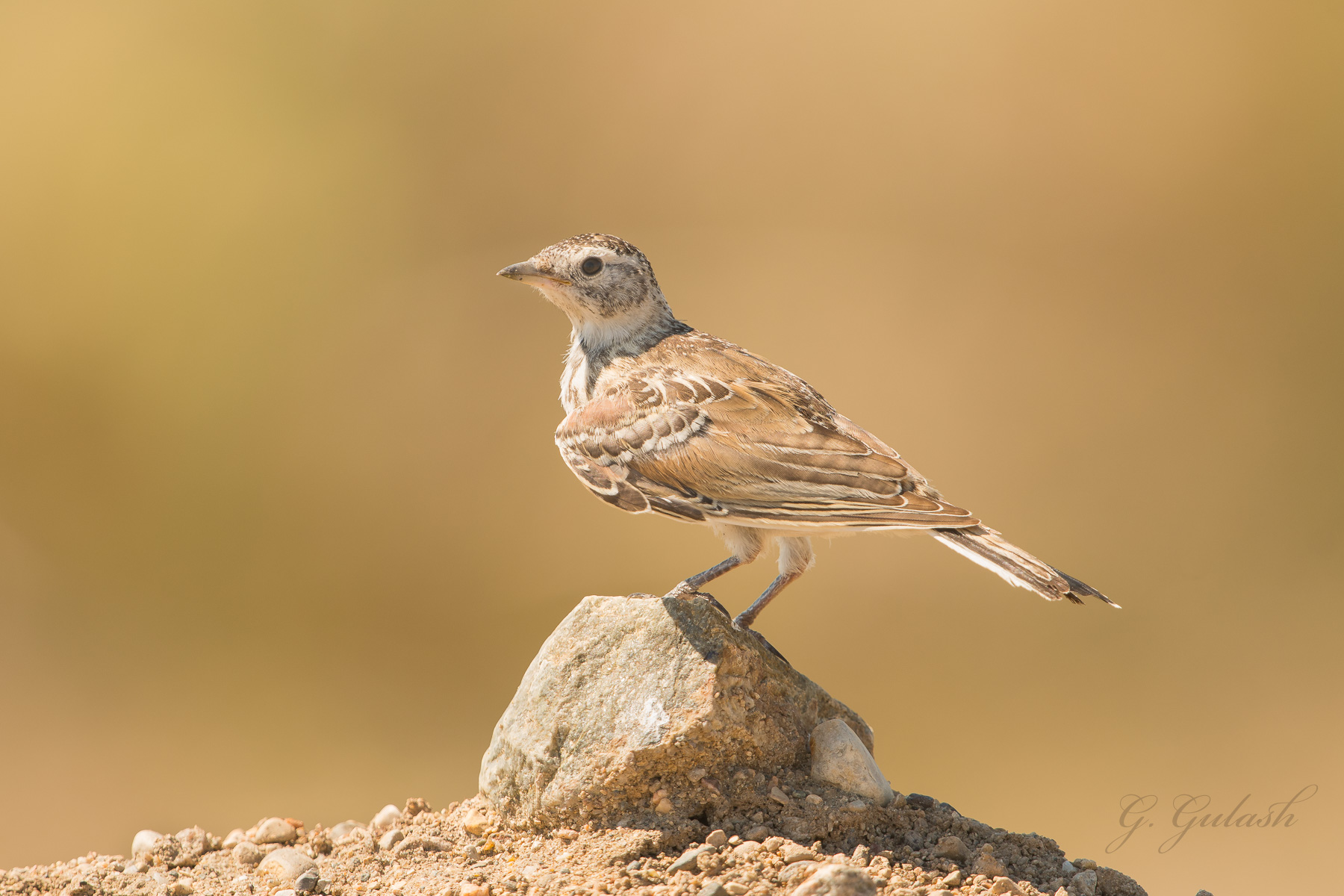
You have to hike to higher elevations in the Rockies to see this species; I love their song, their choice of rugged alpine habitat.
Gentle species, love the coloration.
On our property we have a lot of shrubs and some bear fruit. This bird had a nest in the shrubs and was feeding on the Alpine Currant nearby. I'm glad I planted all those shrubs now.
Not a glamorous species, but I try to not be judgmental, all species have a niche to fill.
I love encountering this species along the swift flowing mountain creeks.
Had I actually moved my lawn when I should have, I wound not have had this opportunity to see this young Siskin feeding on the dandelions I "left" for them.
Warbler's are a great challenge to photograph due to their small size.
Even if you start out not knowing much about bird biology, the act of getting out to photograph will immerse you in experiences like this that you can learn from. Here small insects can be seen in the beak of this warbler; I guess Yellow Warblers are insectivorous!
This species has understated colors that require good light to reveal.
We experienced a cold snap with snow in the foothills when the Mountain Bluebirds were passing through. This male was having a nap, conserving energy I assumed to survive the situation.
This female was part of a spring migration fallout precipitated by snowy and cold conditions.
What can I say, look at the iridescence of this bird!
Common, but we shouldn't take them for granted.
Some say there song is like a rusty gate opening, I like it.
Every bird species has subtle differences, the shape of their body, the proportions, the way they hold their wings, in addition to the beak and feather coloration that make them so very interesting to just look at.
I haven't seen any this winter of 2017, sadly many bird species becoming increasingly harder and harder to find.
Love the "tiger stripes" on the breast.
Iconic bird, so much personality.
So much to like about this birds's plumage, love em.
An insectivorous bird so when it snowed this little bird with the peach breast coloration had to hunker down to keep warm.
I used to have a favourite place to go and look for these birds in the spring. A decision was made somewhere to drain the wetland where they resided, a great birding habitat now gone.
The bird books describe the song this bird is belting out as: an insect-like buzz: take-it ea-zeee!
I liked the birch tree he decided to perch on.
Hard bird to photograph although I see them often along the shores of lakes, feeding on minnows and immature fish.
The "belted" in the name refers to the band of dark feathers across the breast. In this photo there is also a green belt across the middle of the frame.
Manmade stuff in bird photos doesn't usually work for me but this aged and rusted barbed wire isn't too bad and the swallow thought it was acceptable too.
The cool winter light, favouring the blue end of the visible spectrum seems to set off the rosy red of this species in a way that warm summer light would seem inappropriate.
It was an exceptional winter when we had many of these gorgeous birds visit our backyard.
A bird never looks out of place in its natural habitat...never.
This is the male, very striking bird in my opinion.
Apologies for the half-eaten crabapple.
Bird photographers tend to turn their noses up at images with all white backgrounds like this. This was shot in winter in my backyard, the background is white because it is a colourless winter sky so I'm cool with that.
I liked the way the coloration of the Magpie works with the fence colors.
I sometimes wonder how birds find the small seeds and other things to eat, and in many cases I wonder "what the heck is that?"
Habitat...my back yard.
There is a tendency to want to fill the frame with the "bird" in bird photography. I like the fact that I was able to create an effective photo (in my opinion) of a bird while keeping the bird small in the frame. This sort of "bird in habitat" approach is more difficult to achieve than you would think I have come to learn. Hopefully, in a effective photograph you shouldn't have to explain what the elements contained within are as they are self-evident. In this case the pale blue area is actually water. The warbler seems contemplative to me as it surveys the area outside the shelter and protection of the willows. Going forward I hope to allow my intuition guide me a bit more to create photos like this that avoid a formula and have special meaning.
I remember well the spring day I took this photo. I was in Jasper townsite and the crows seemed to be everywhere, on the lawns and under the big spruce trees. After a long winter I recall the sun being strong and warm, a welcome treat. Nature photography for me gives a scaffolding for memories of seasons past and the things that were happening in my world. This isn't one of my better photos but I hang onto some photos in my mind for their personal significance.
My back yard used to be a great place to see birds, this was shot there. I have noticed a sharp decline in many bird species in the relatively short time that I have been doing bird photography, so no things are not okay with the environment. I haven't seen any Rose-breasted Grosbeaks for years, sad.
I recall seeing Waxwings in the trees on the edge of our fields on the family farm when I was a boy. I was taken by the way those soft feathers swept back on the head, that bird had a cool hairdo I thought!
Juncos are common and rather drab in coloration but sometimes beauty is subtle. Many times I have set up my tripod to try and get a photo of the drab "junco" and they are jumpy and elusive, they fly away. For some reason this bird, this time tolerated my approach. He shouldn't have, it was in the wide open and I was standing there with a huge lens. I am grateful he let me take his photo...
I can't imagine anyone not being touched by the beauty of this species...
After you have captured a frontal or side view of a bird you love, you can try and capture a back view.
I was able to get close to this chickadee, the detail this permitted makes the photo special for me. The bird is also looking his winter finest.
I photographed this bird from my kayak. I no longer see them along the lakeshore as in the past. I'm happy for the image and I have this photo printed and framed and it hangs in my home. But I feel some loss every time I look at the photo concerned that they are in decline.
Some birds just look like they belong with some snow around and on them, that's how I feel about these beauties.
An iconic bird of the prairies if there ever was one!
Birds are interesting as individuals, as flocks and also for the company they keep. I found this one hanging out with some Gold-crowned Sparrows in an alpine area. I have to ask myself how it came to be that they agreed to associate. It may be a question whose answer is well understood but there are so many such questions that make you pause and wonder. When a change affects one species it obviously affects other species, it must!
This small songbird lives in and under the water of cold fast moving streams all year round, amazing. I want to know how they do it...we need to adapt that technology to winter boots, jackets and scarves (just kidding).
I was in a kayak on a creek when I passed by one of the stream side inhabitants who peered out to see who was in the neighbourhood.
Photography in winter in northern Alberta is challenging for the simple reason, among others, that the light is often crummy. It's short in duration, dull and grey in quality. This day the light was pleasing and the little Bunting came out to feed on this seed head poking through the snow. (Suggestion to highway maintenance, leave some grass in the ditches for the birds to feed on).
I overheard the conversation, "Well I think Donald Trump's plans will be disastrous for the environment. Thank god we live in Canada."
Not sure how serious the talk is but heard this may become Canada's National bird, not a bad choice - friendly, lives all year in Canada, well known and loved.
A lot of my avian and mammal photos seem to have the subjects in snow, here's another example.
Found this bird in an alpine area, love their melodical song
Northern Pygmy Owl